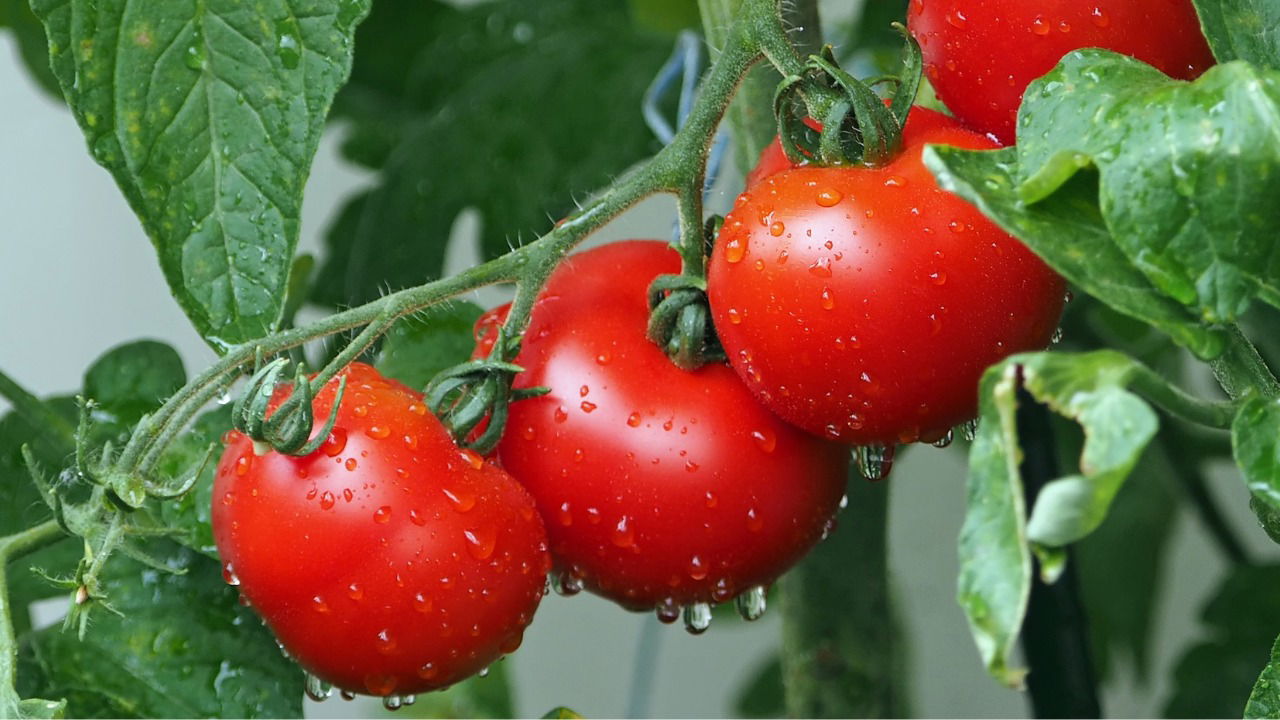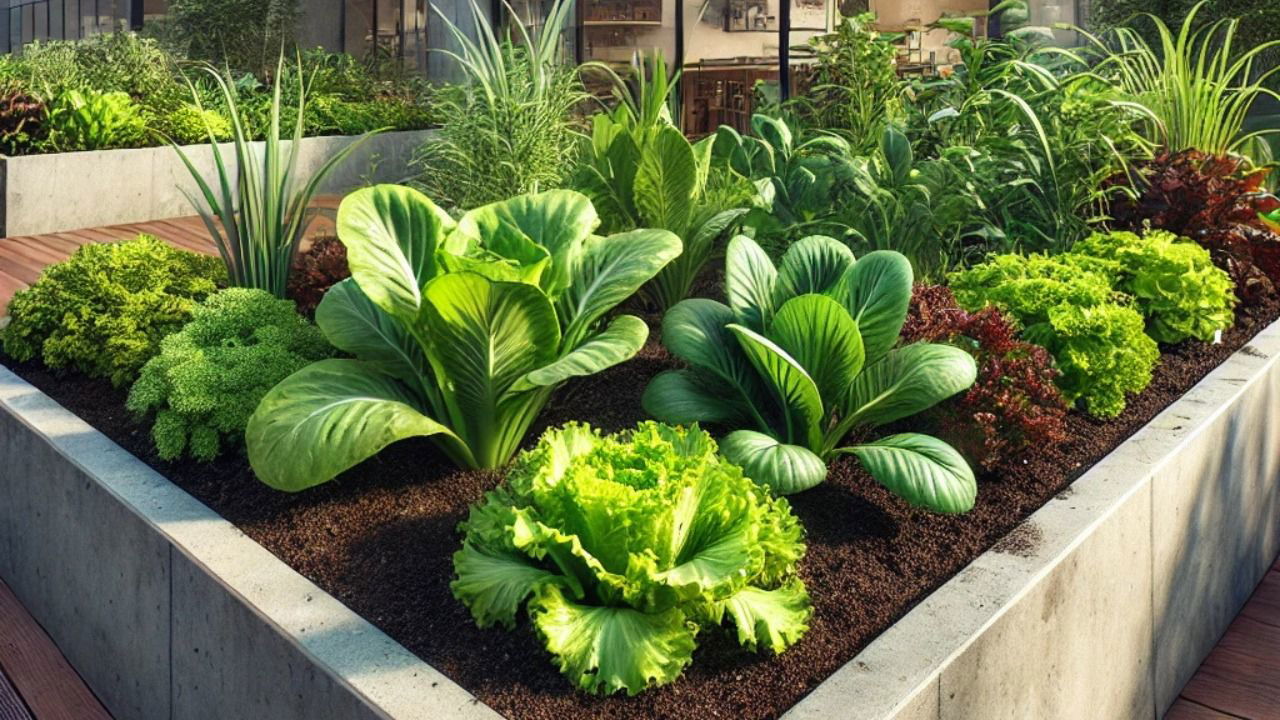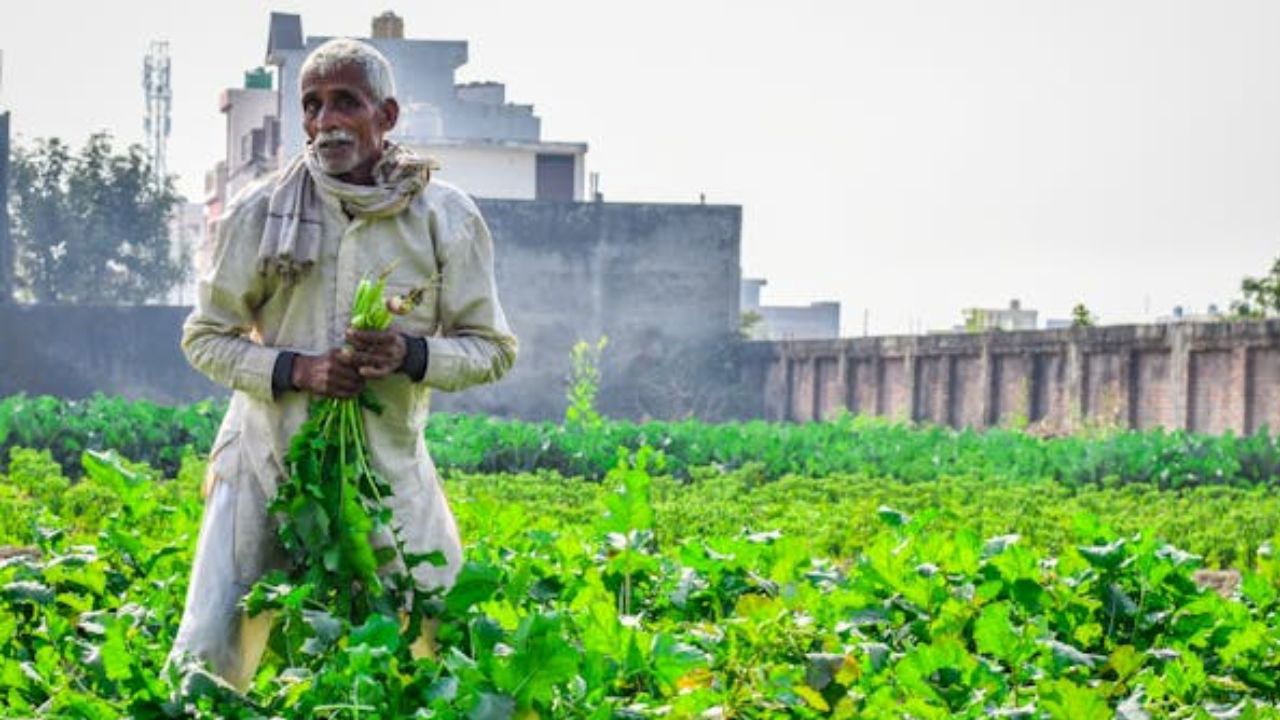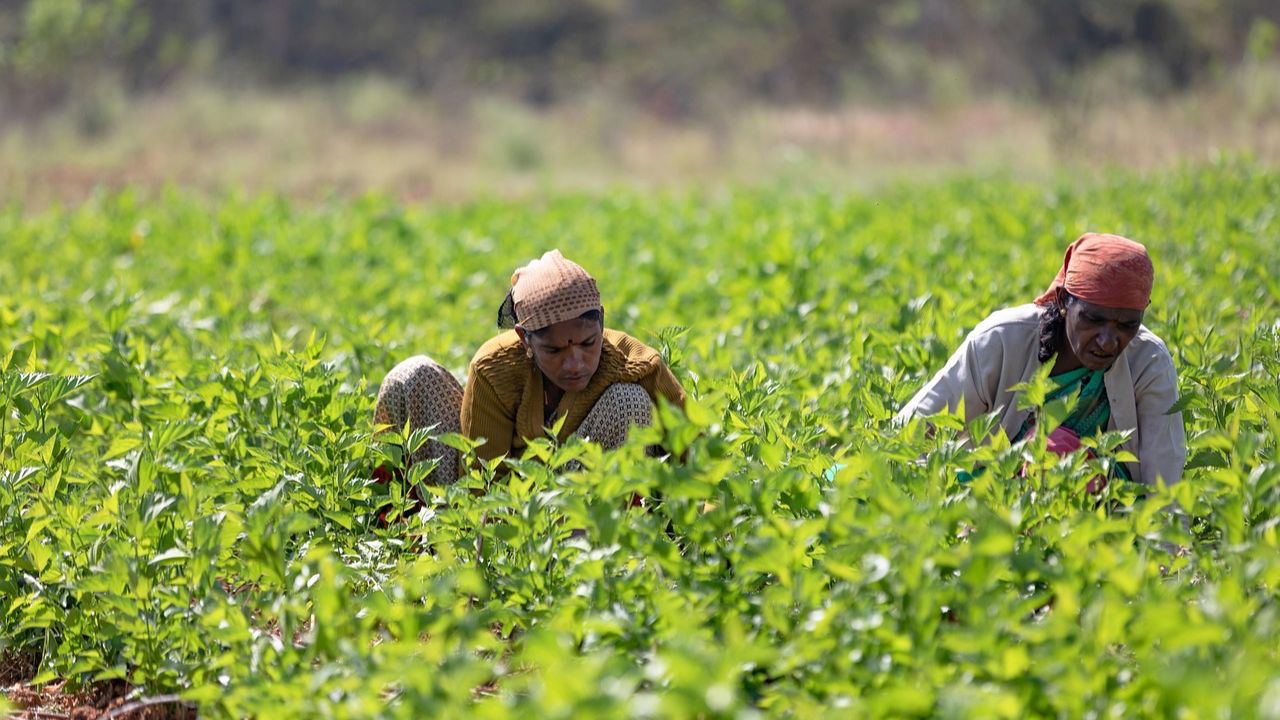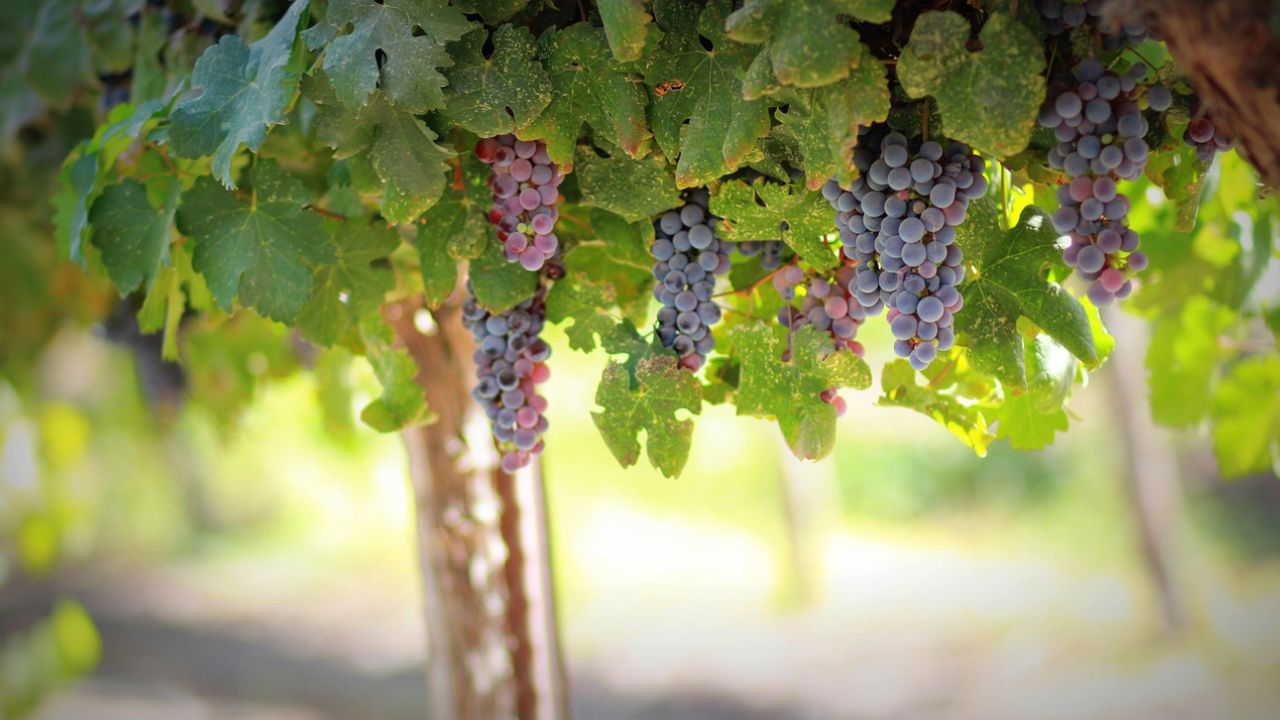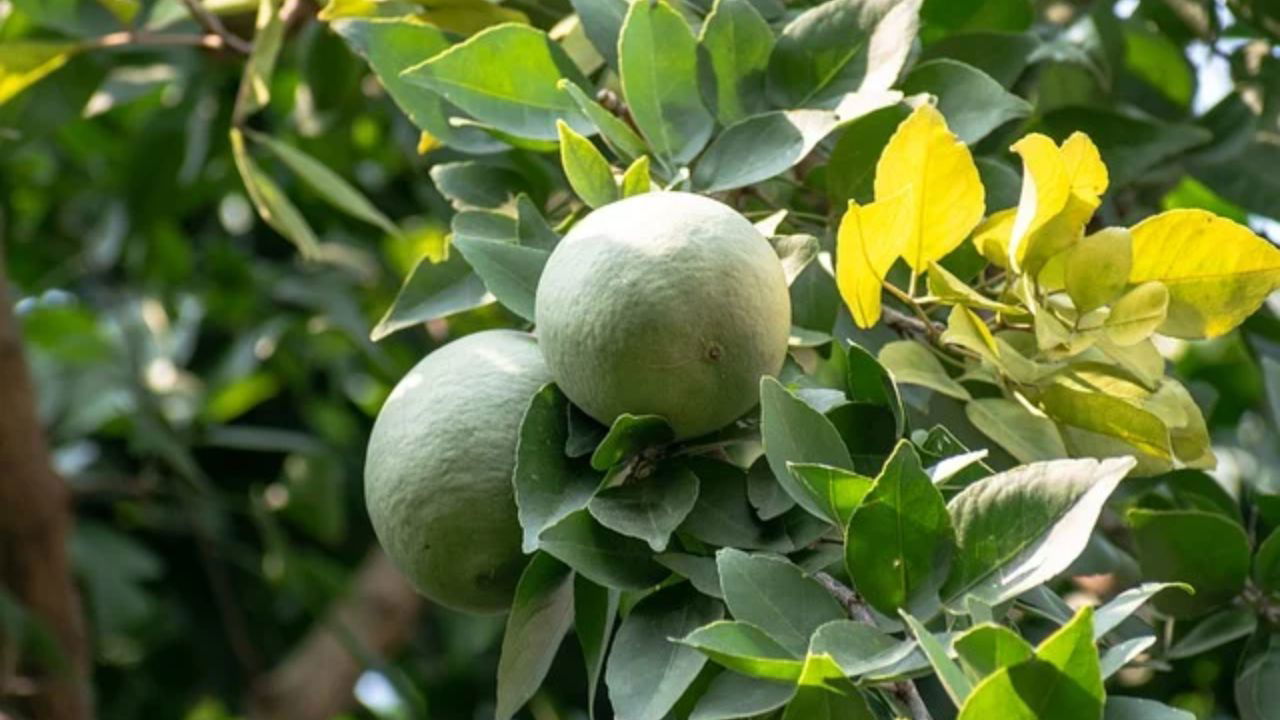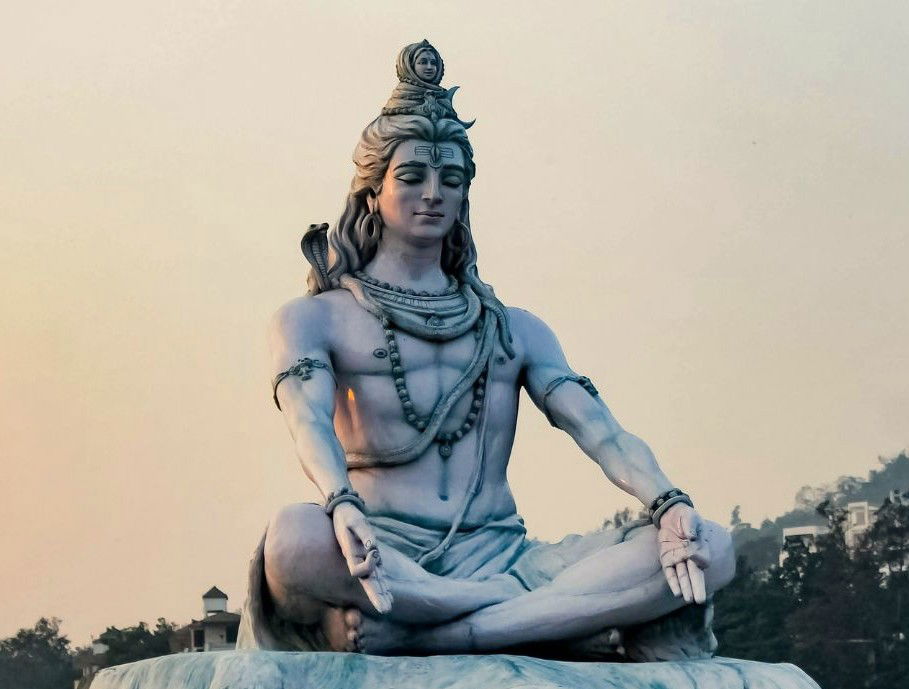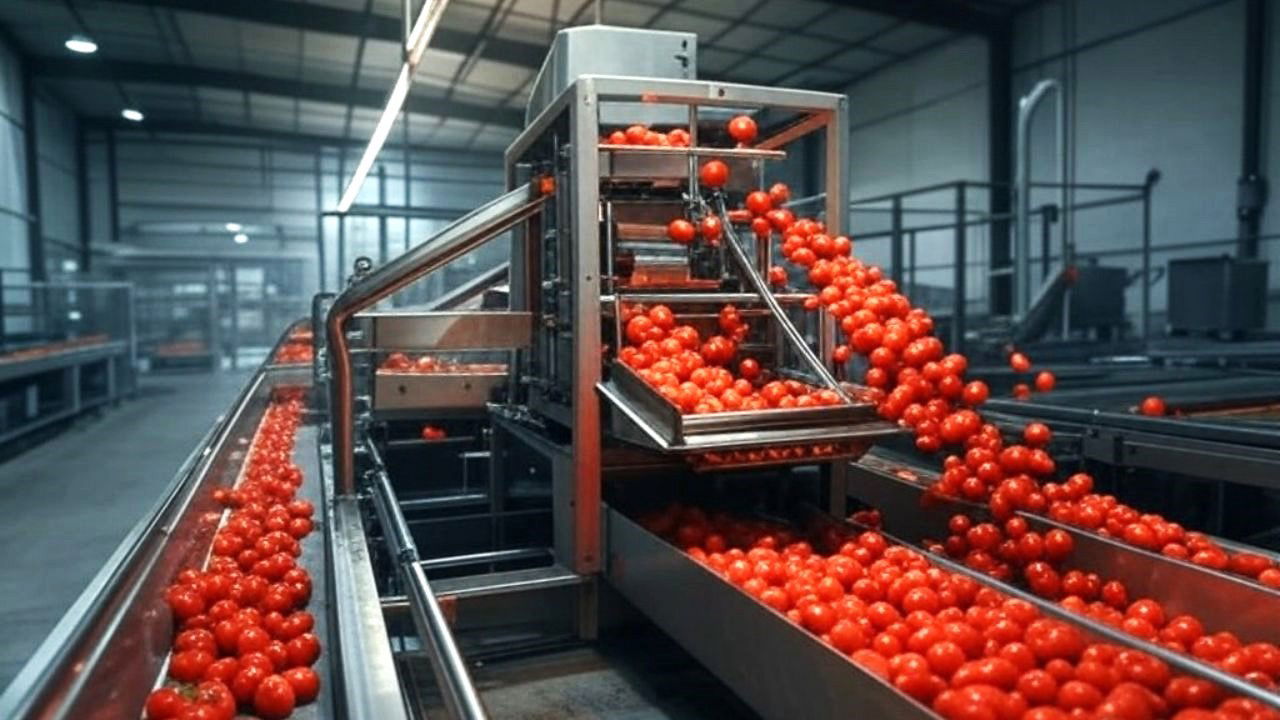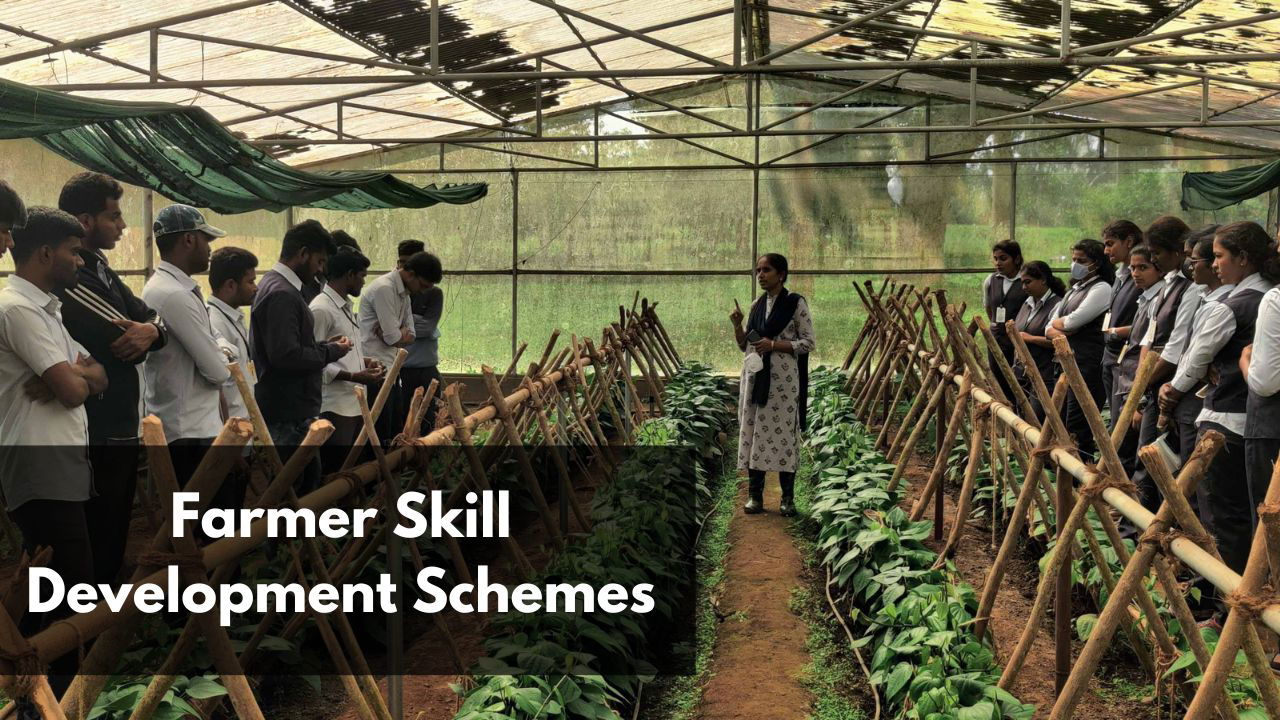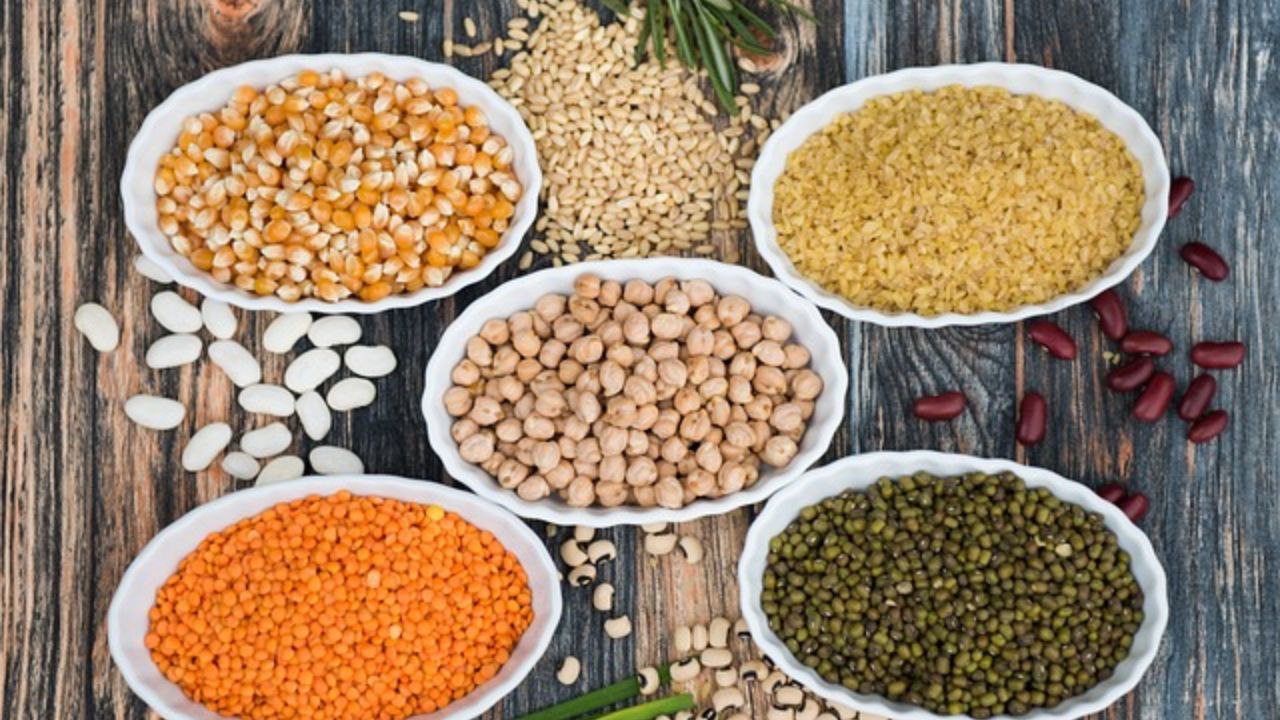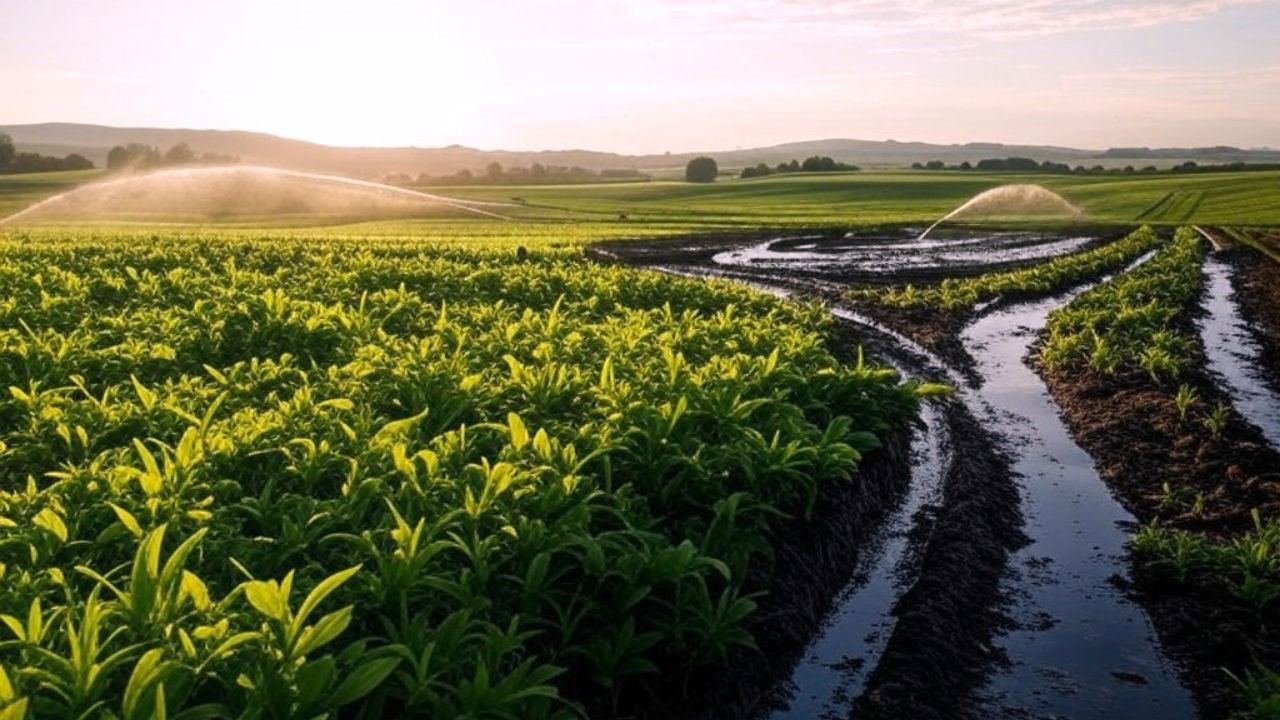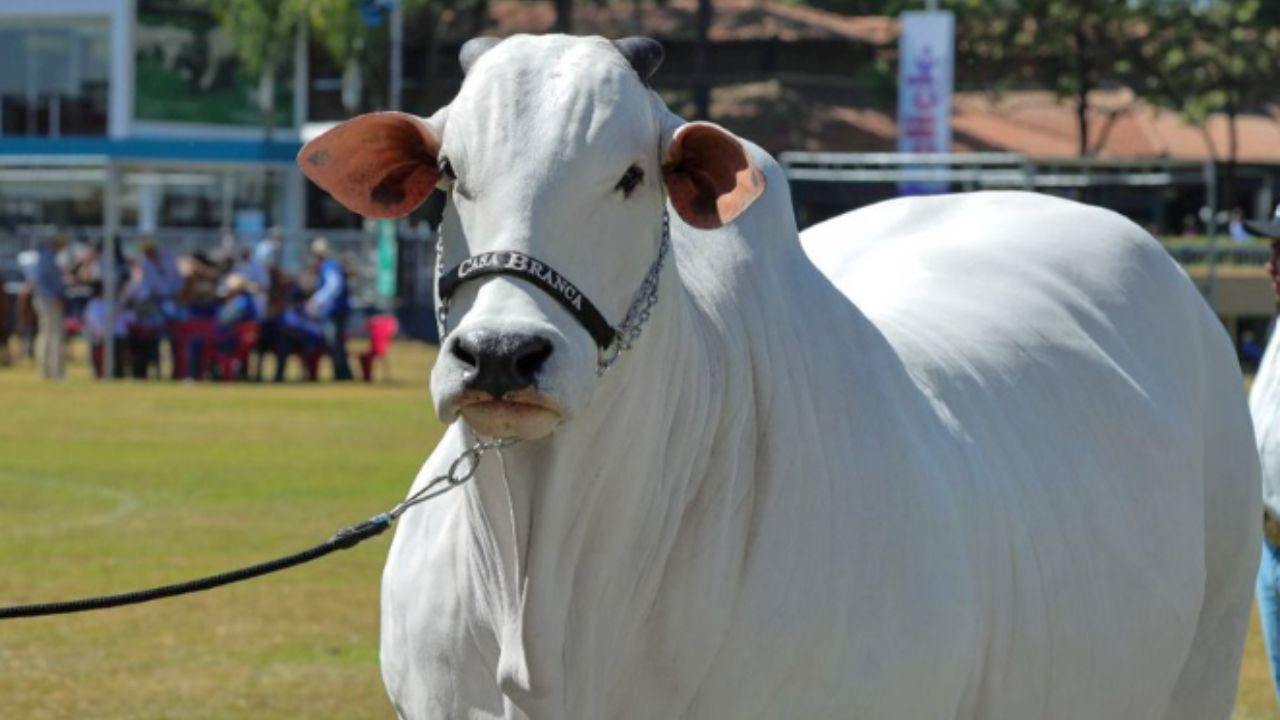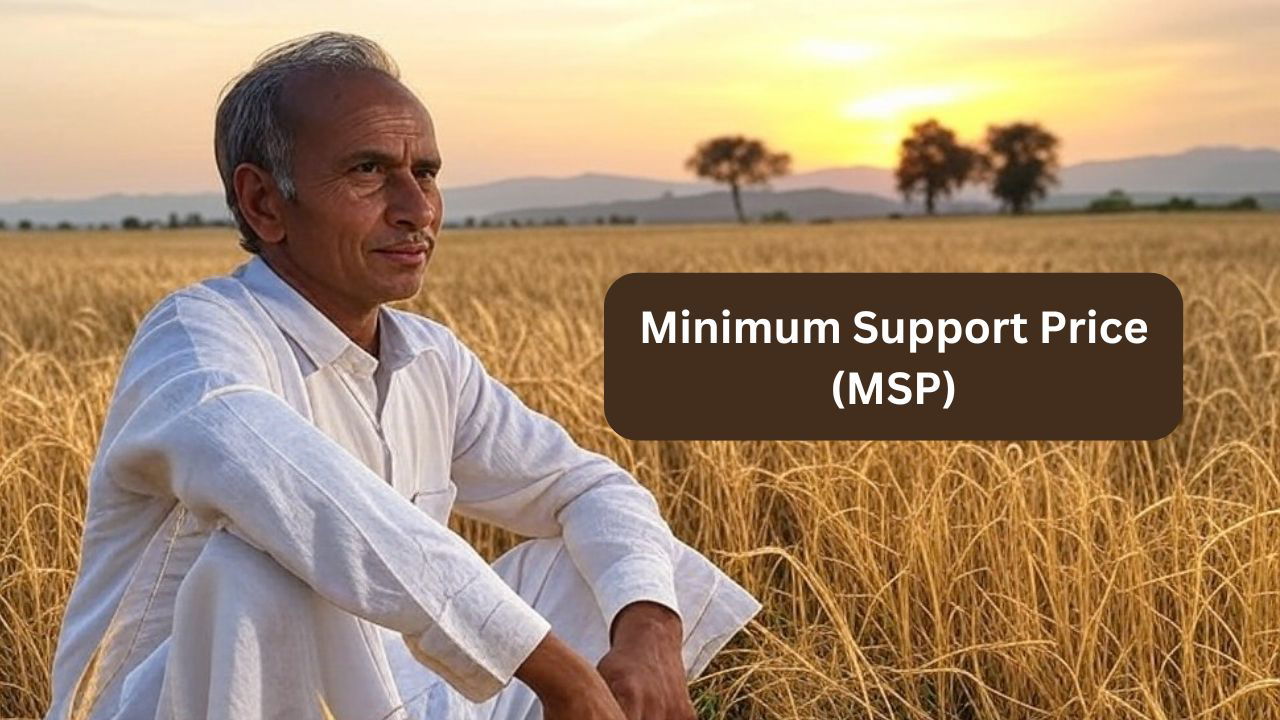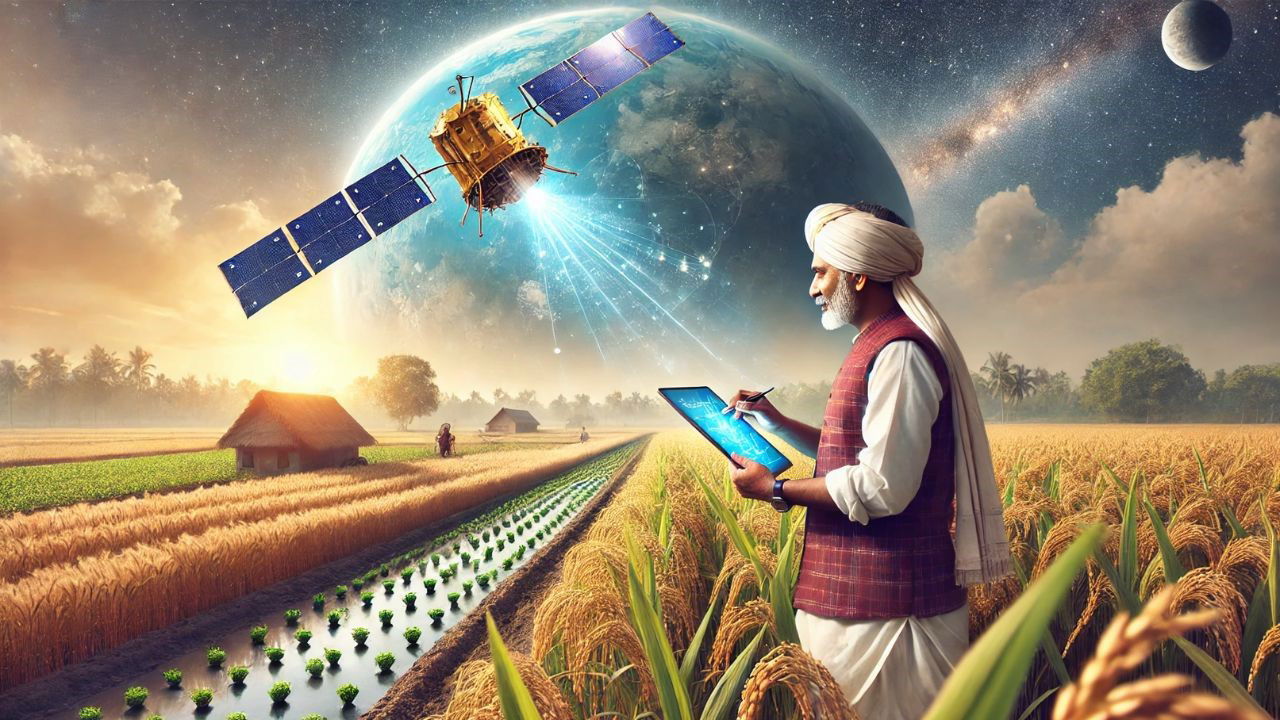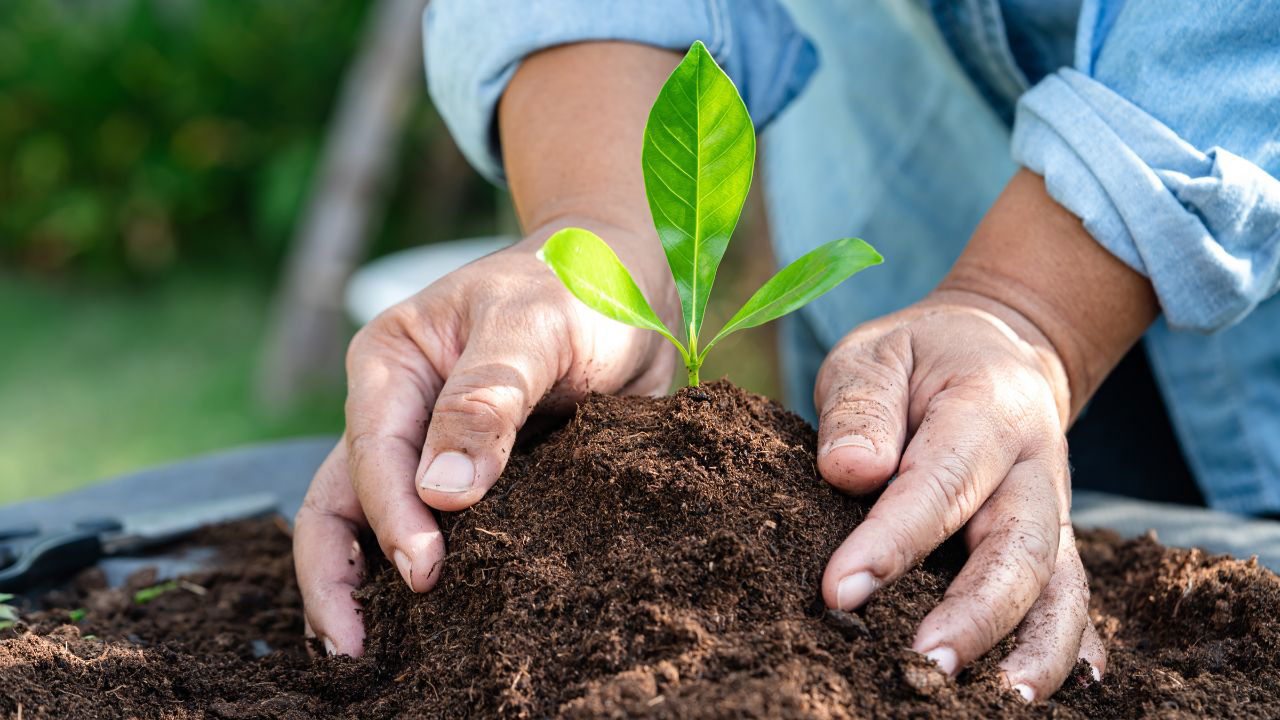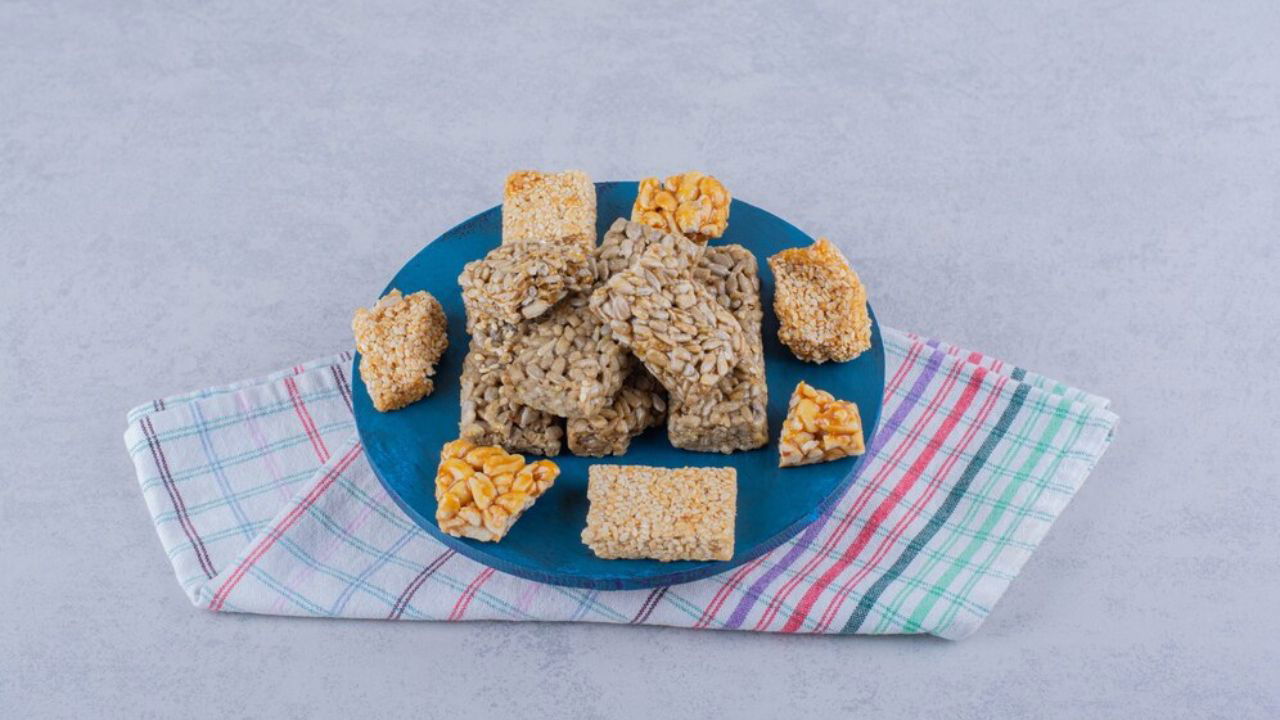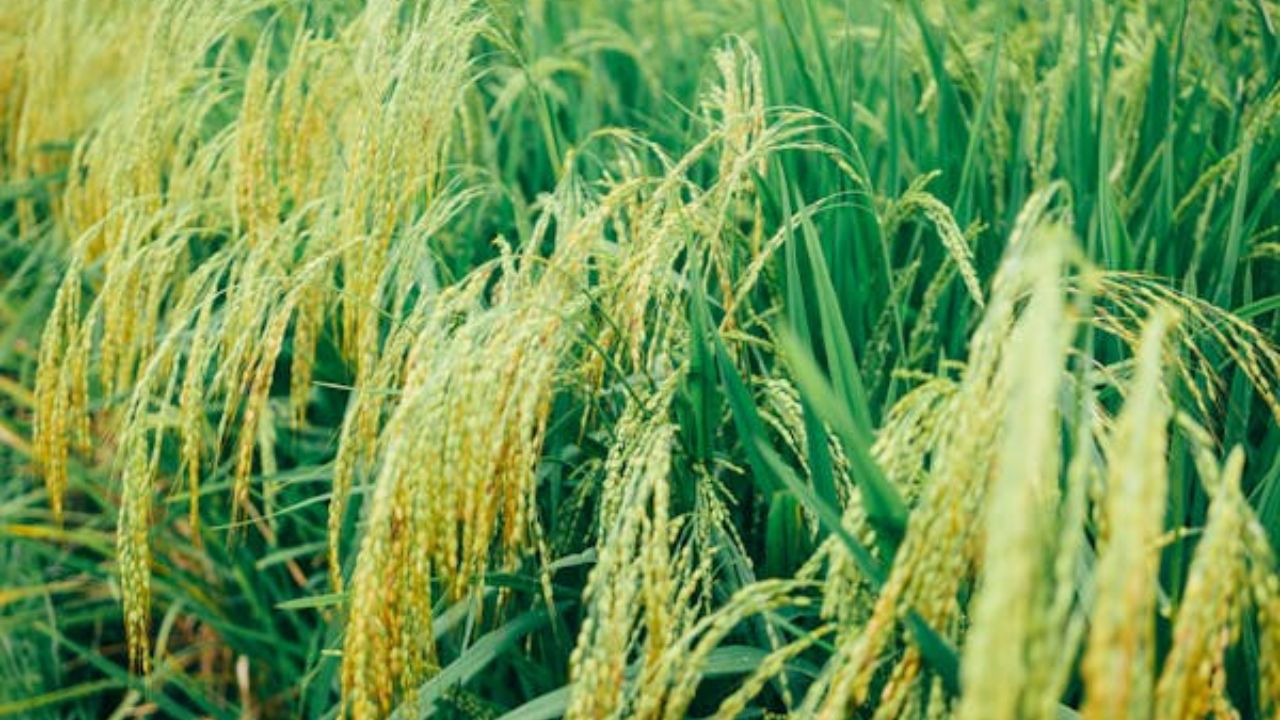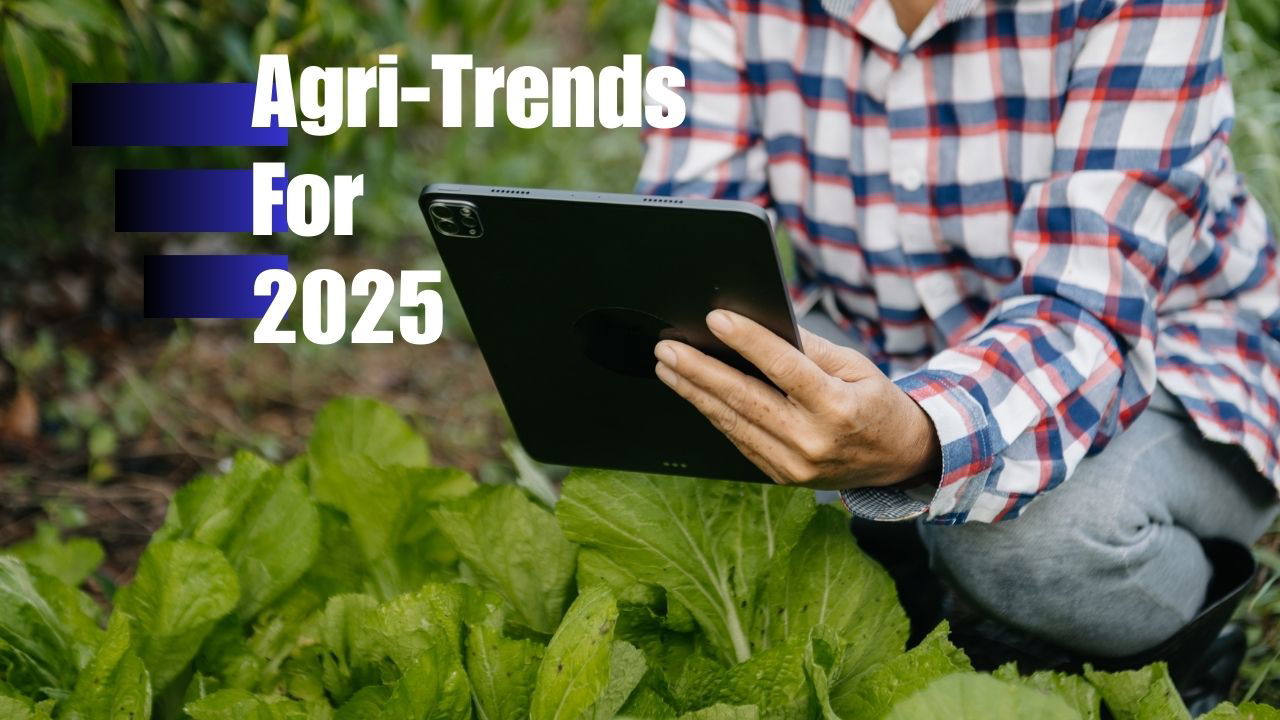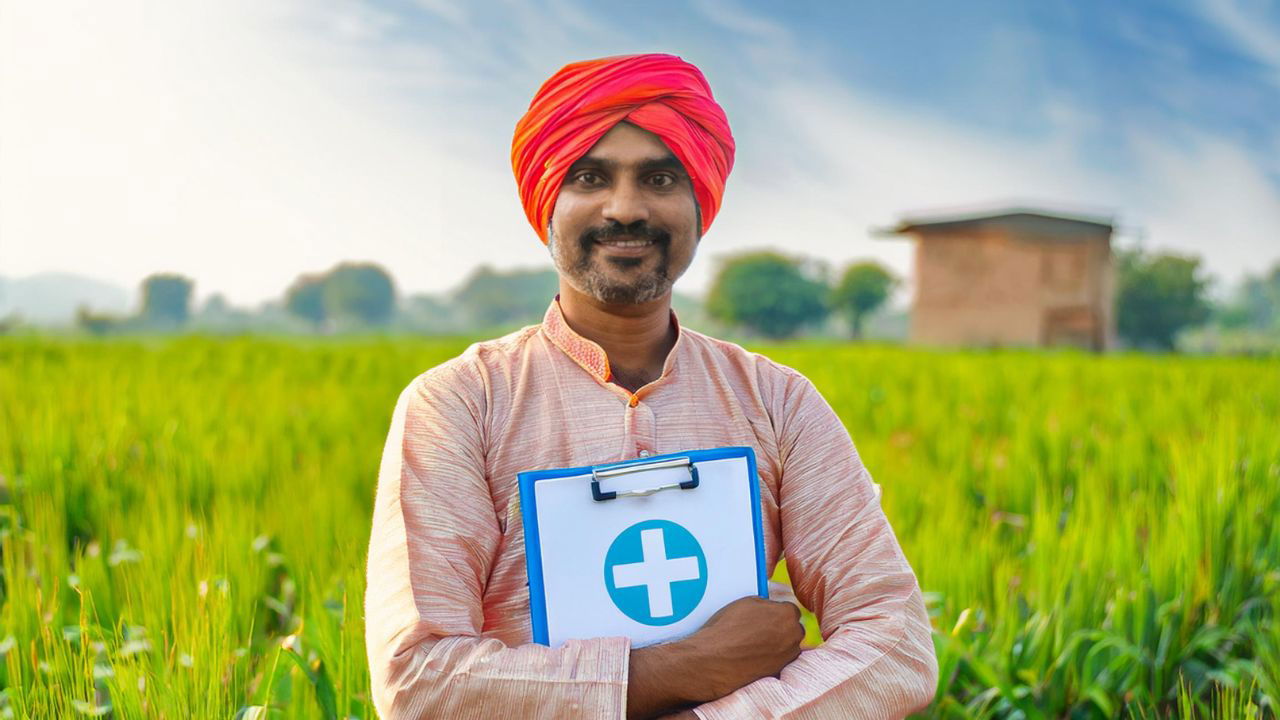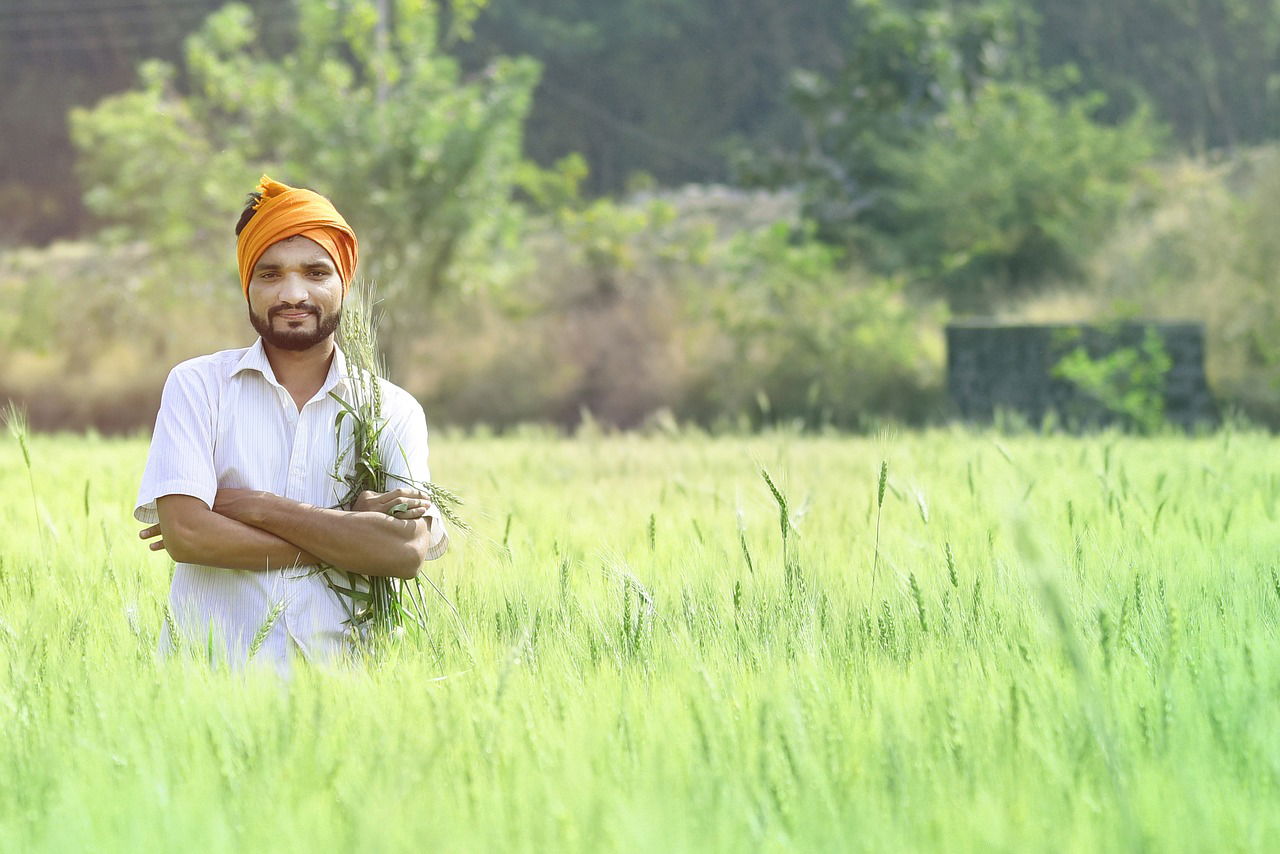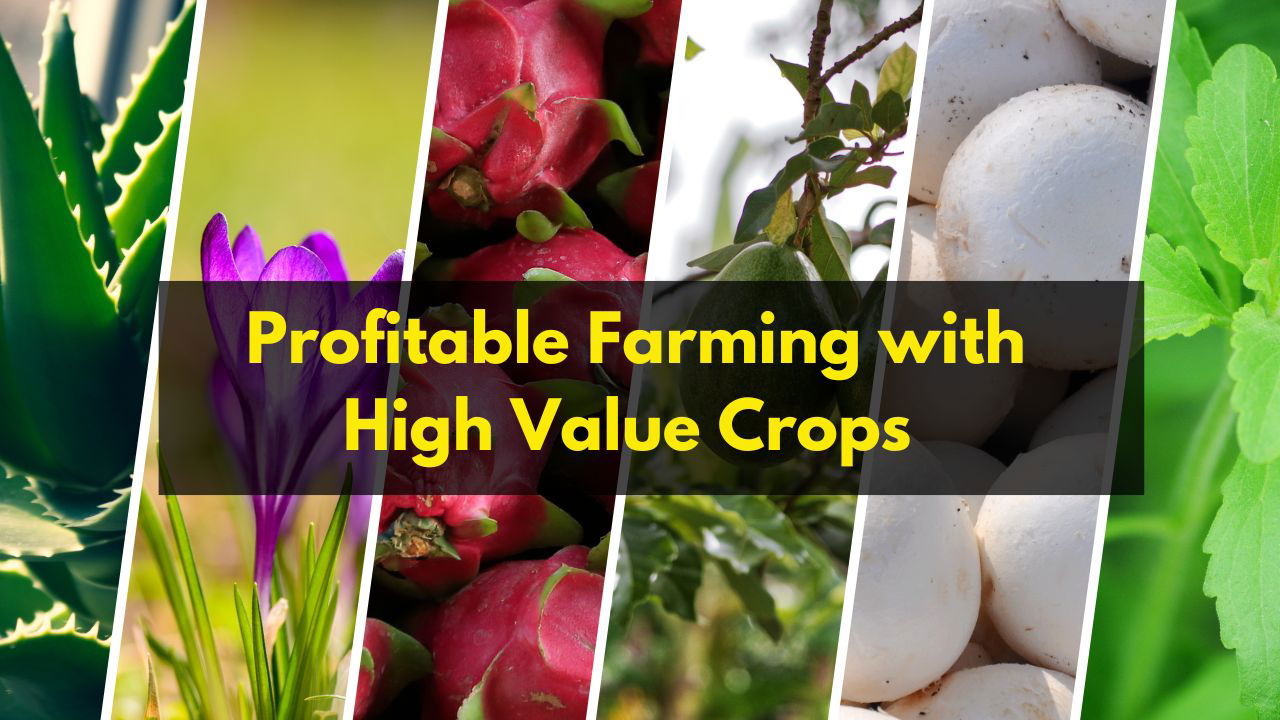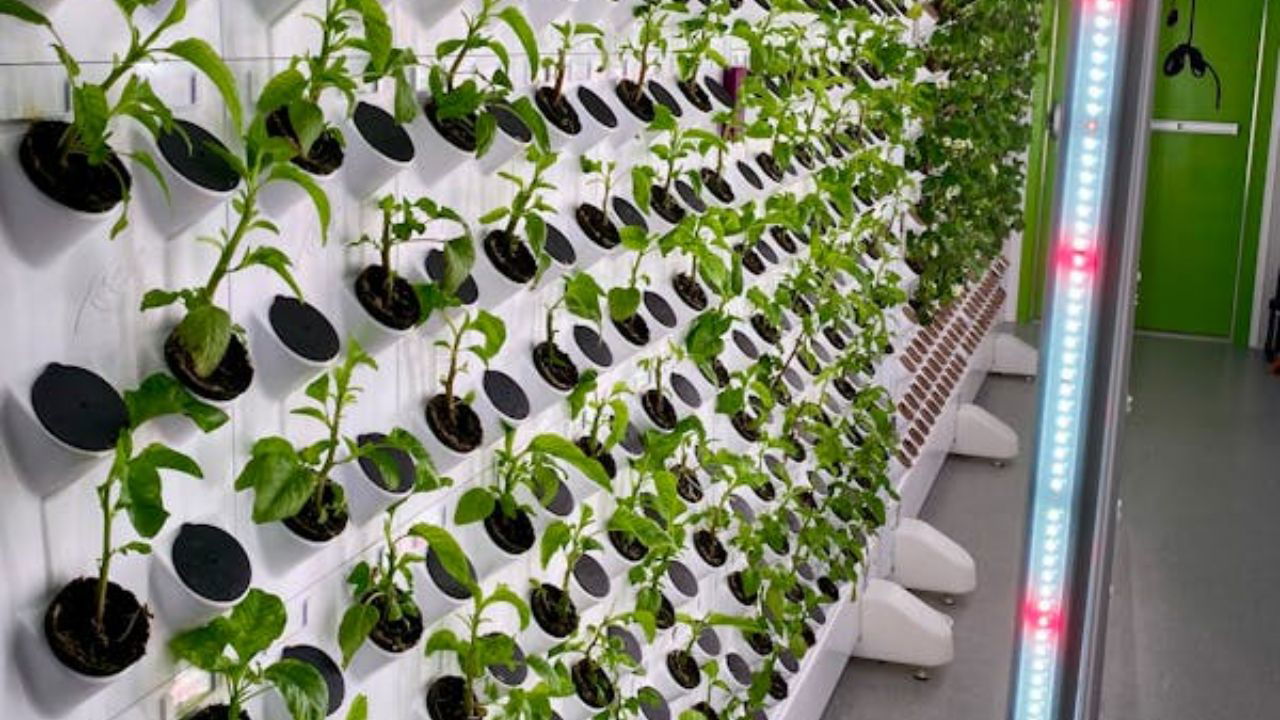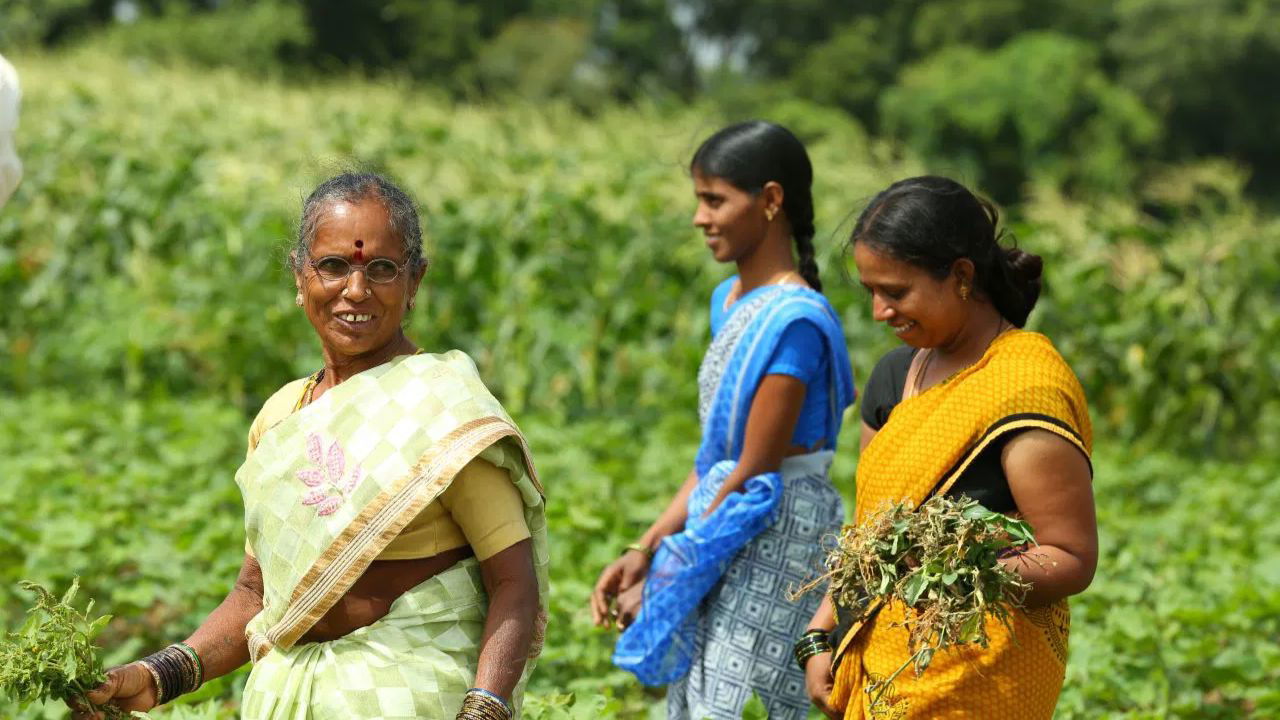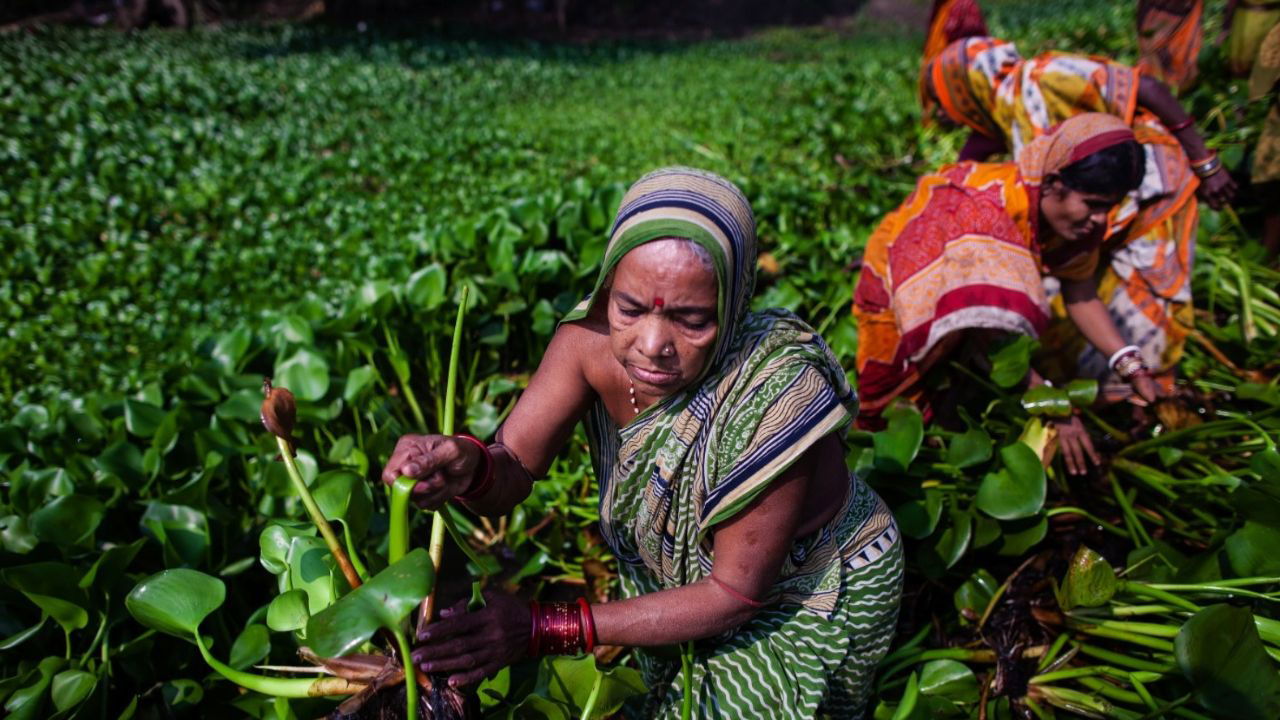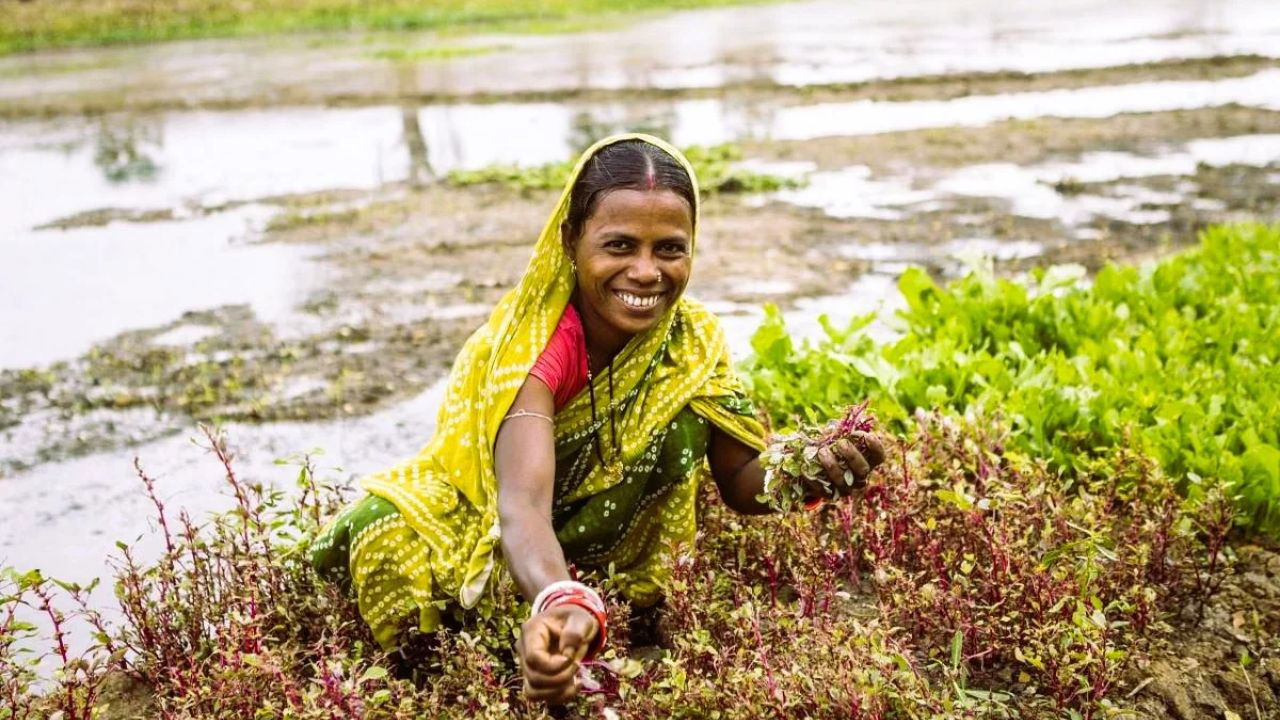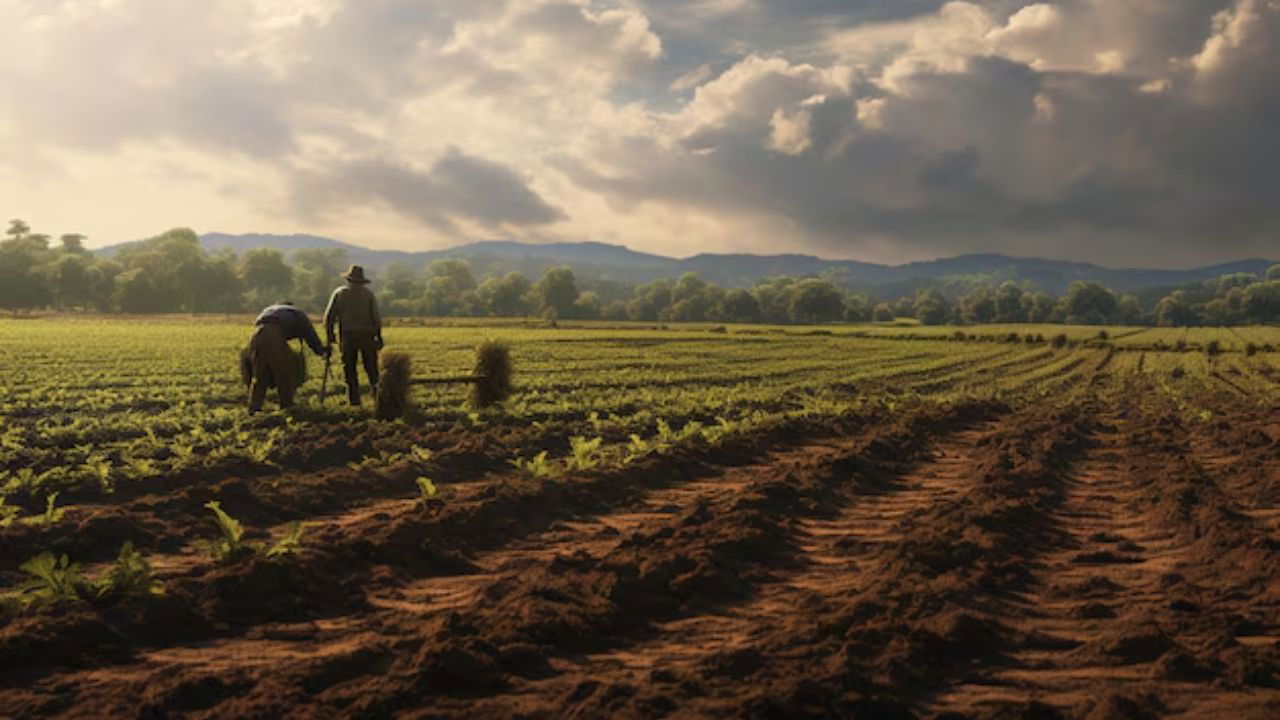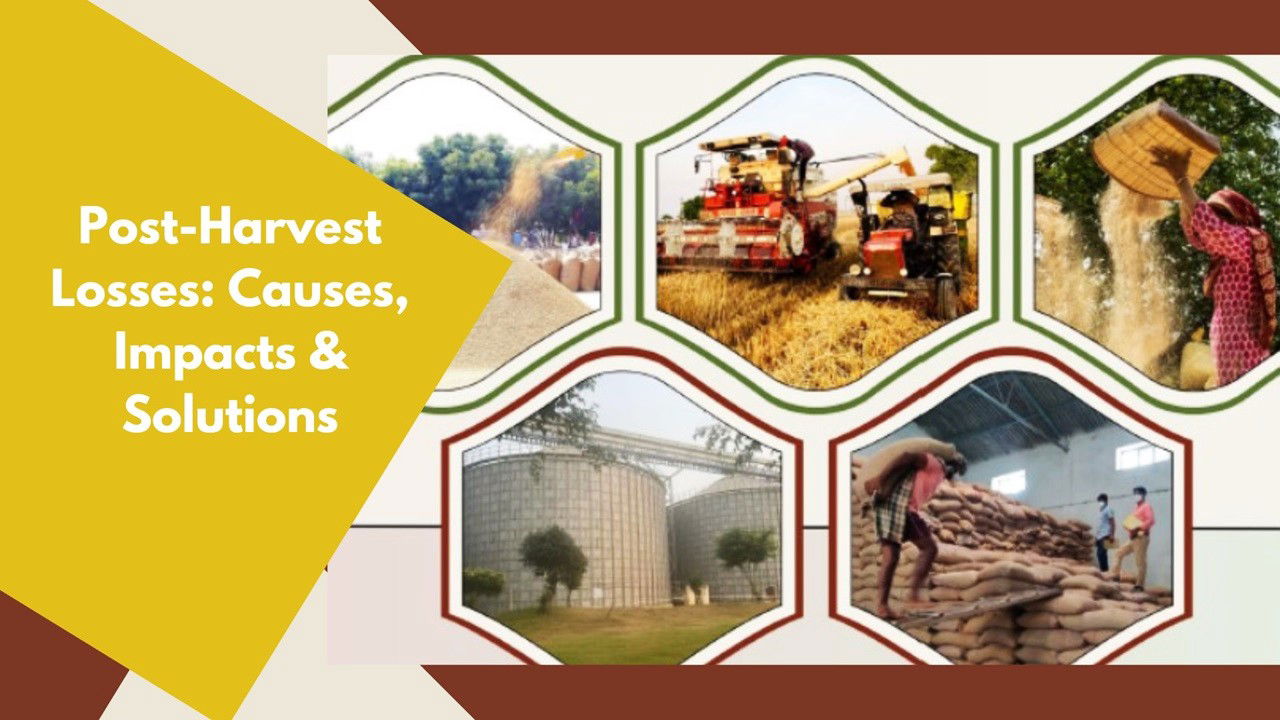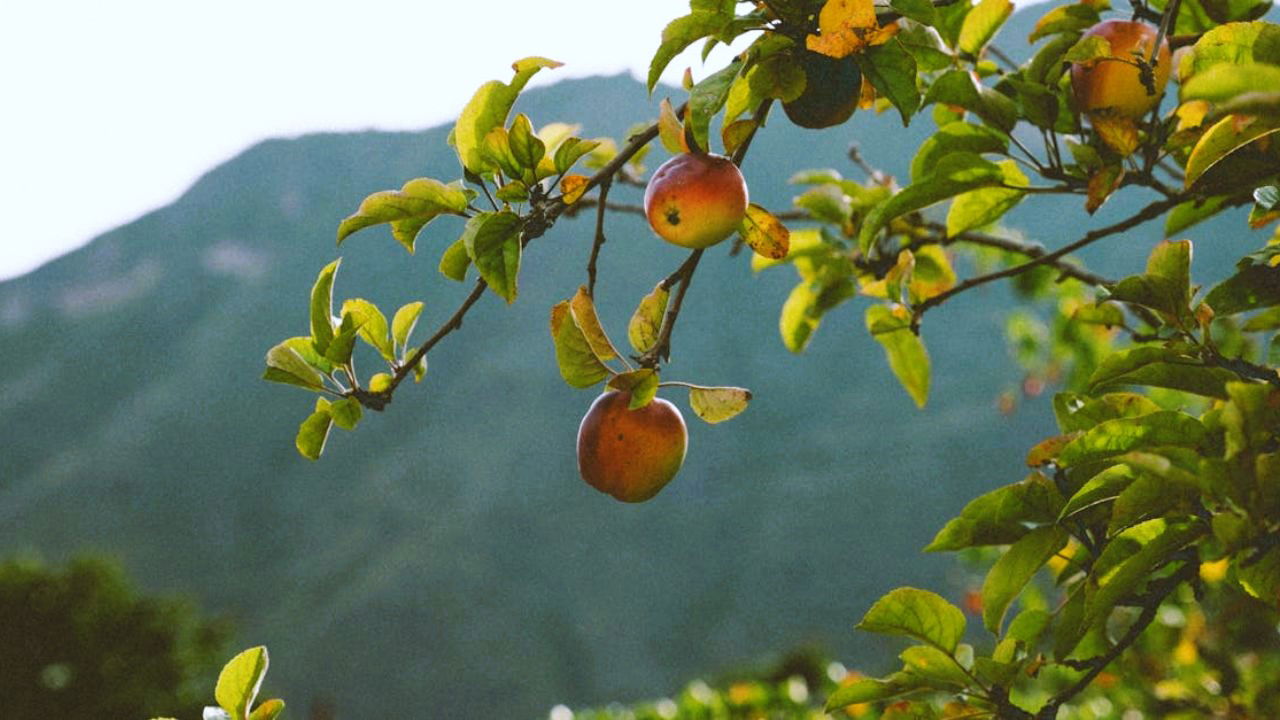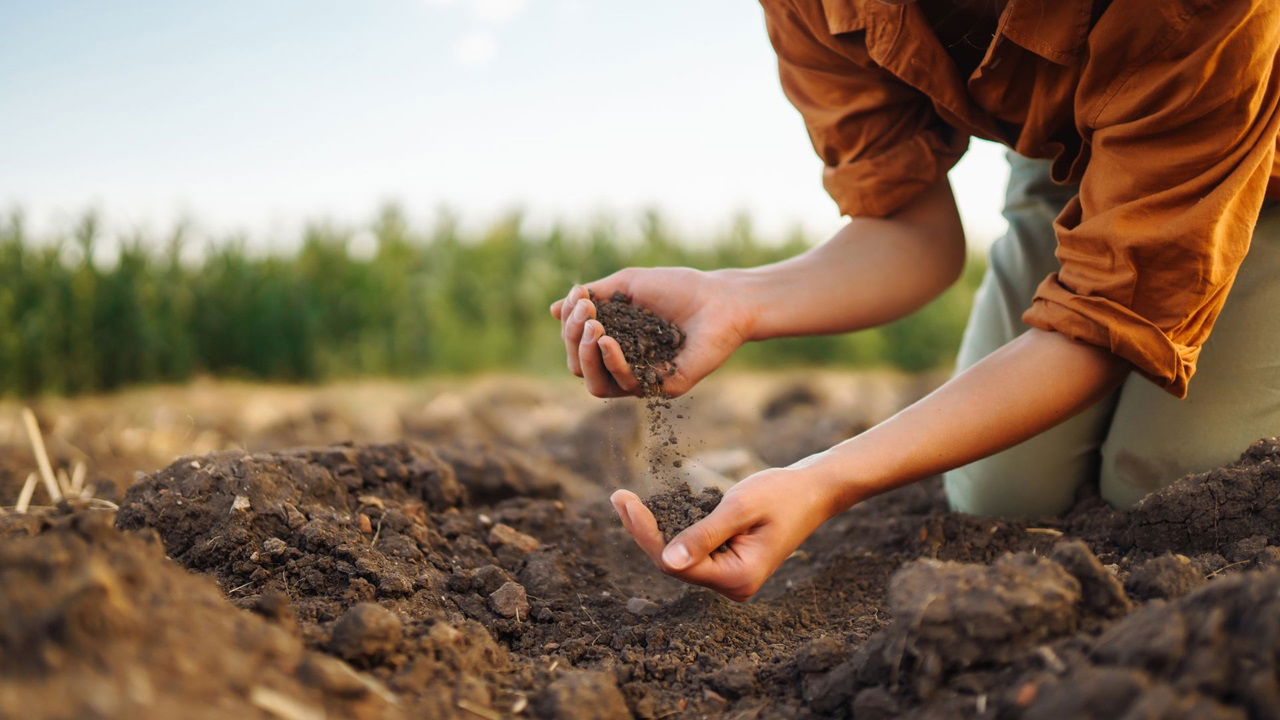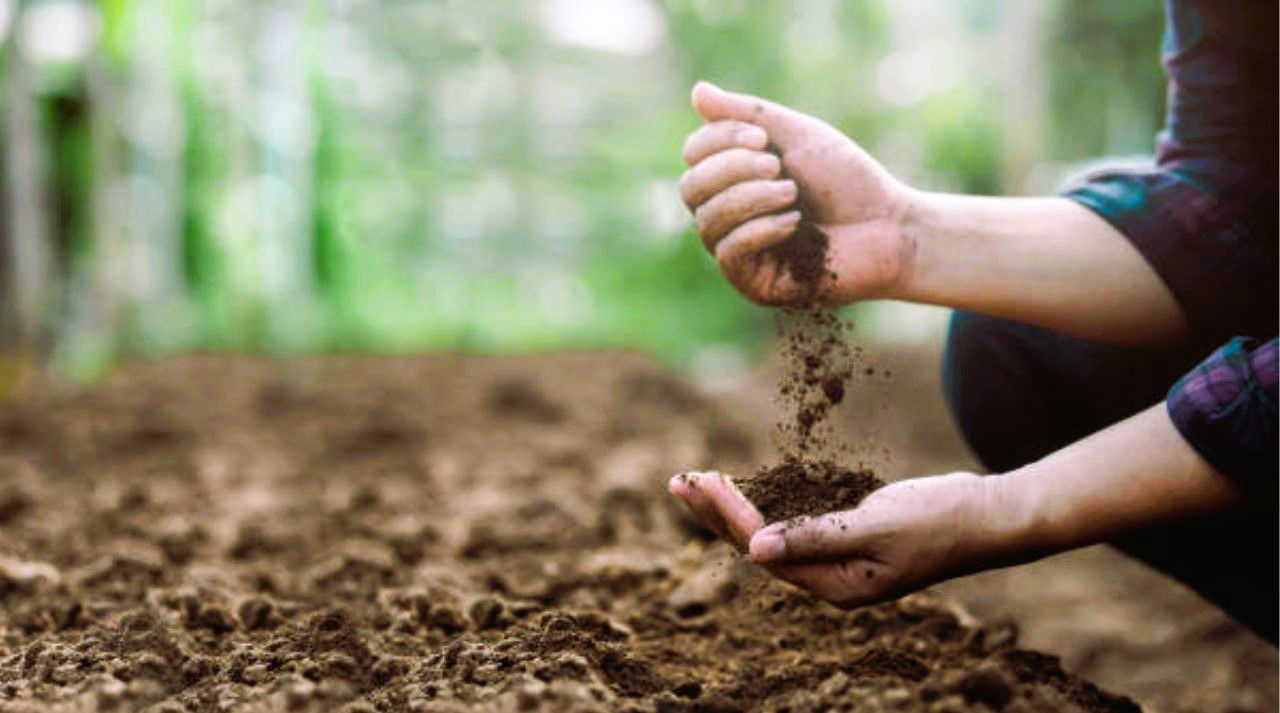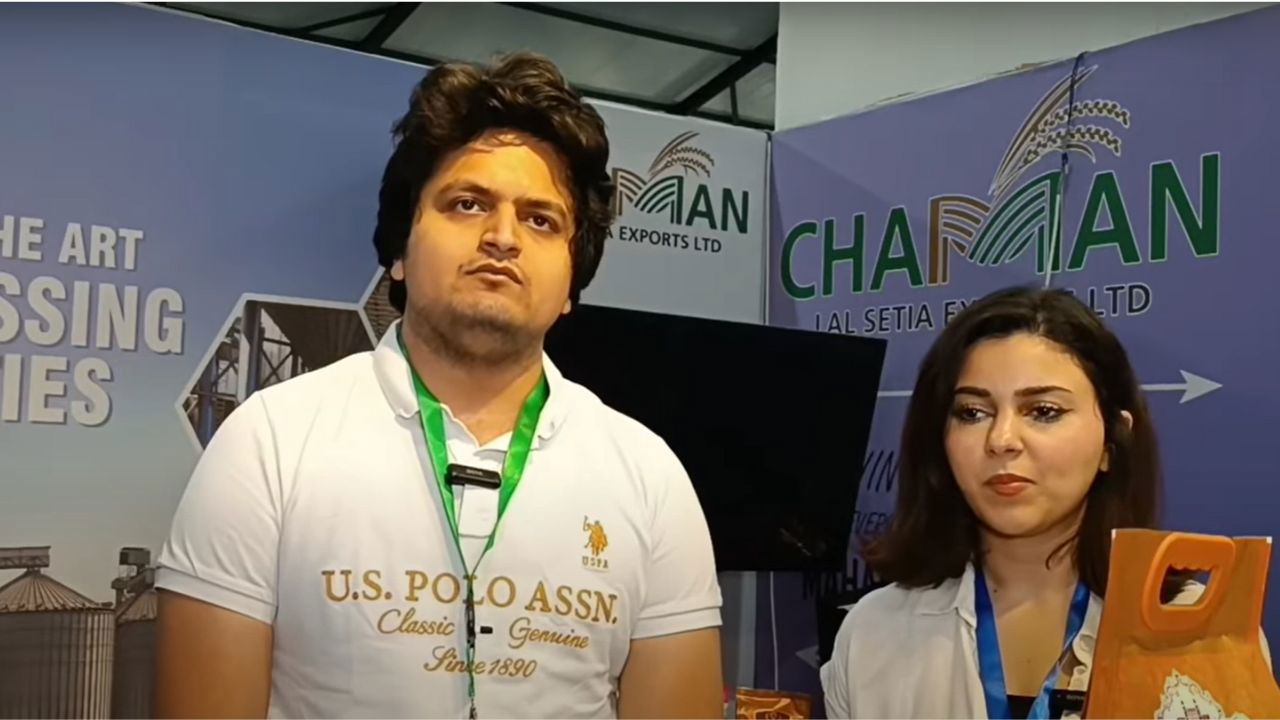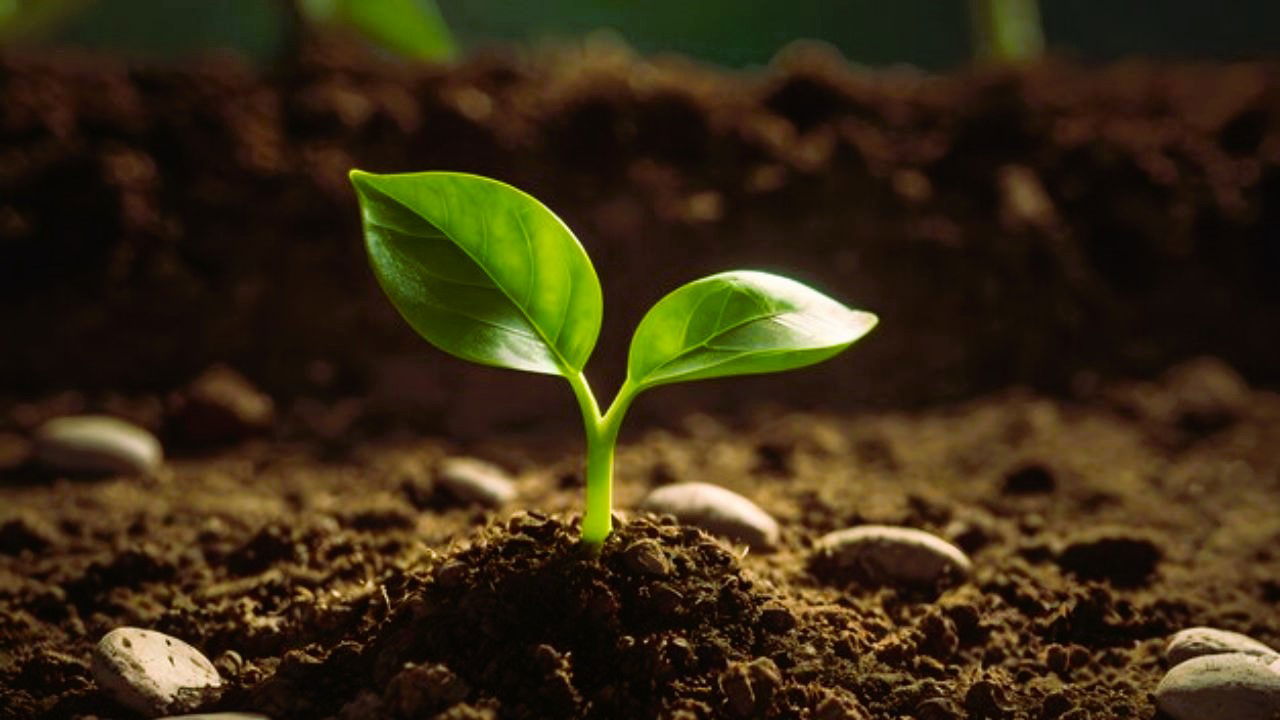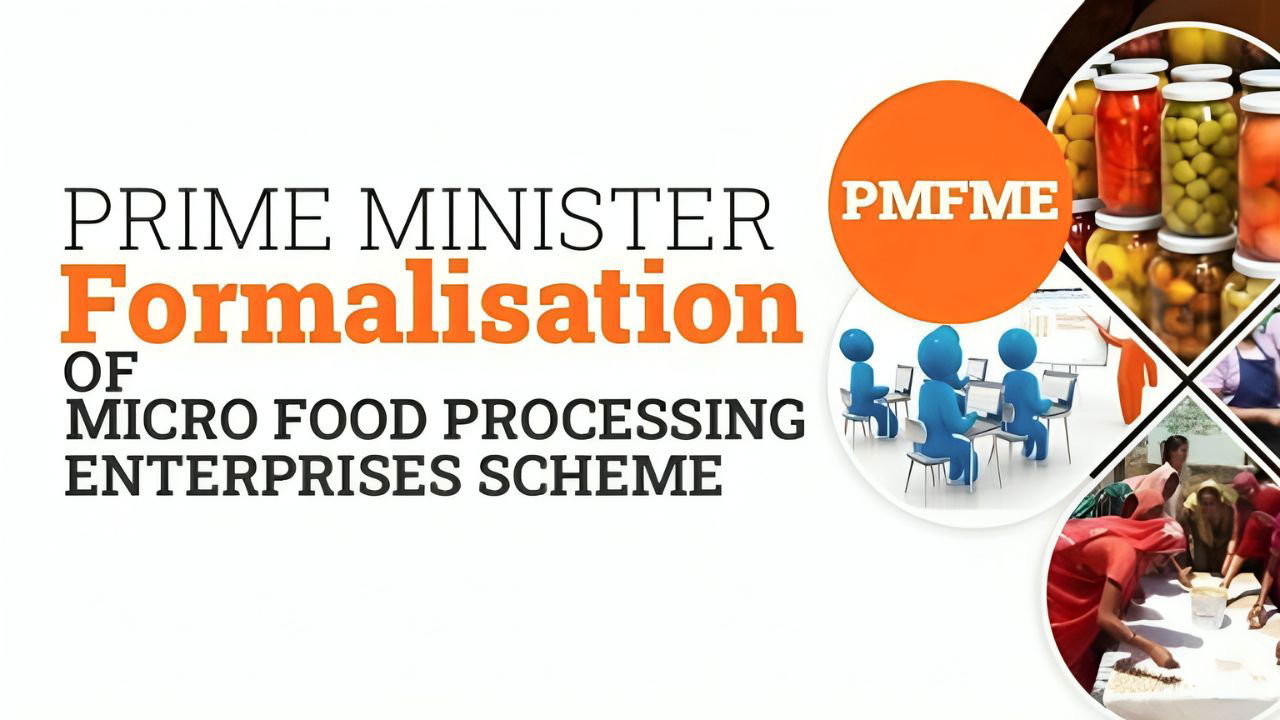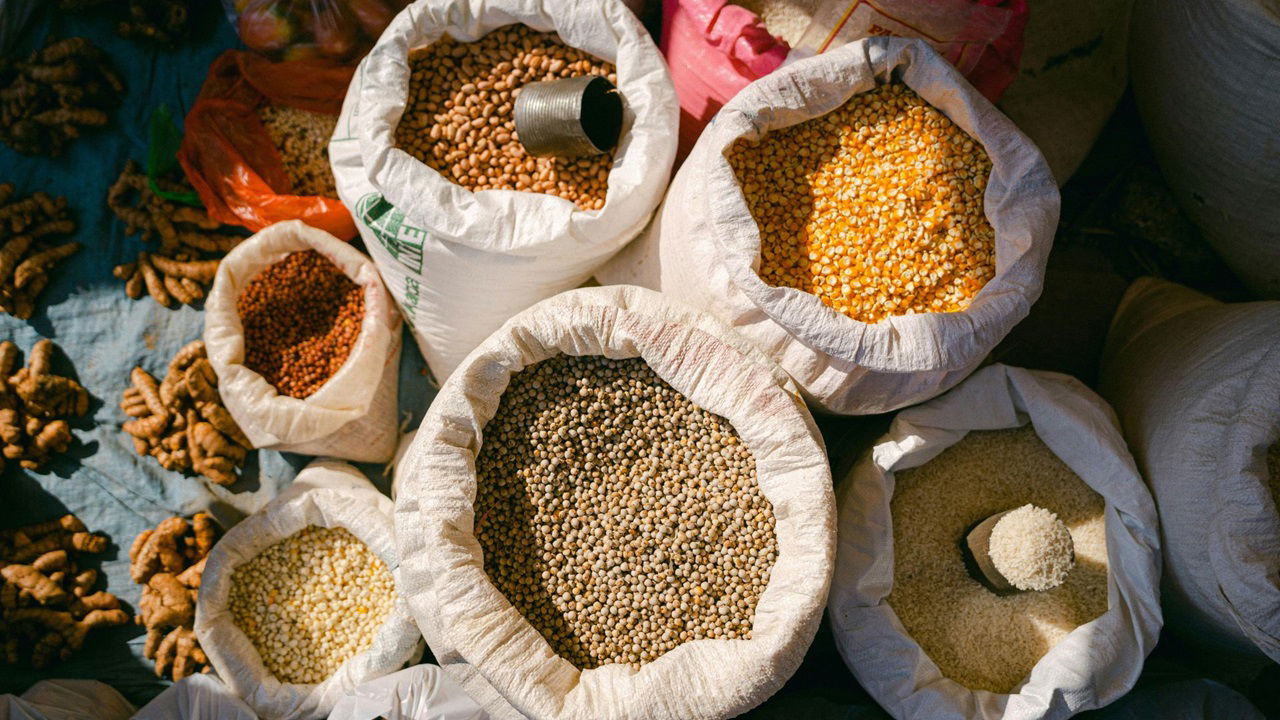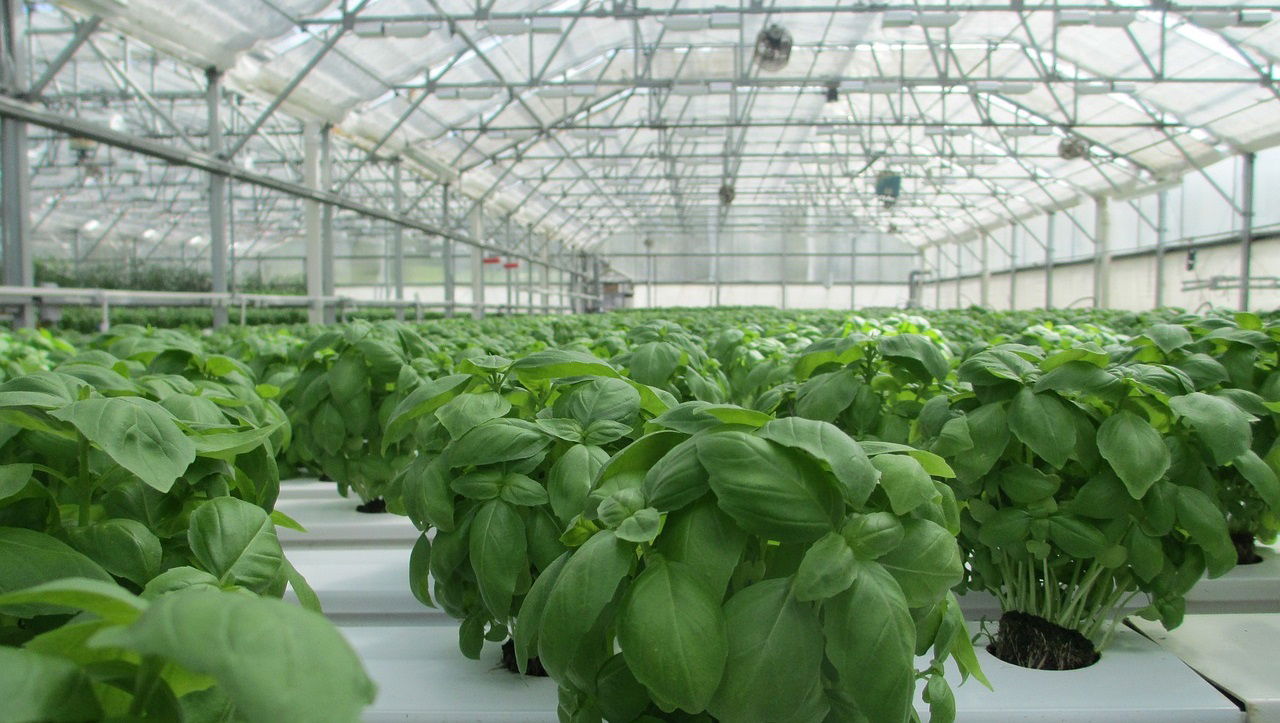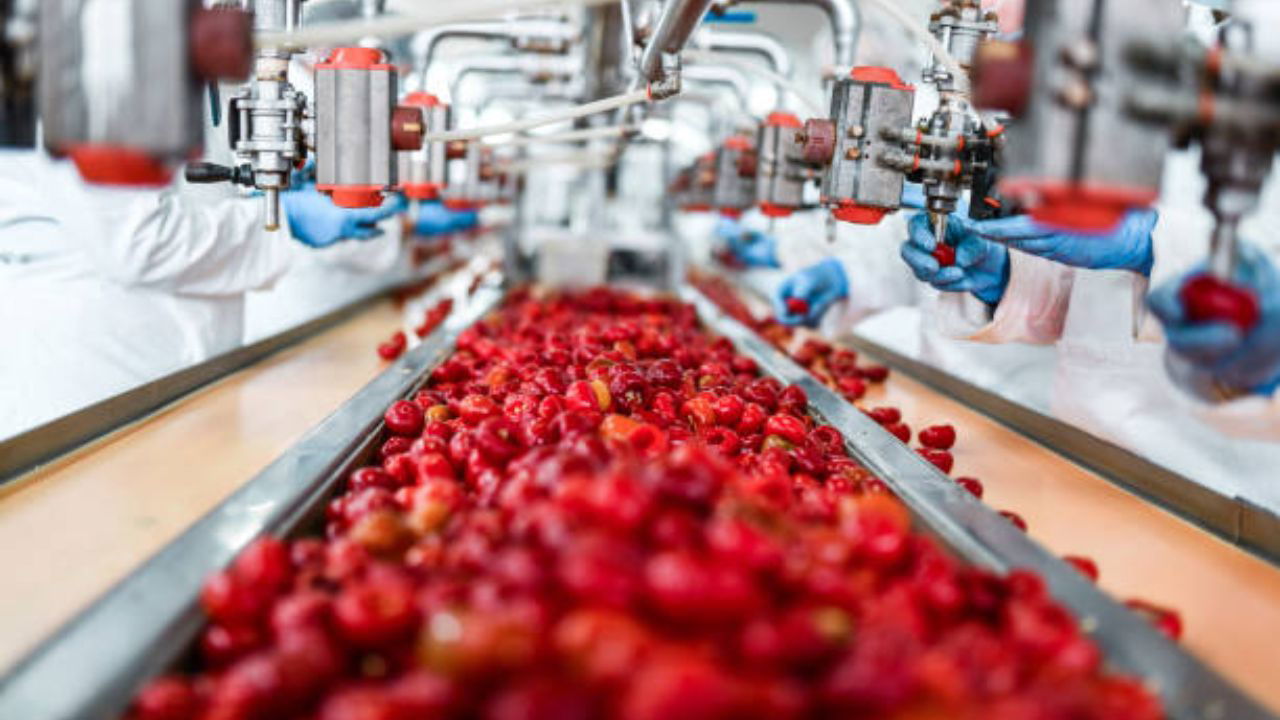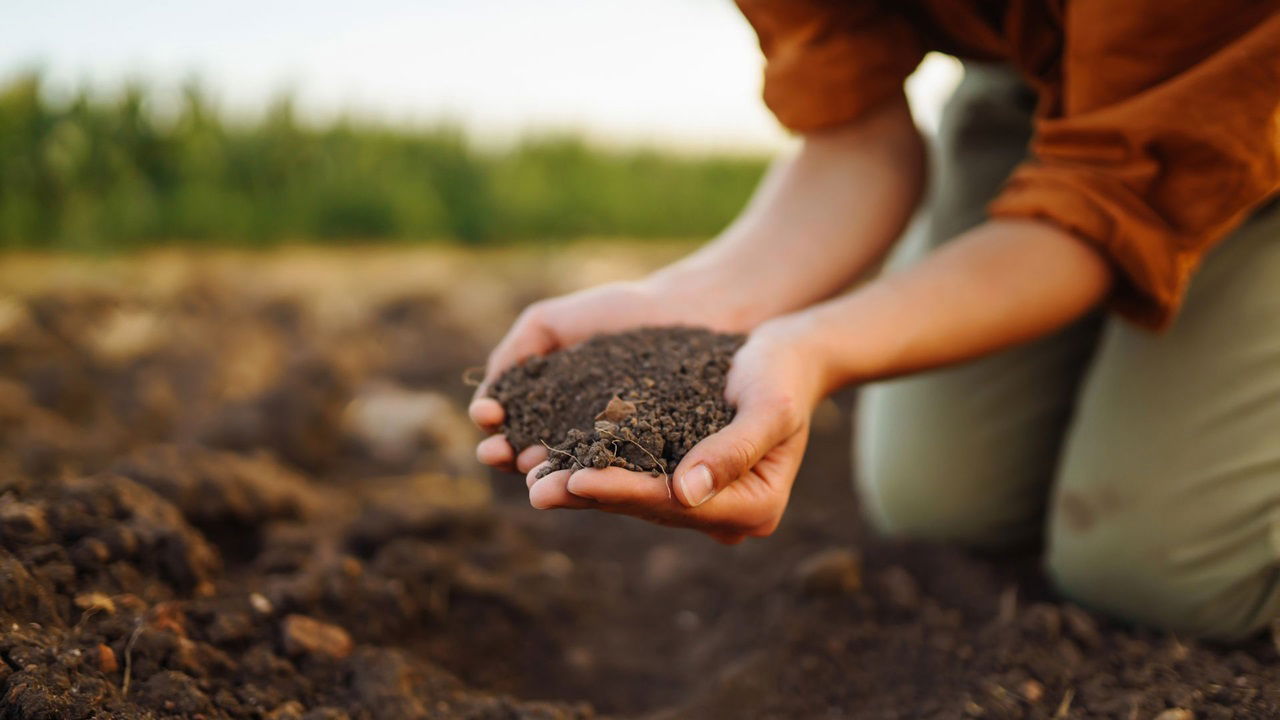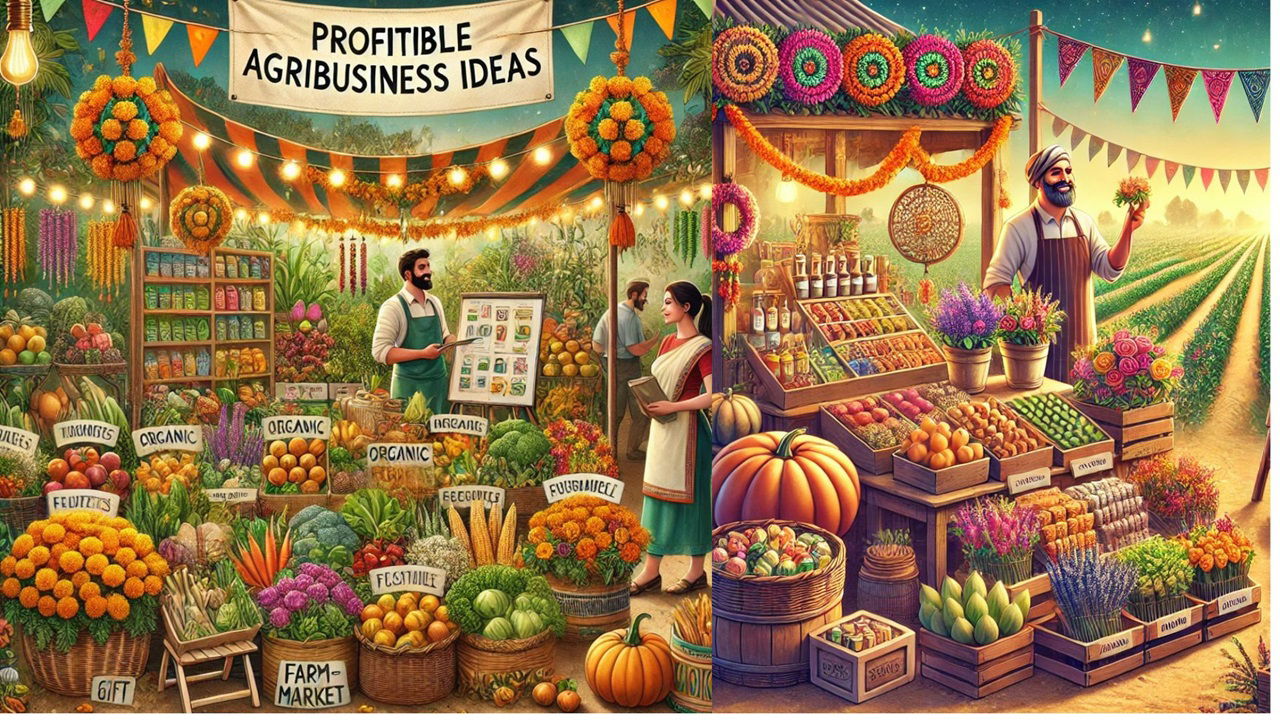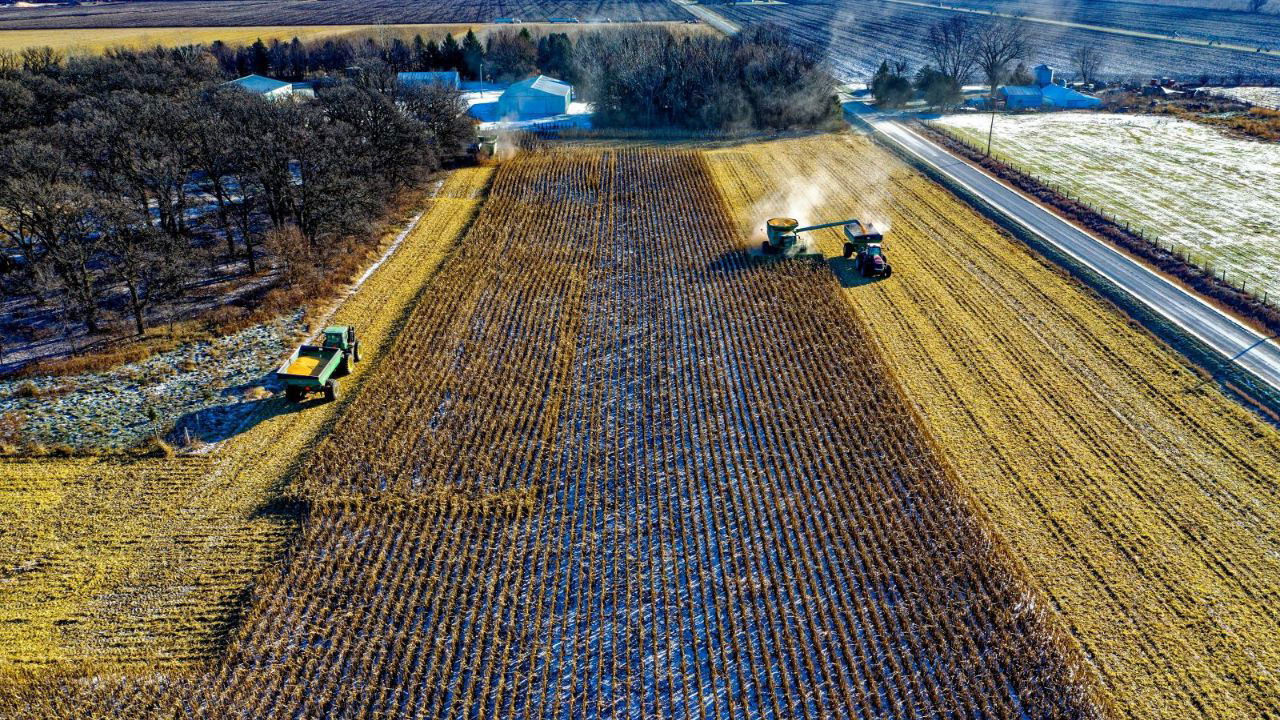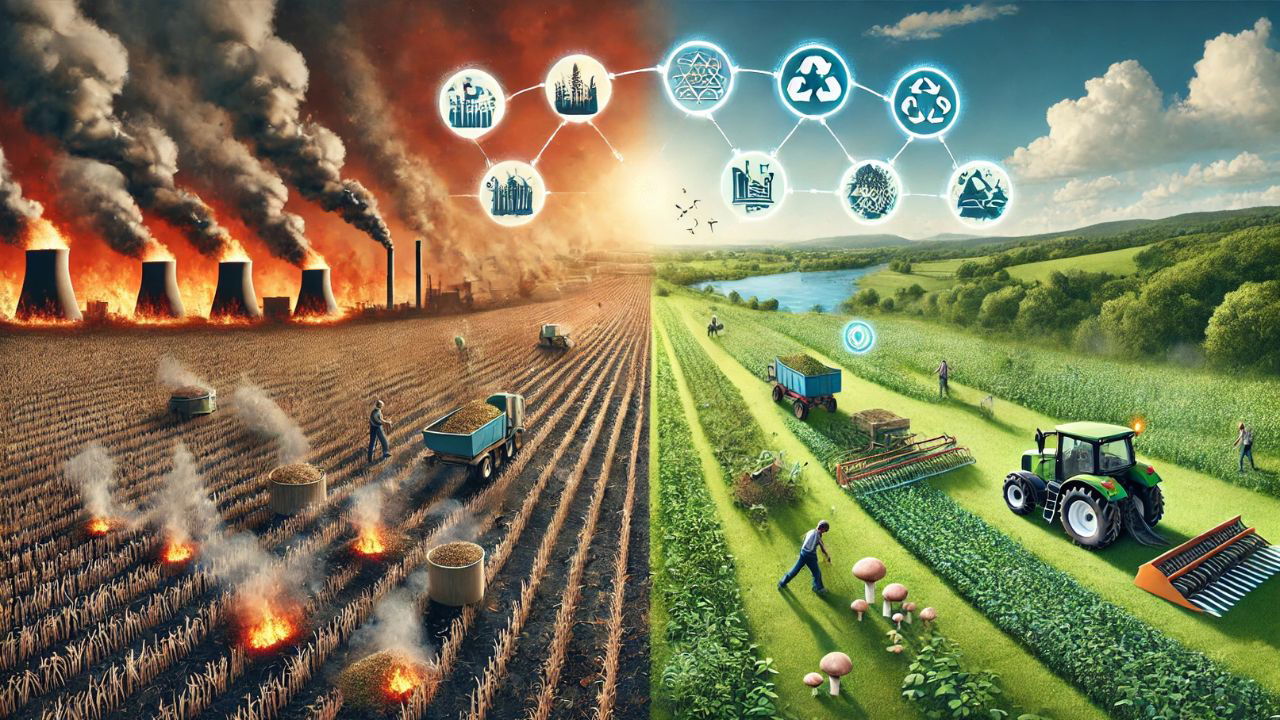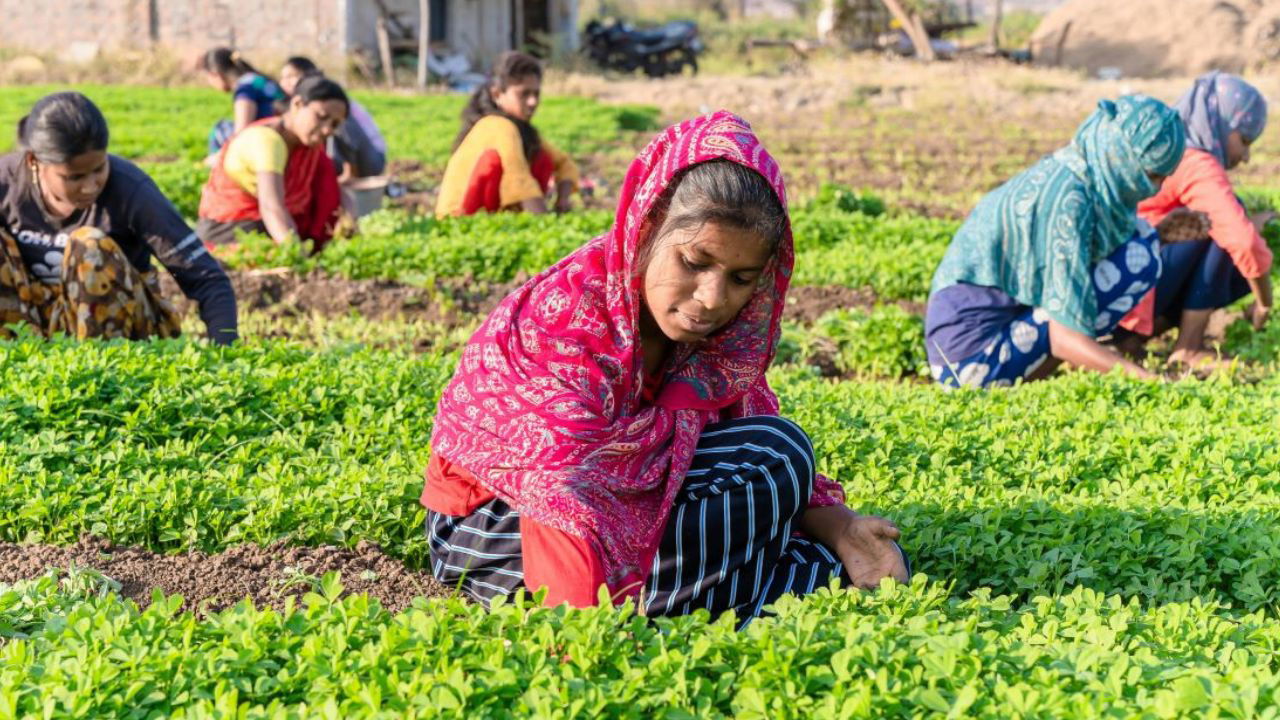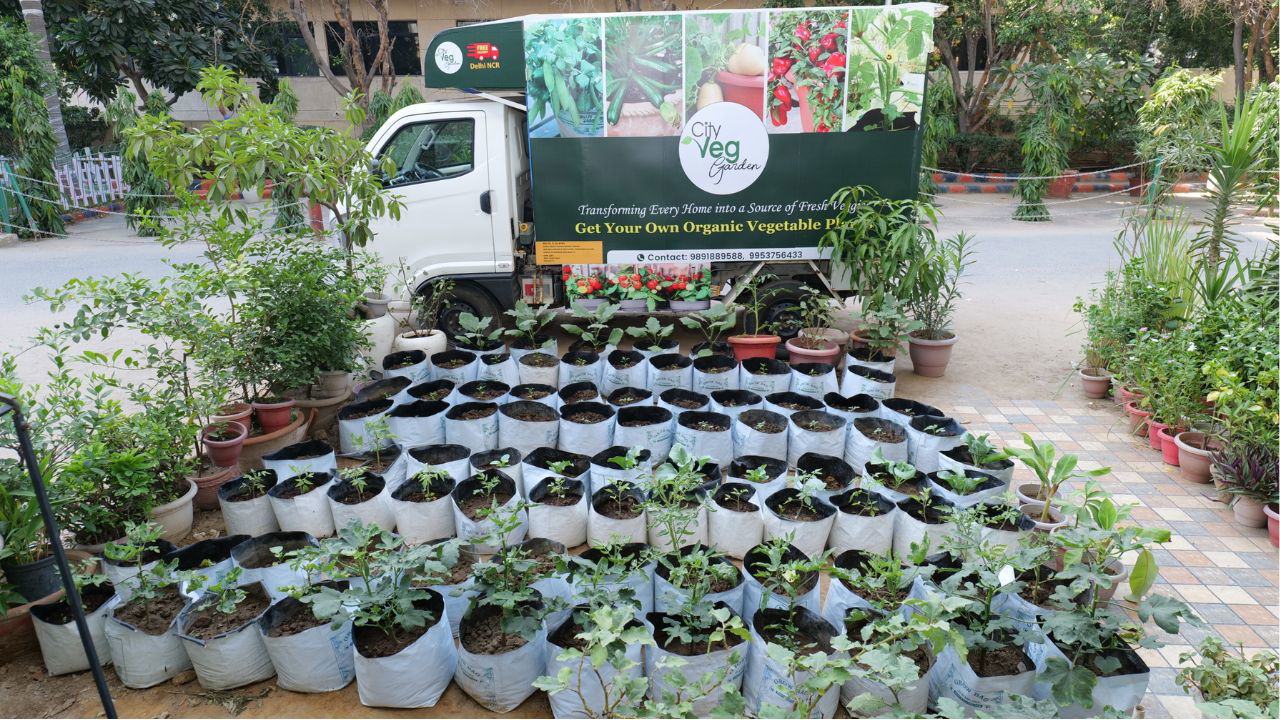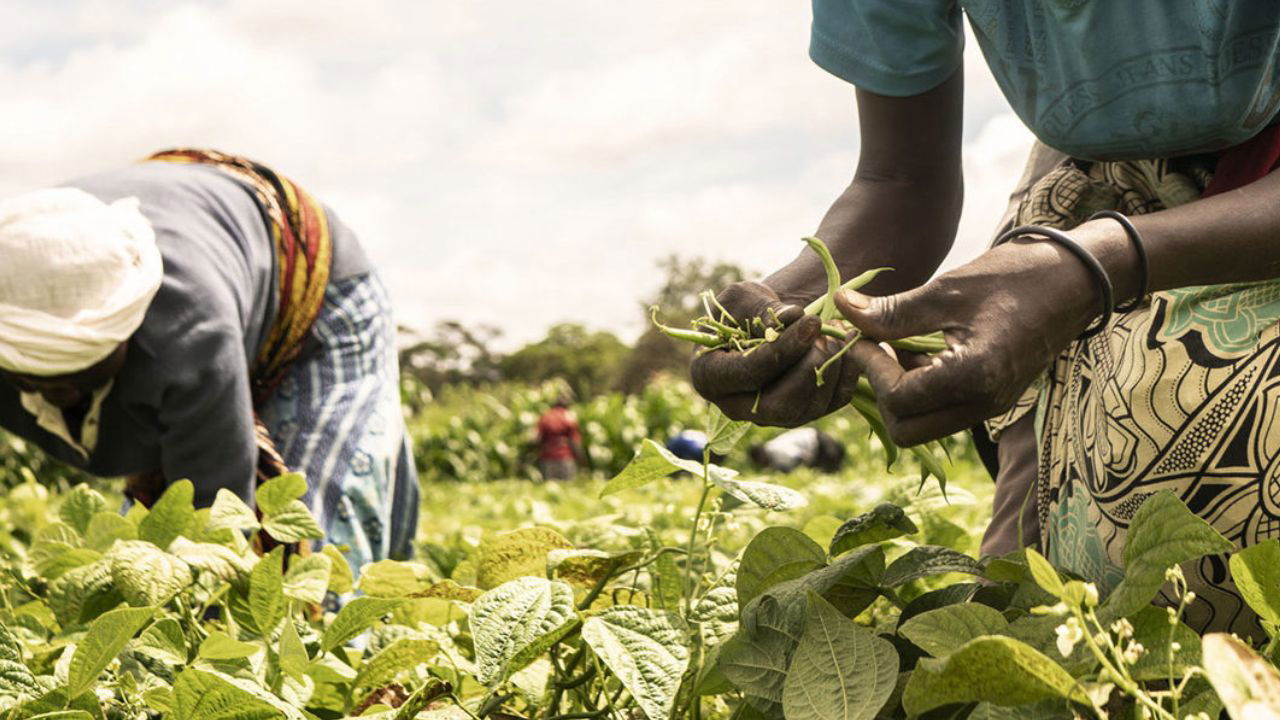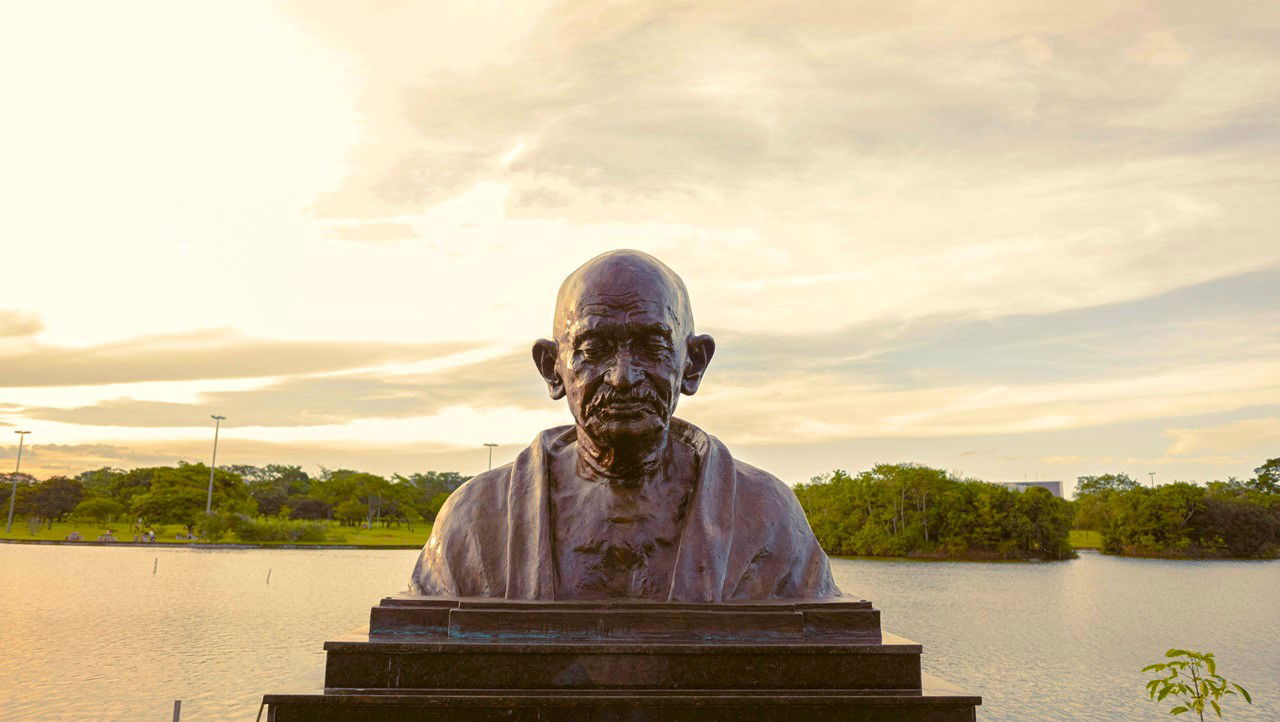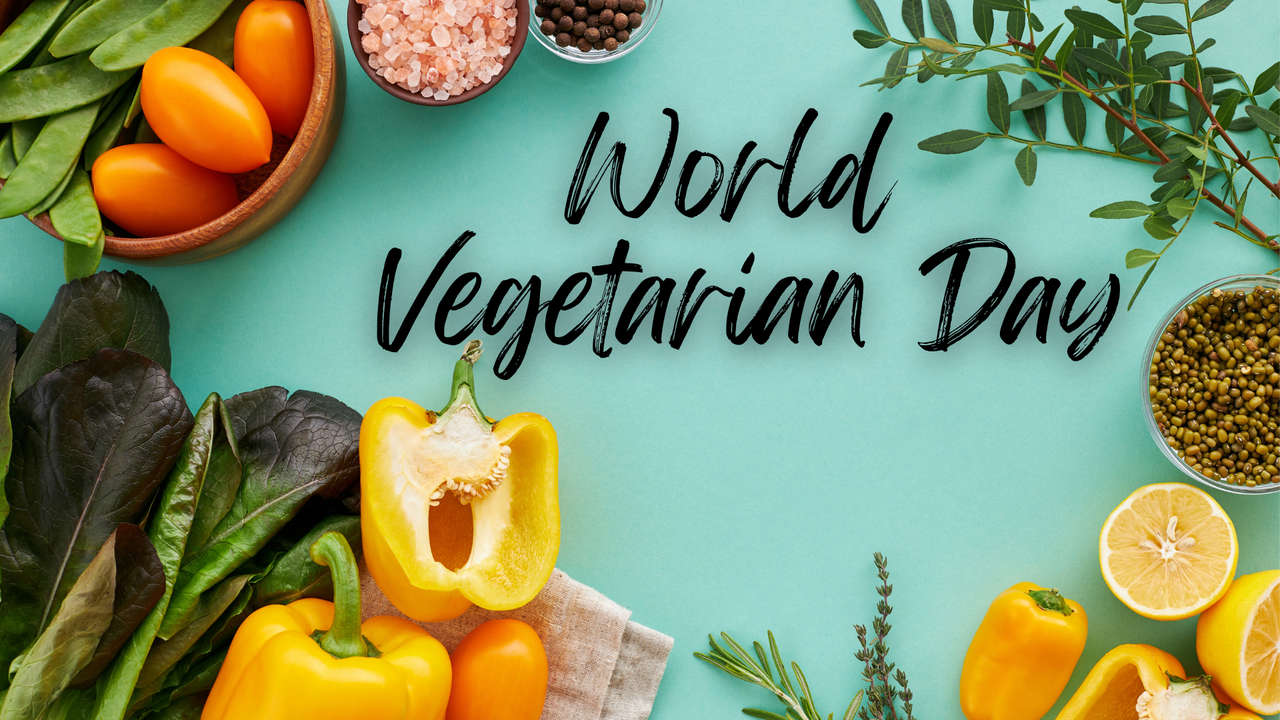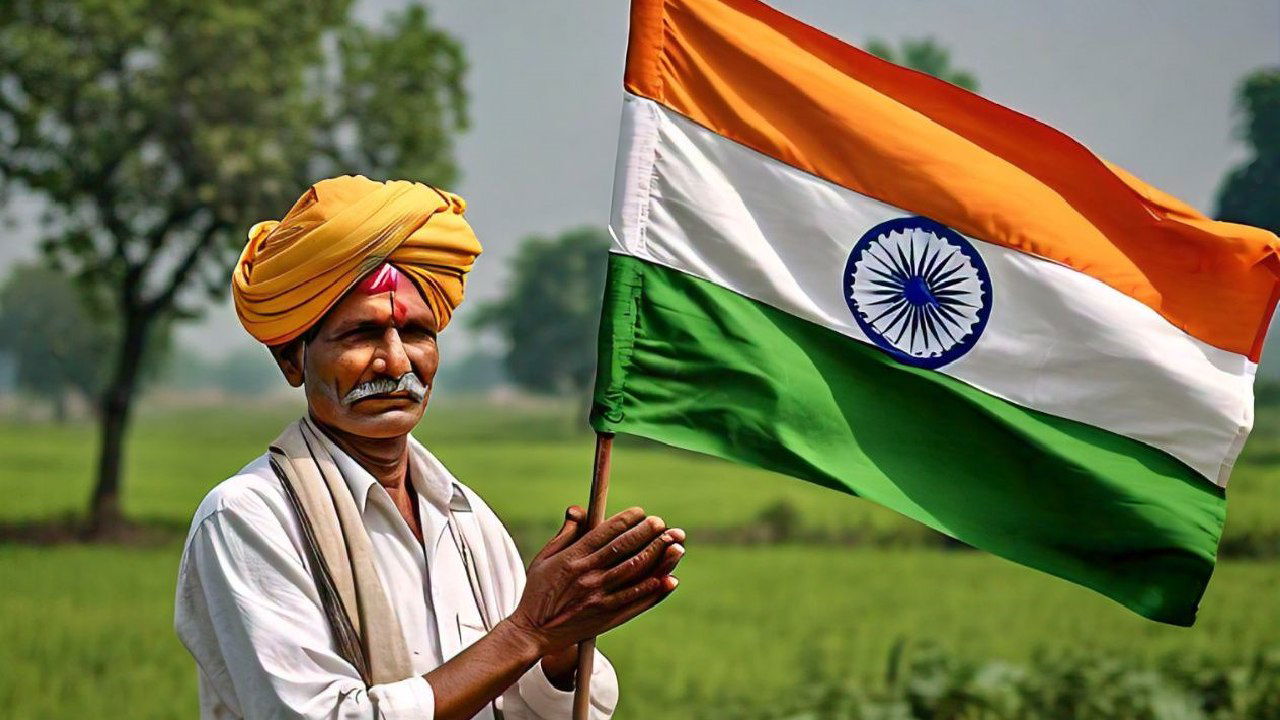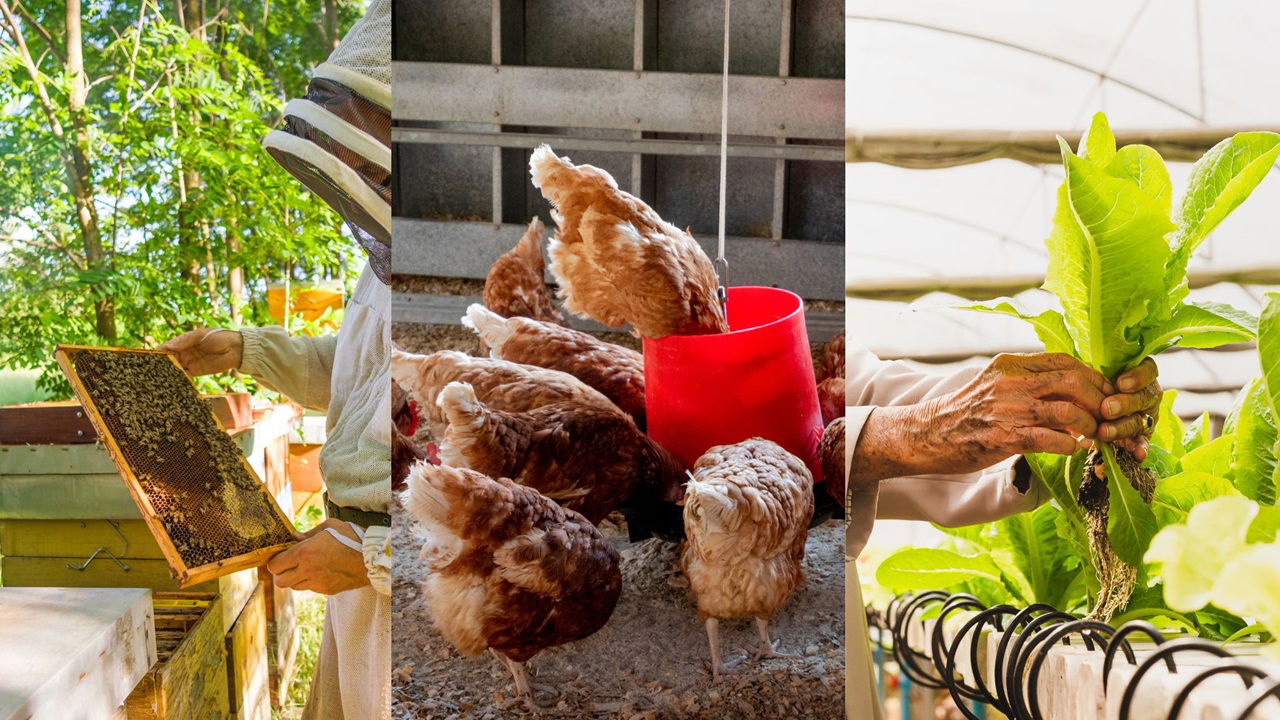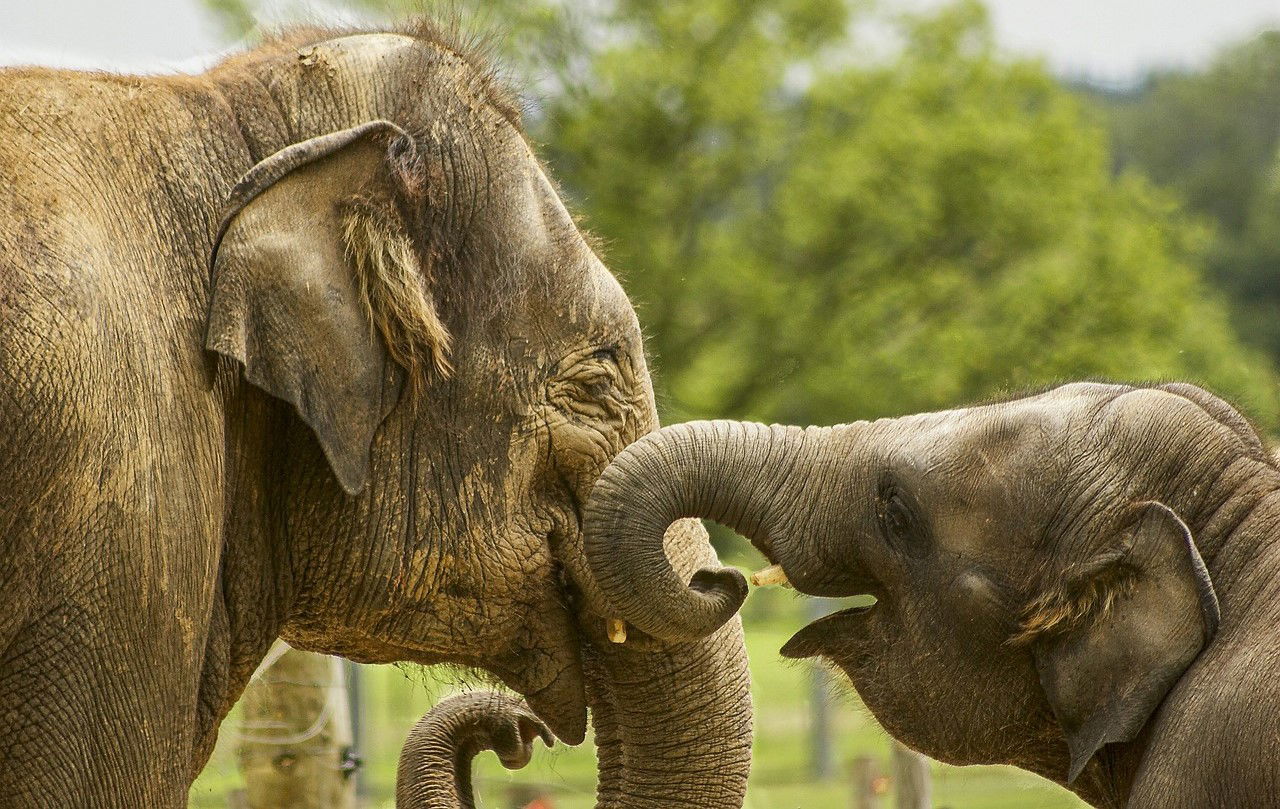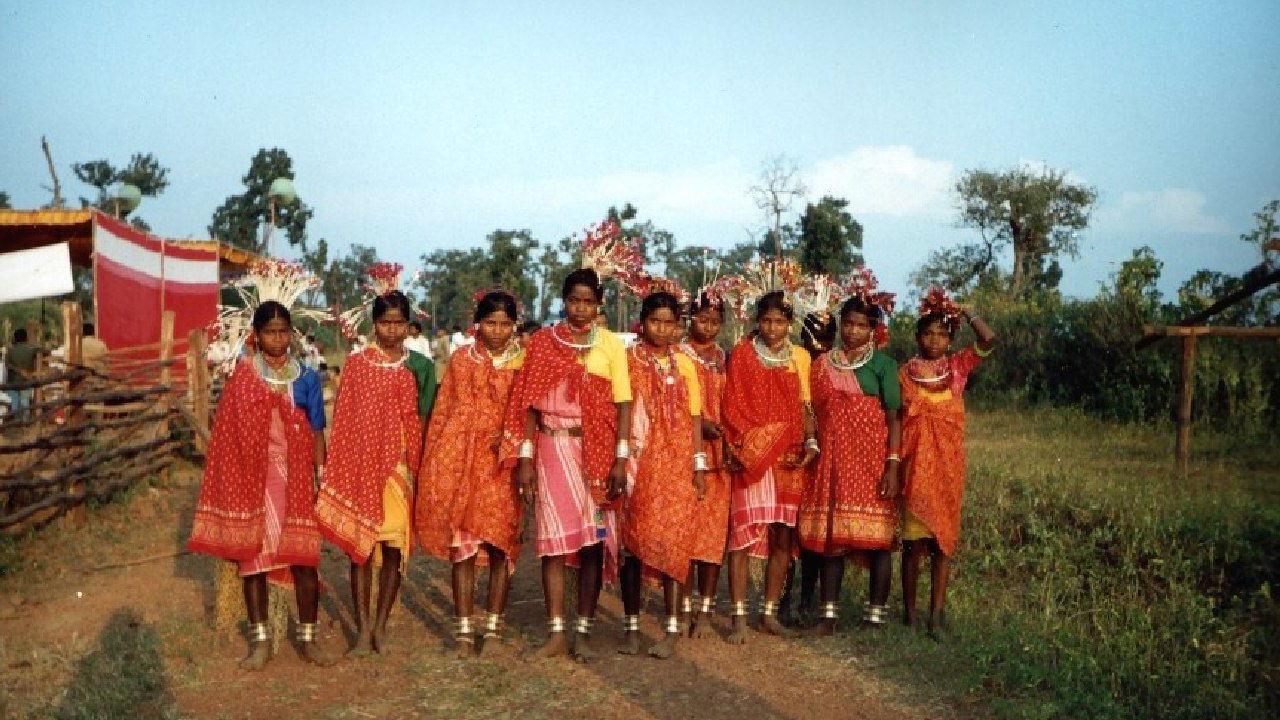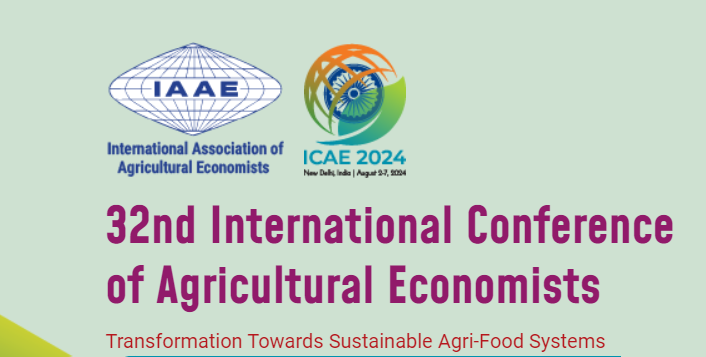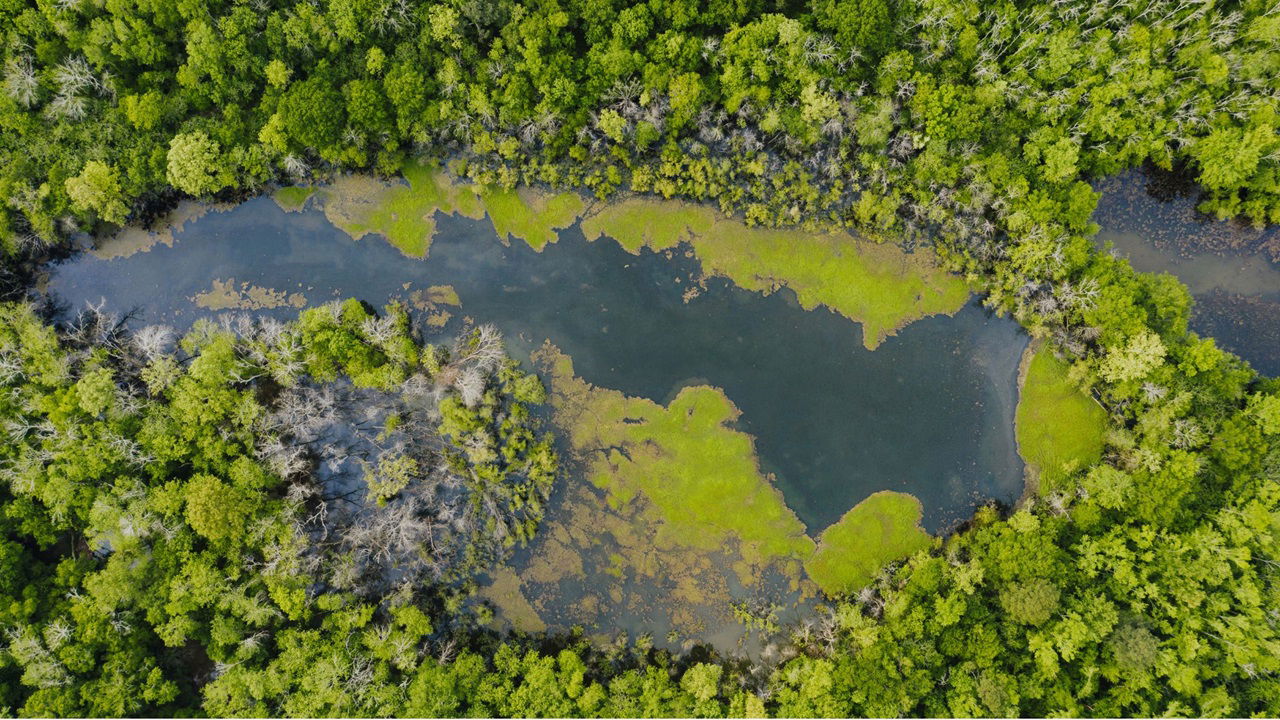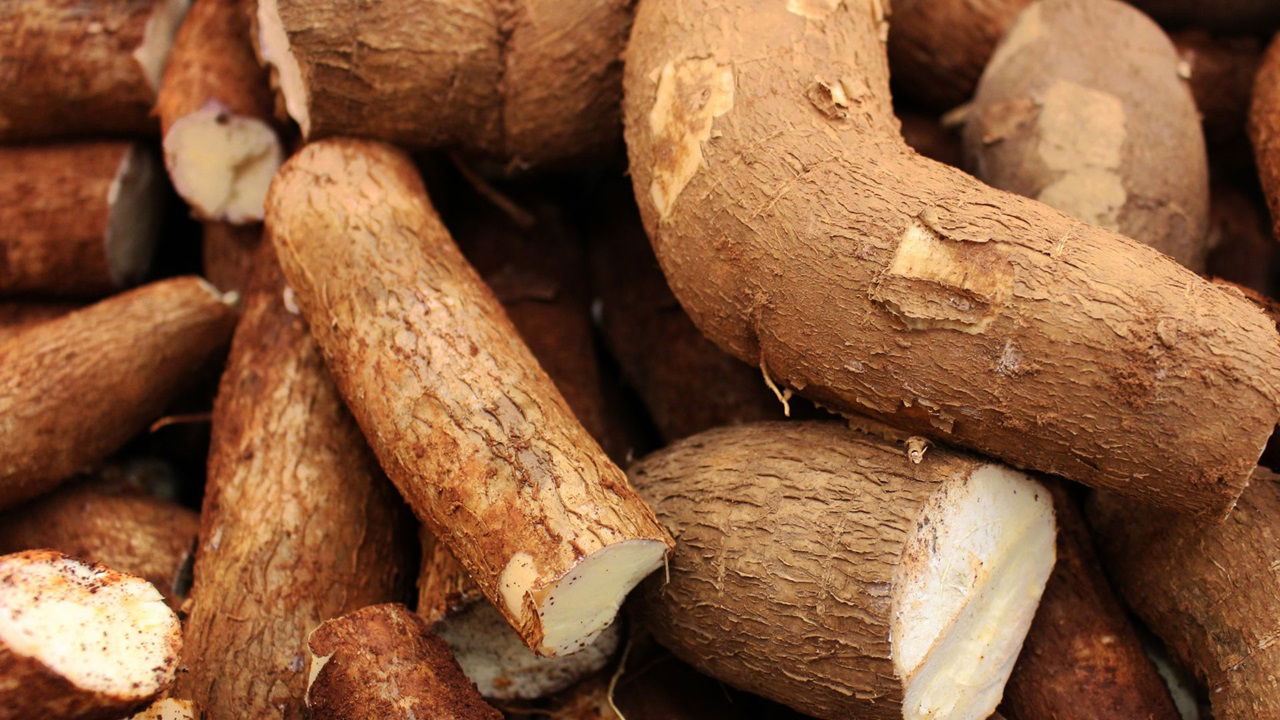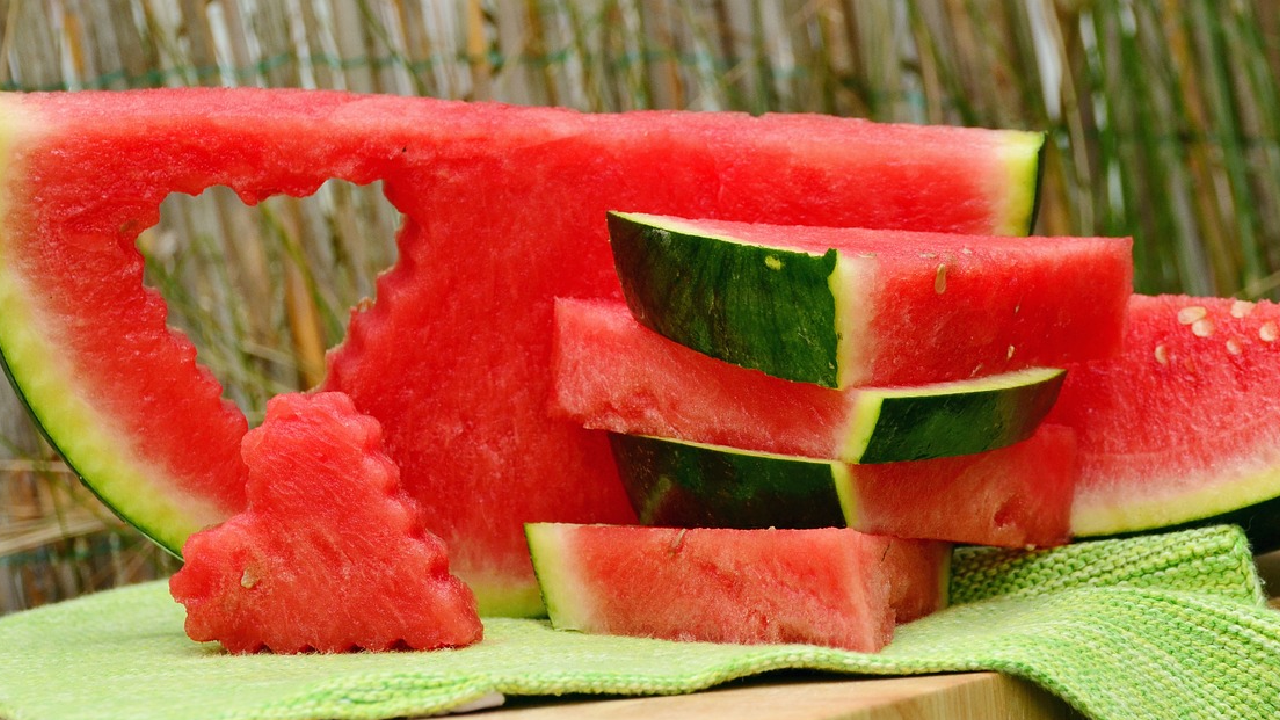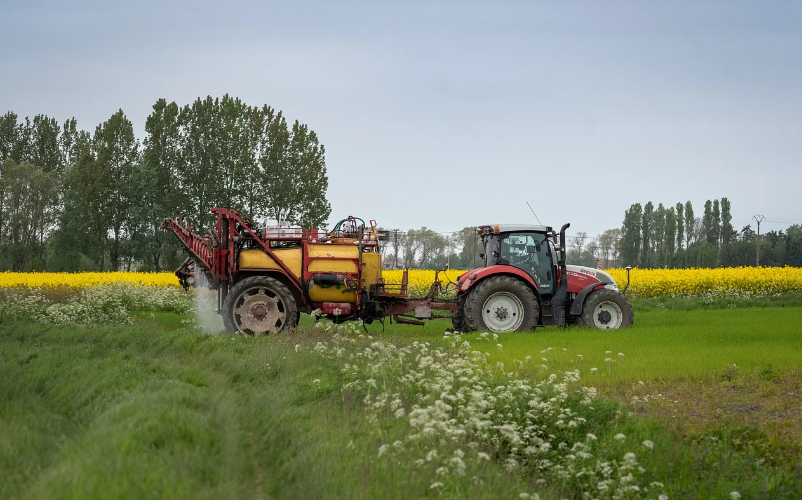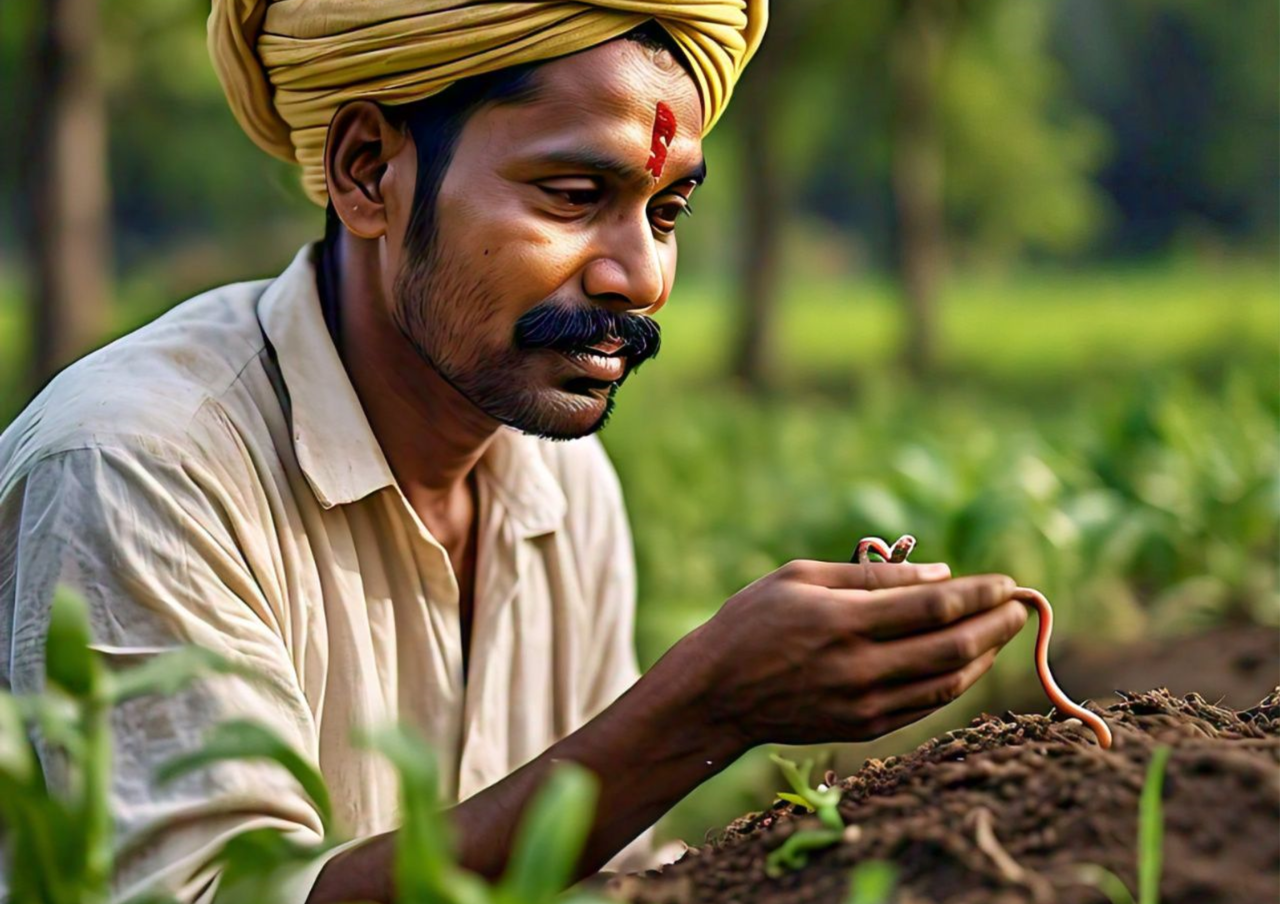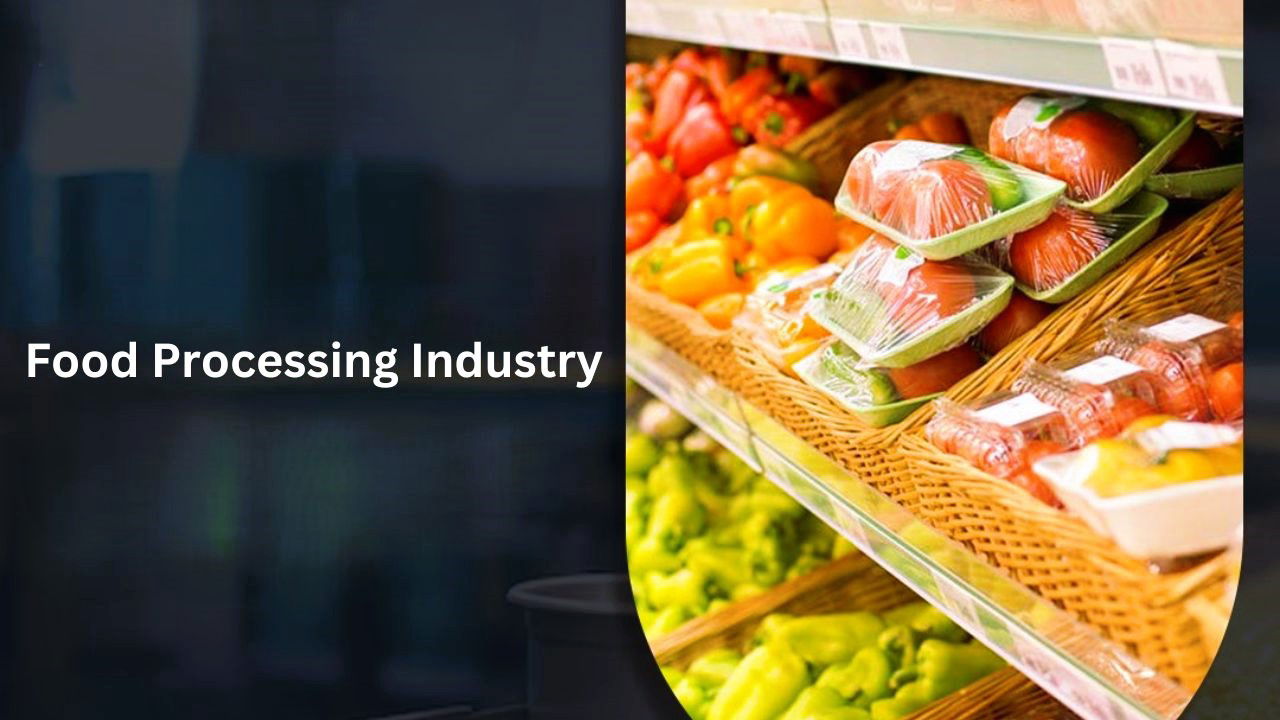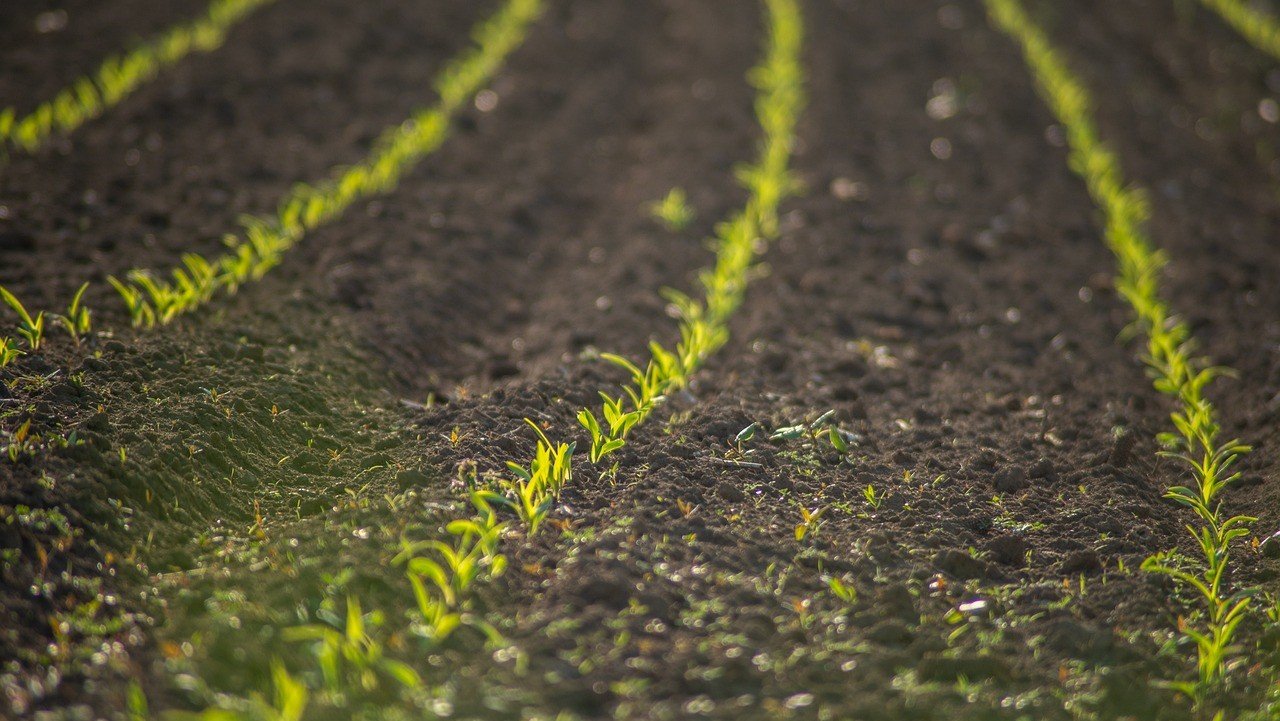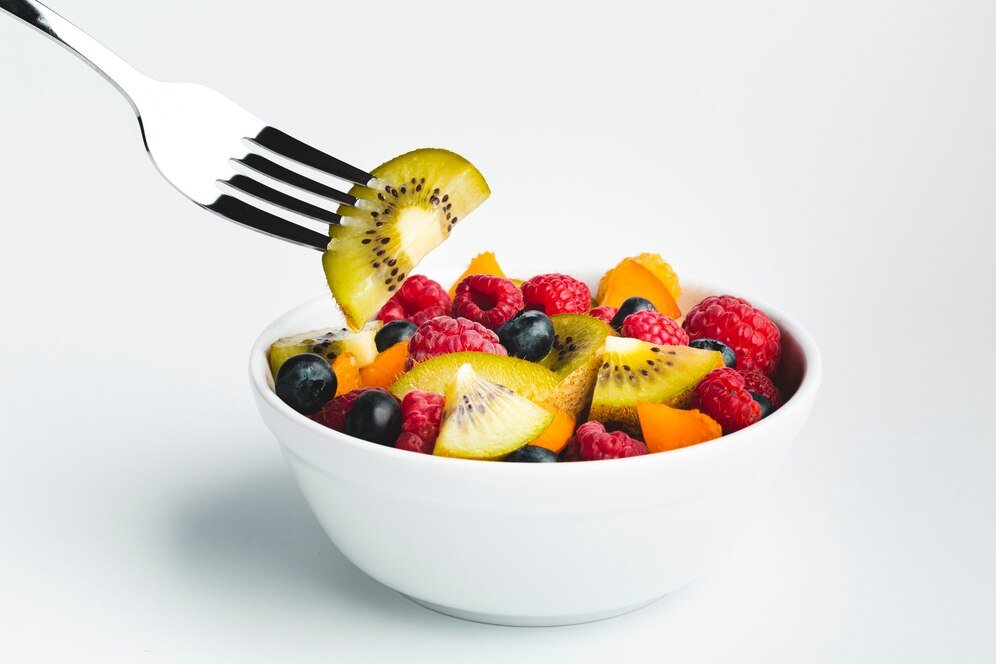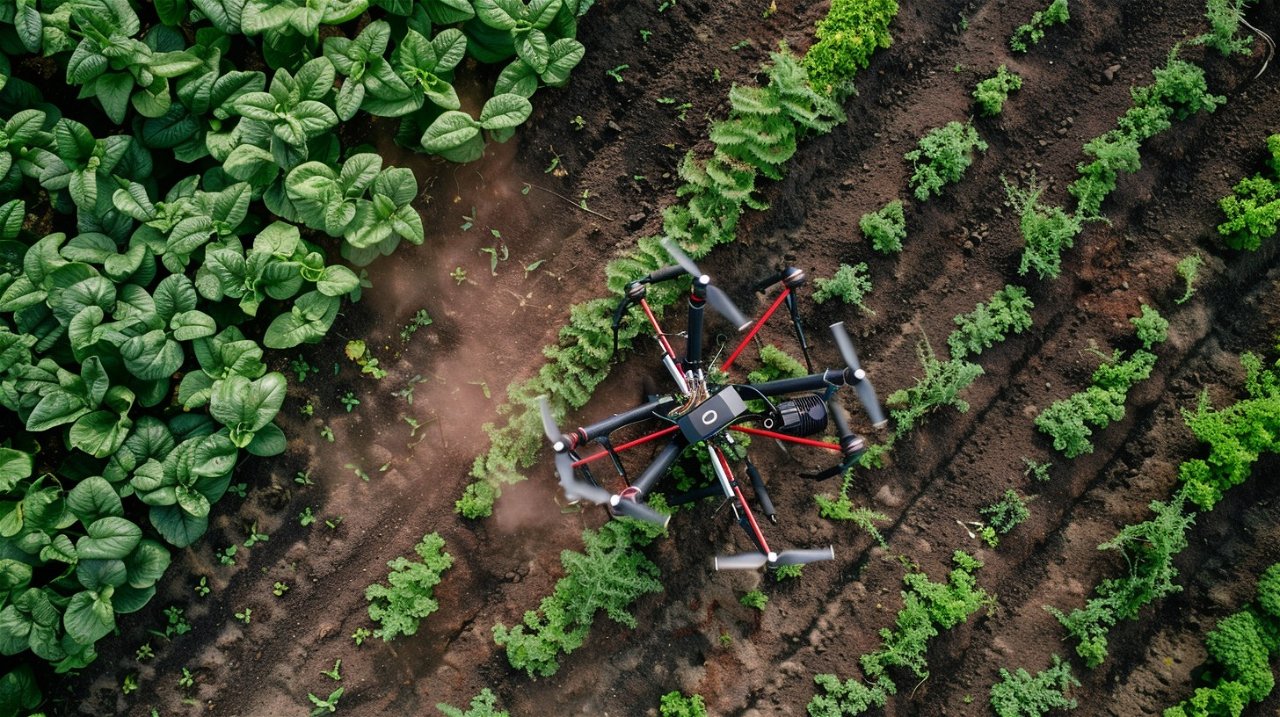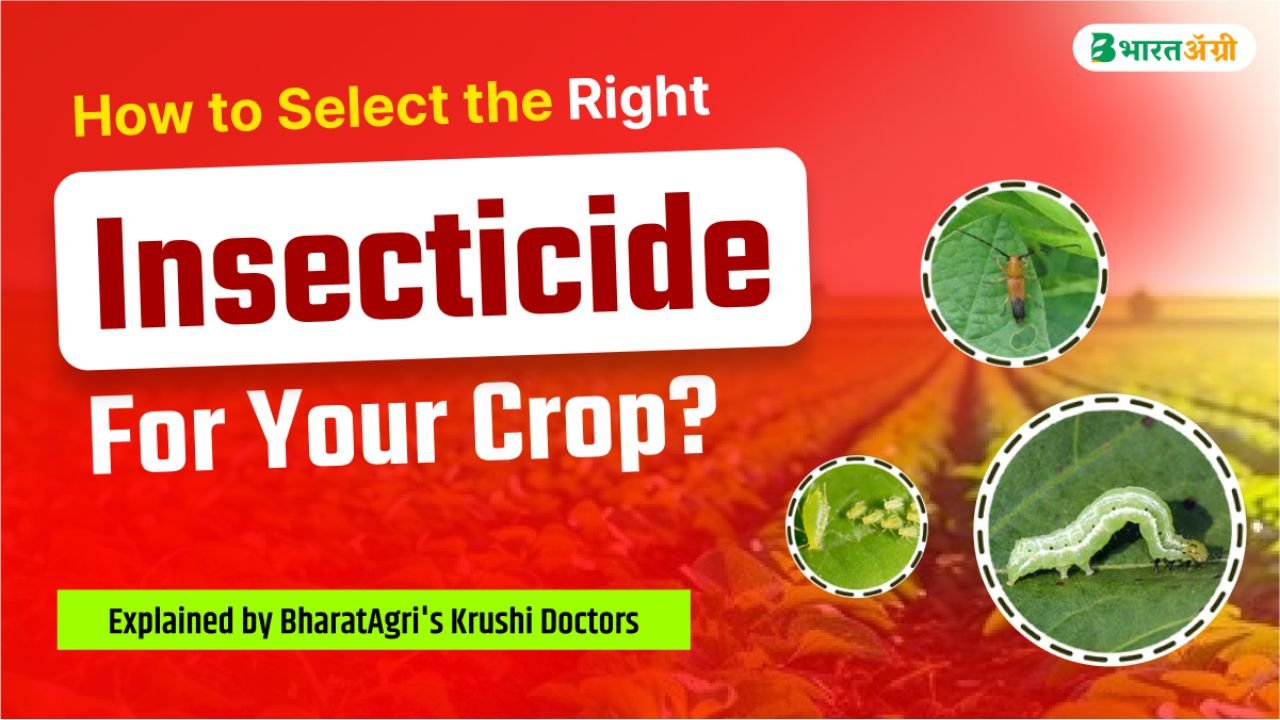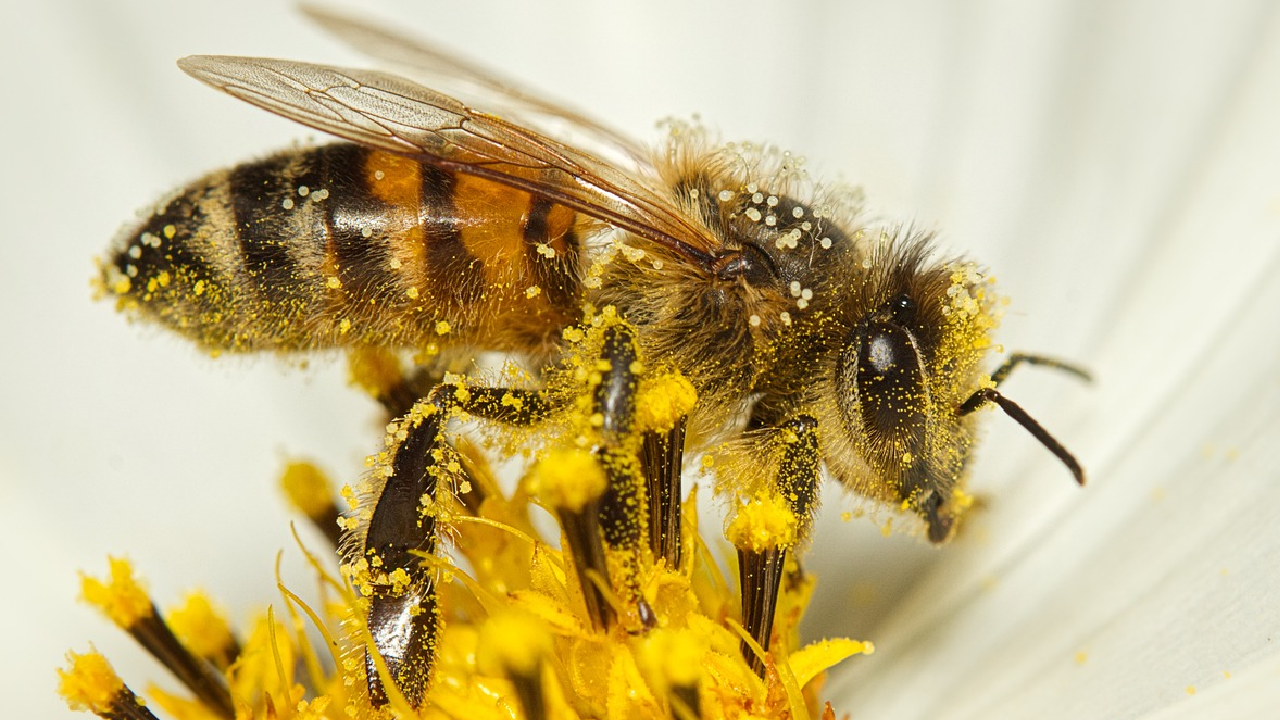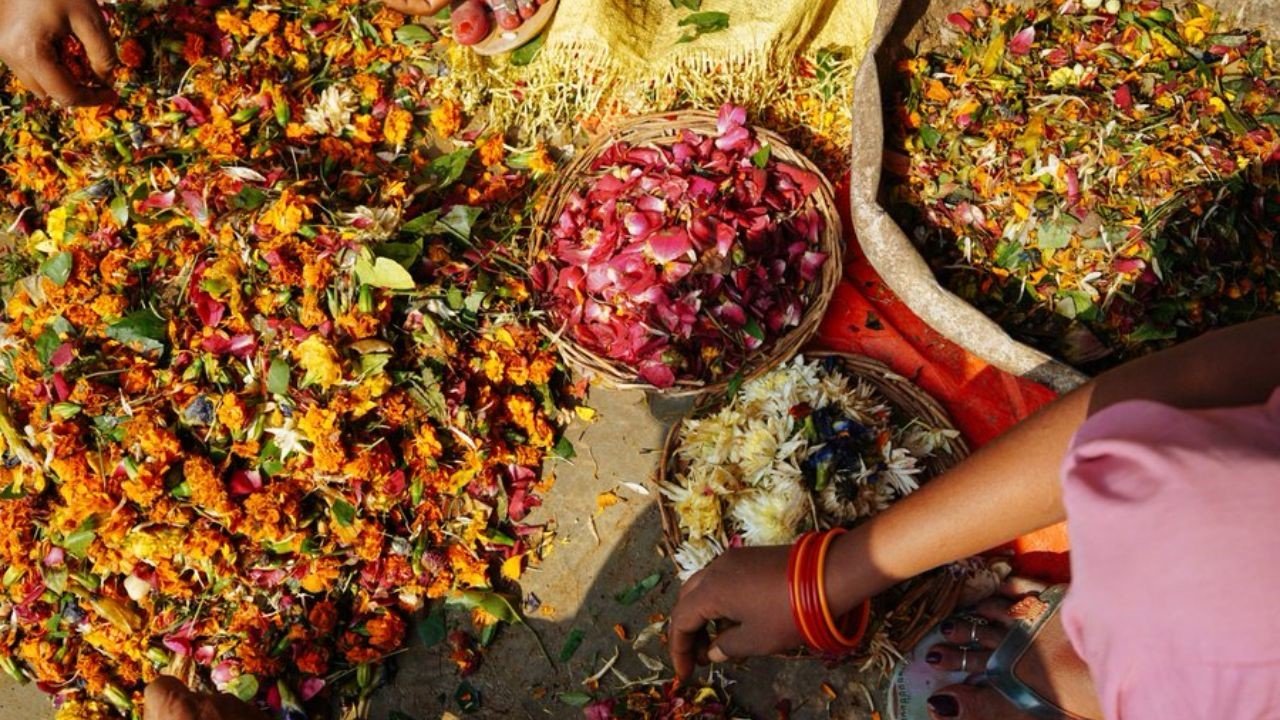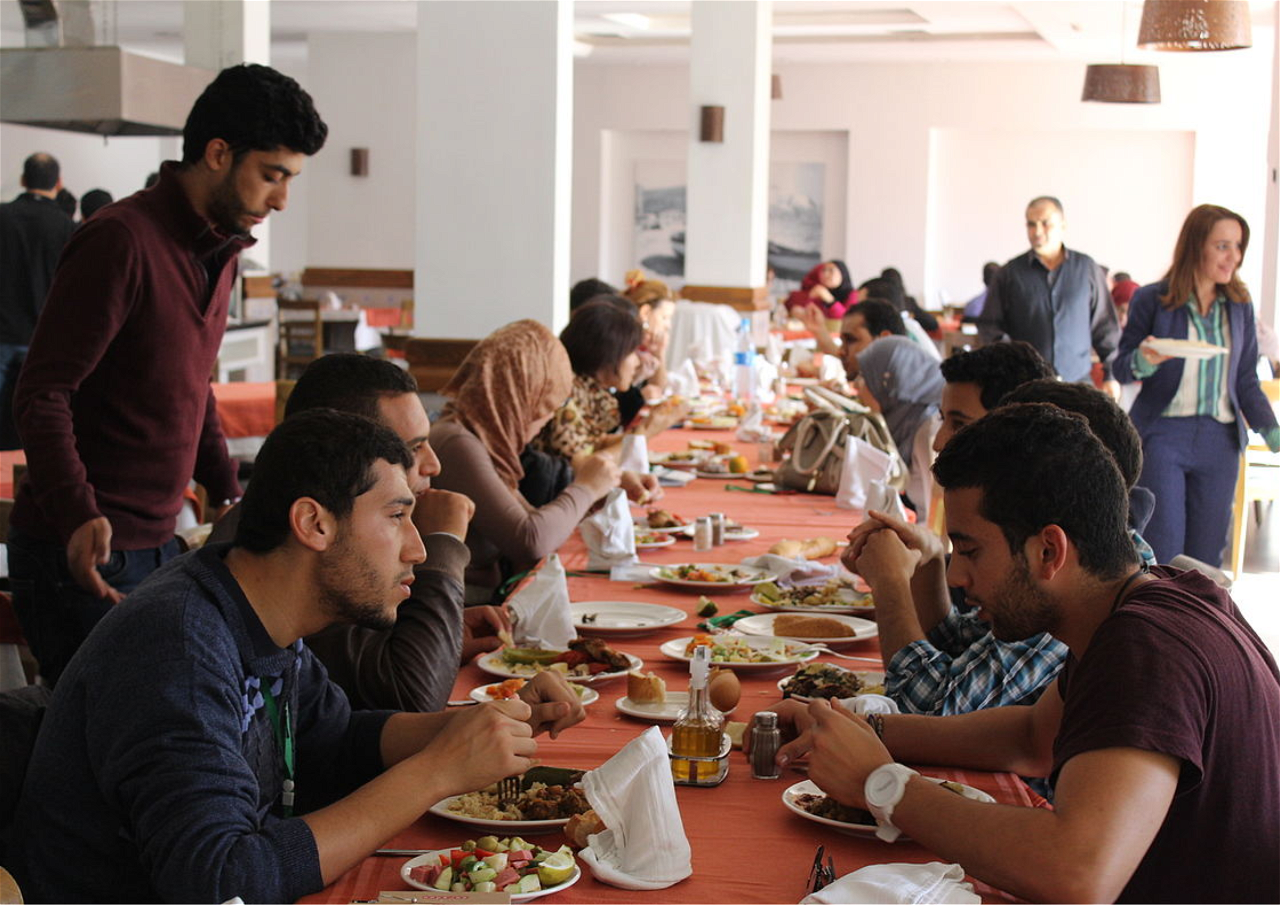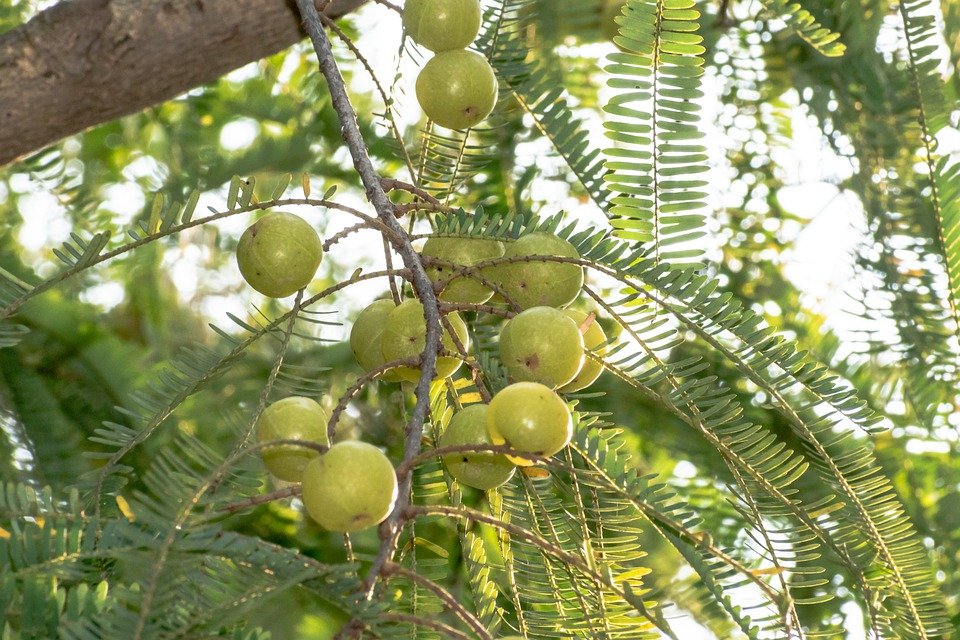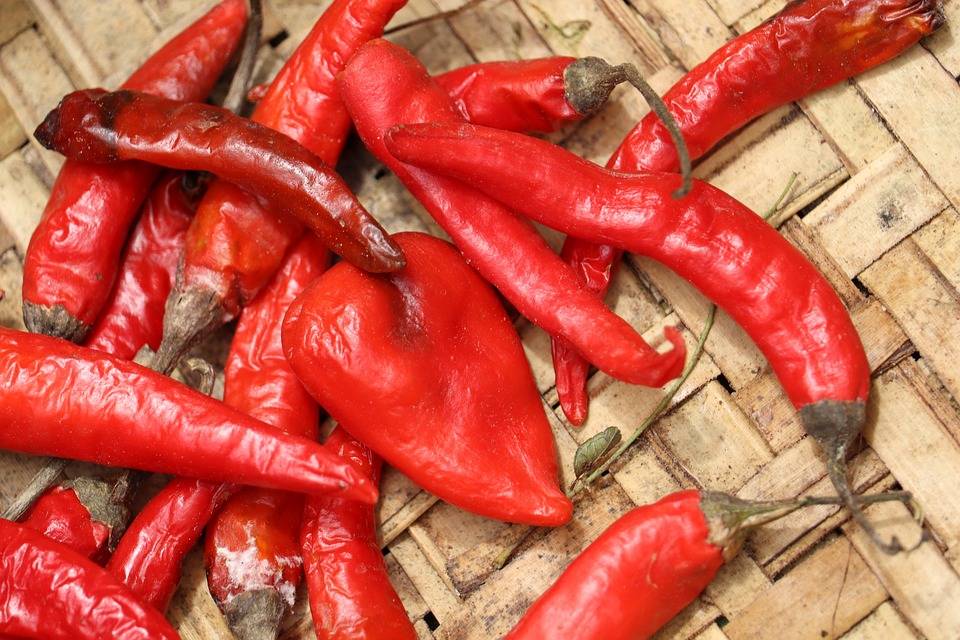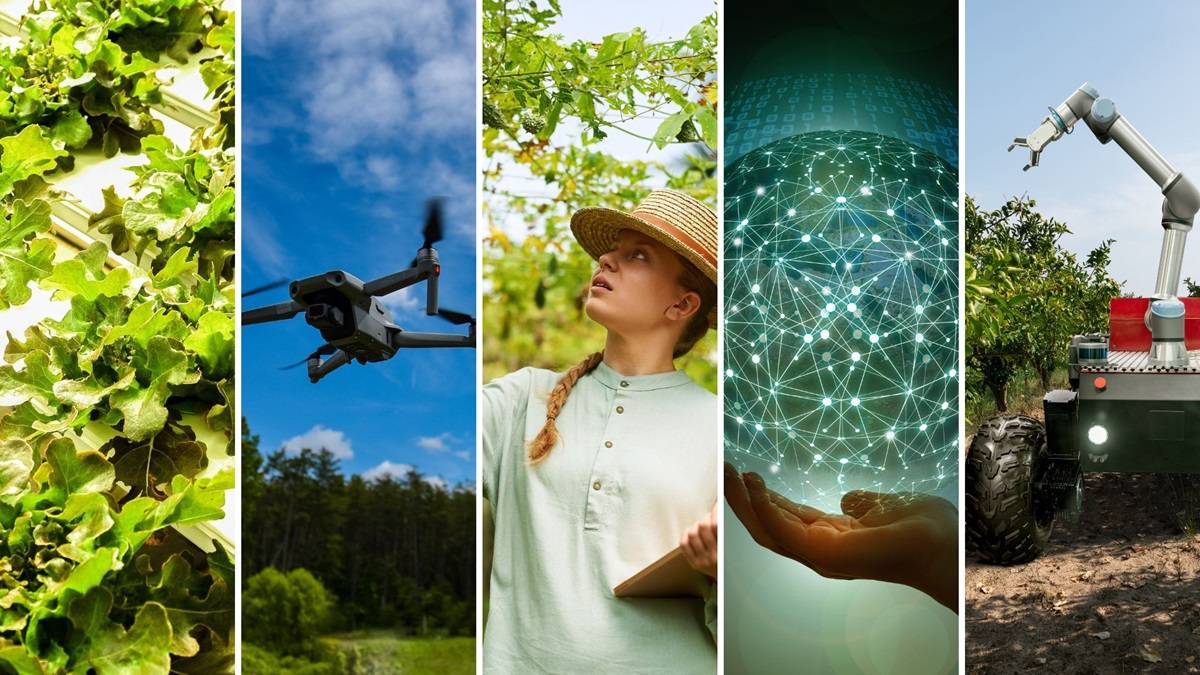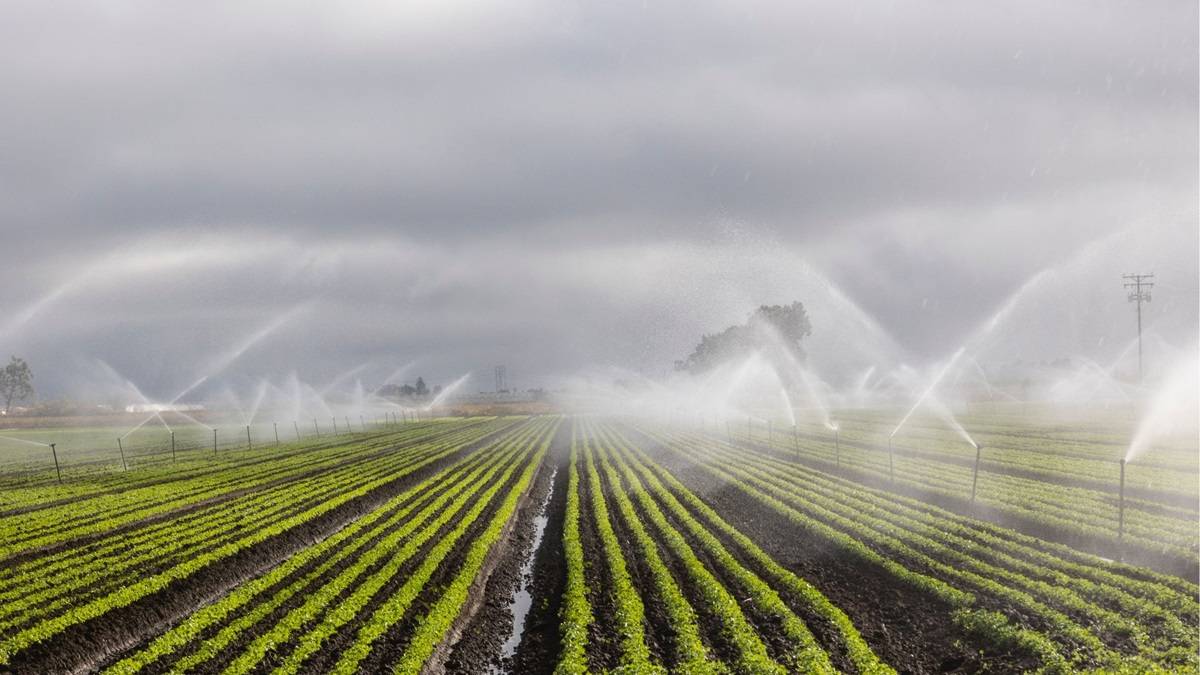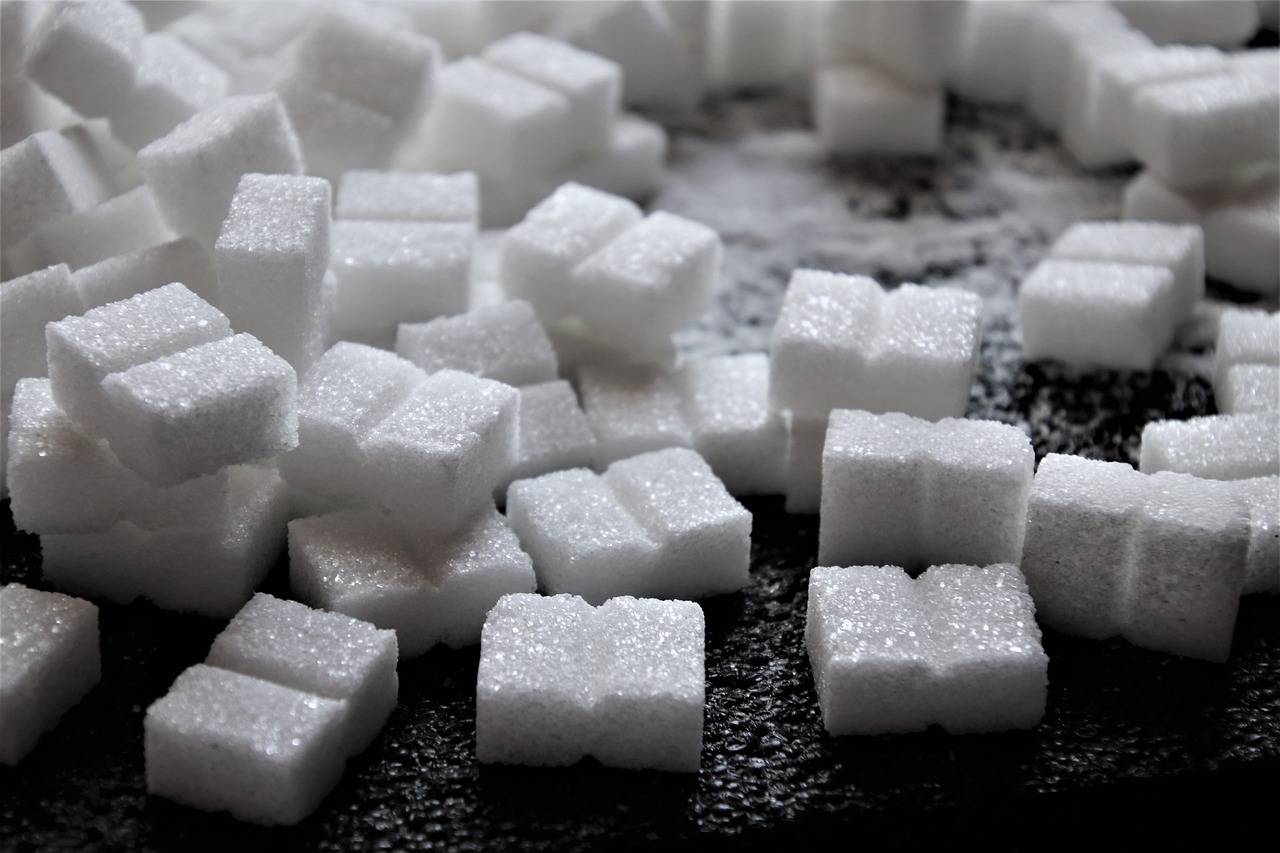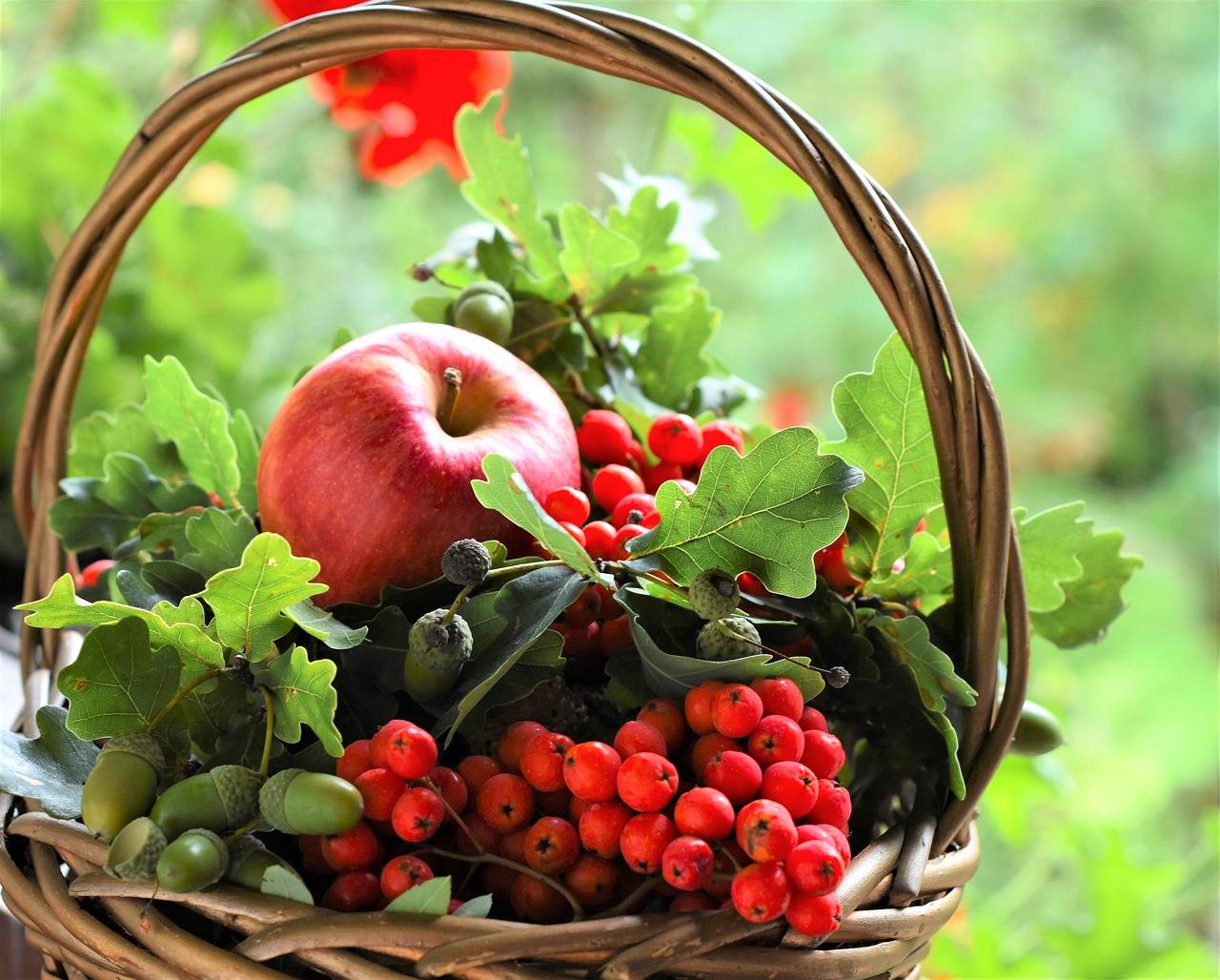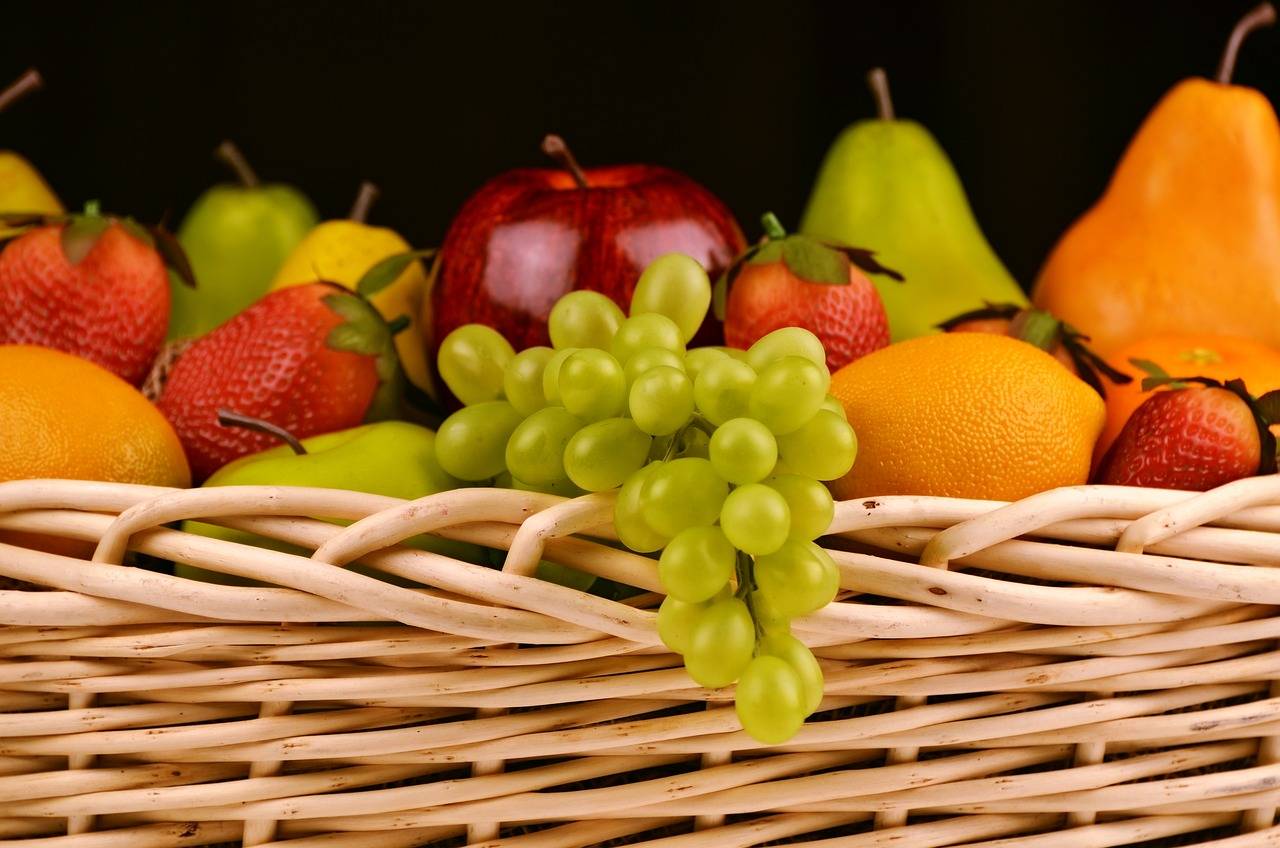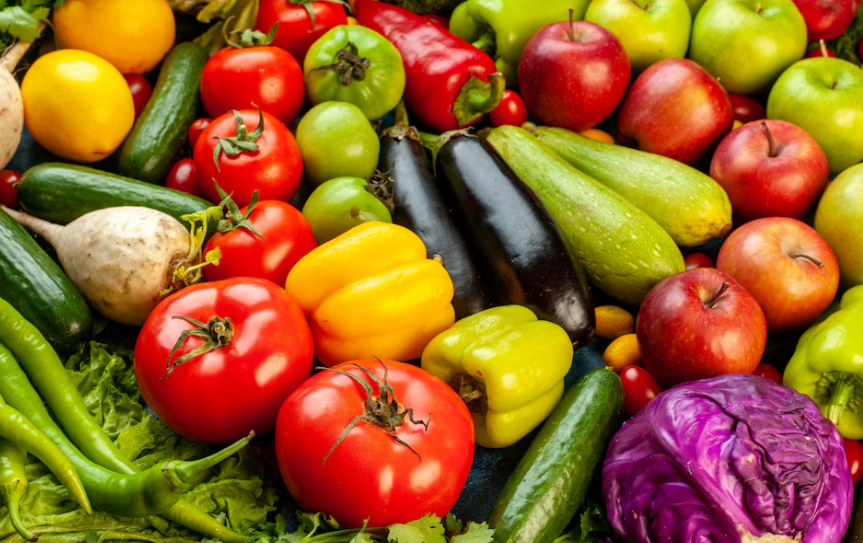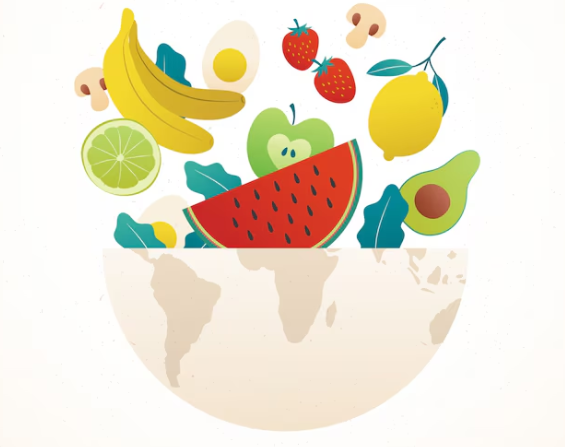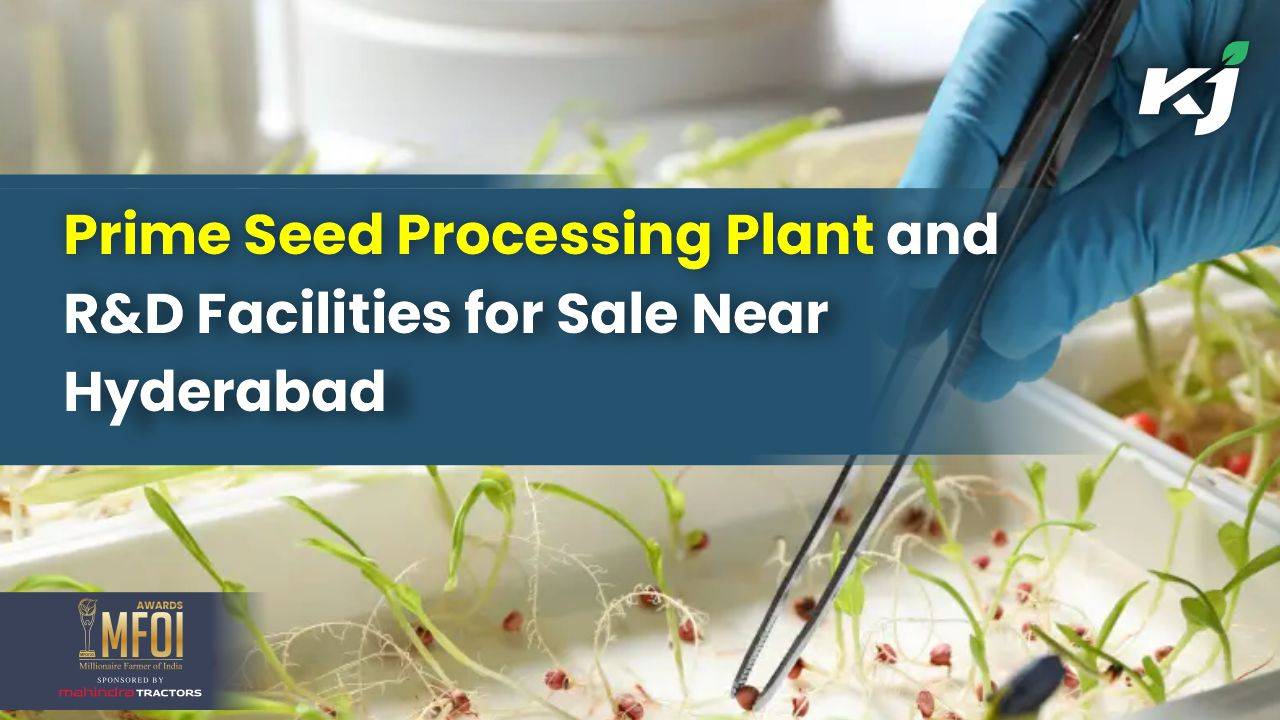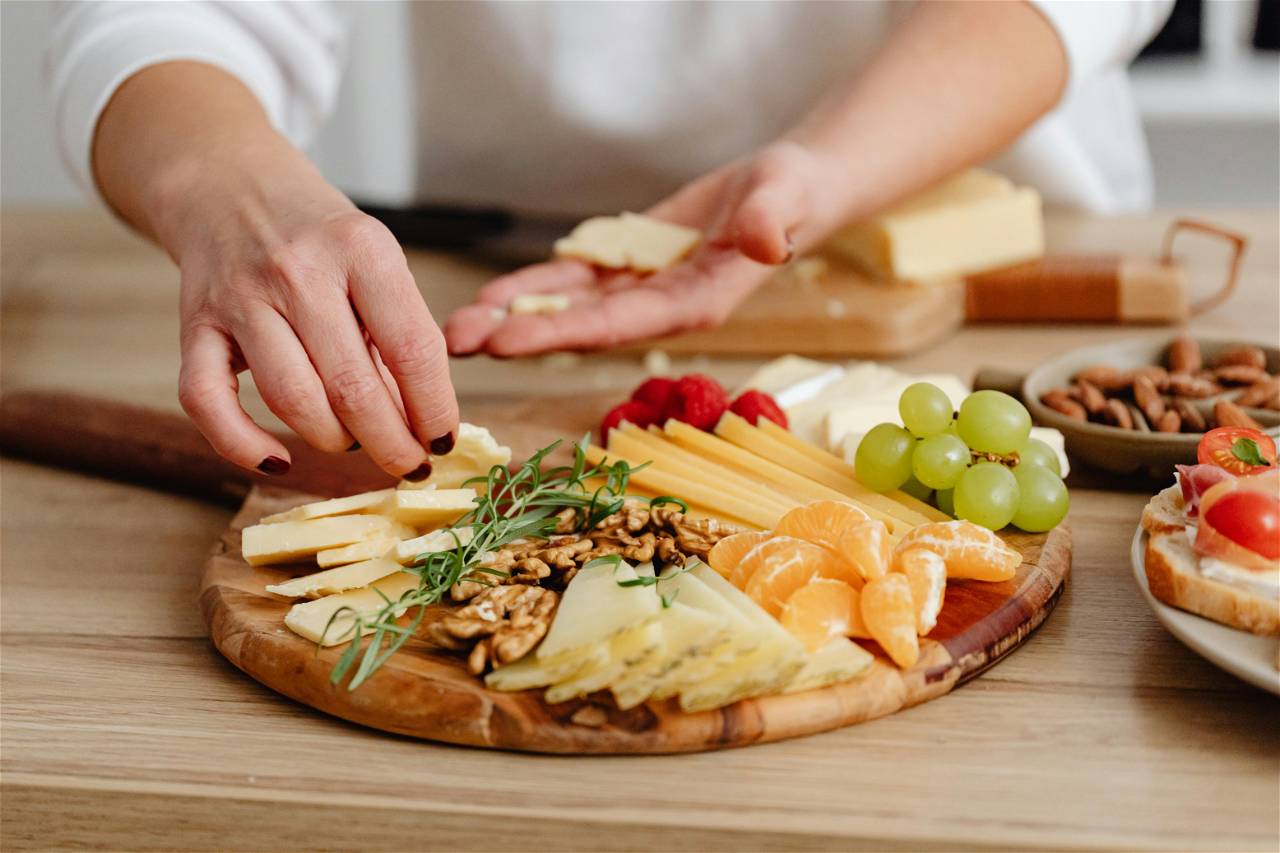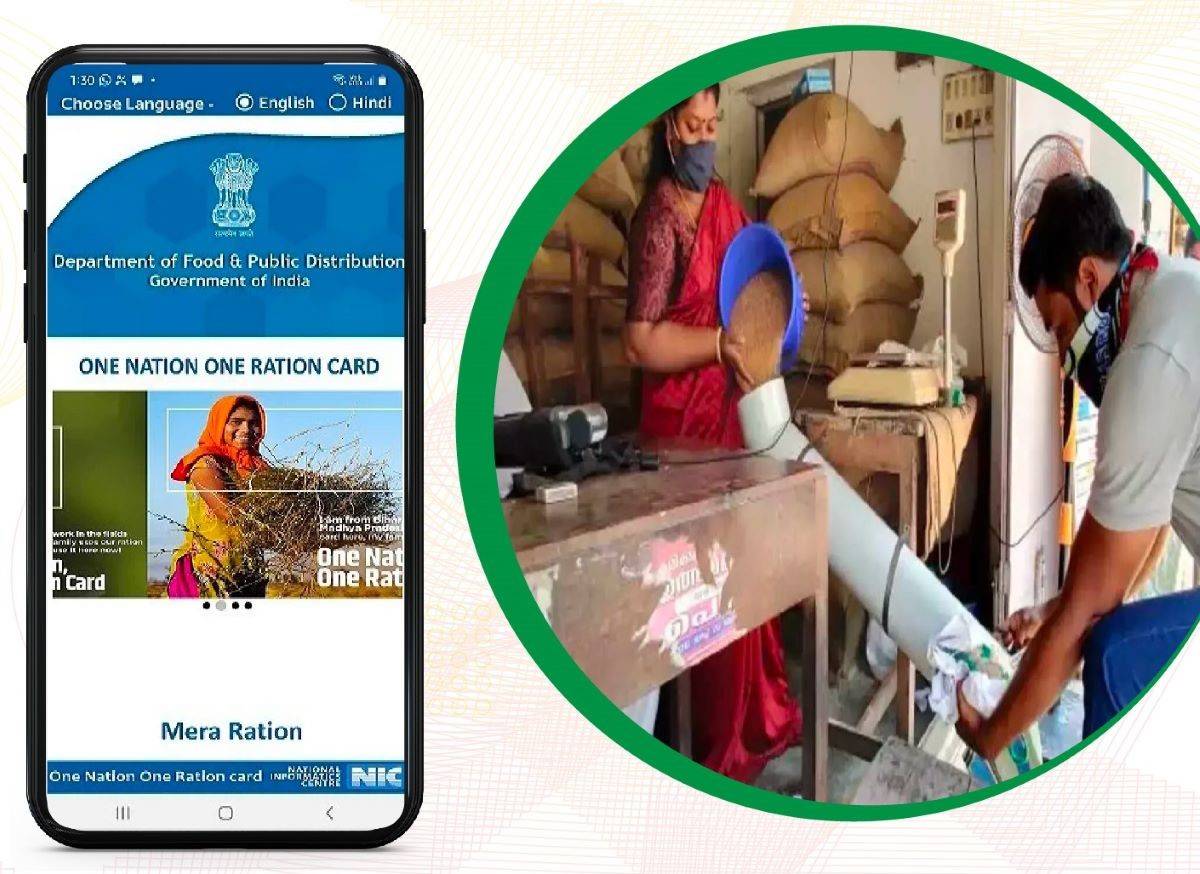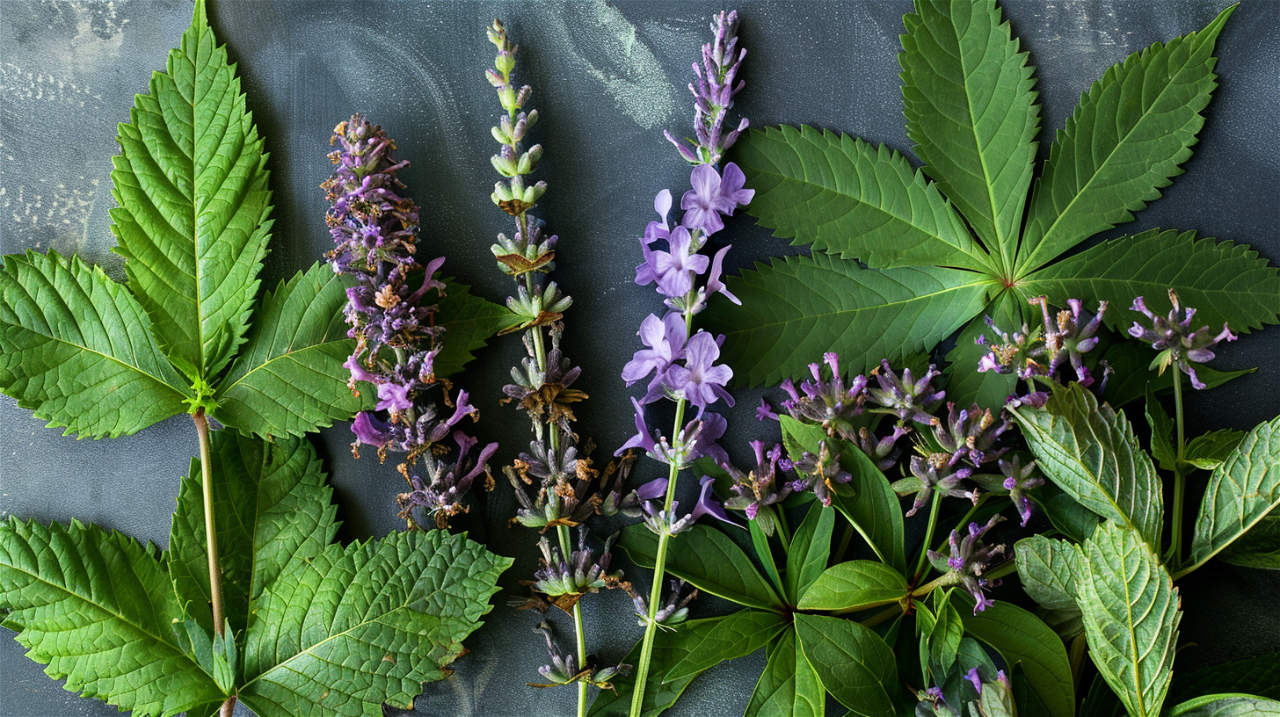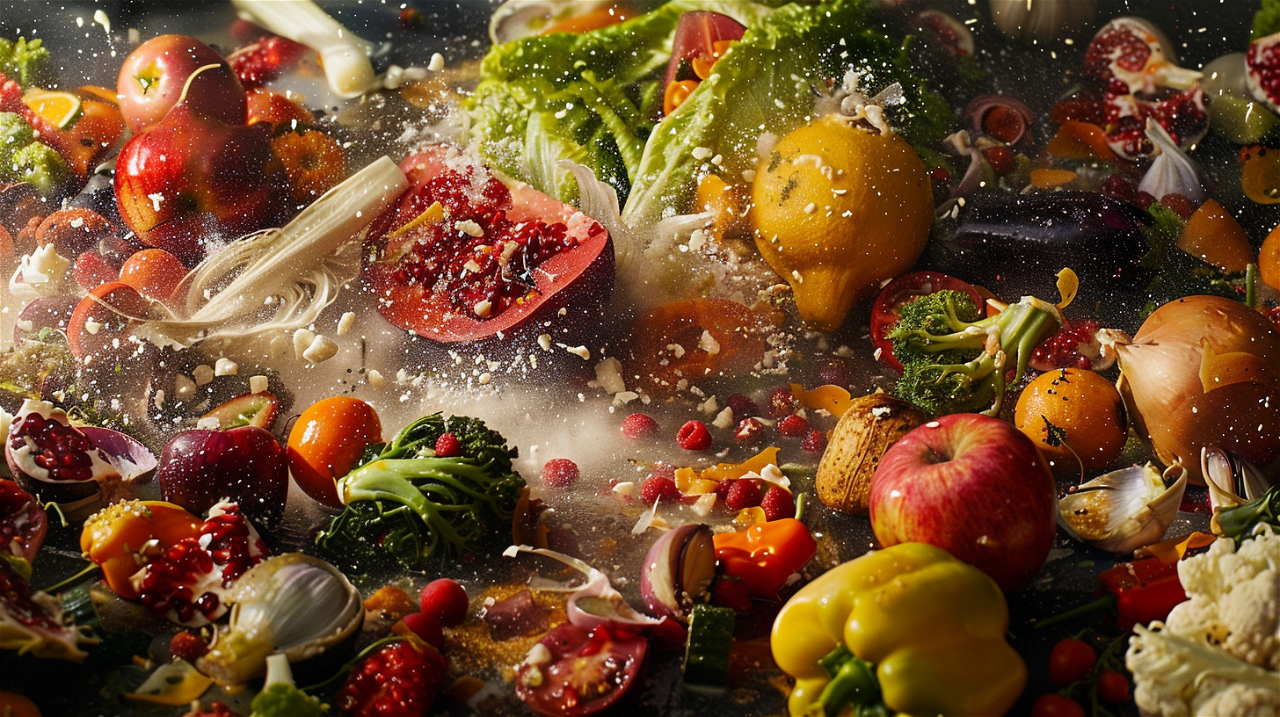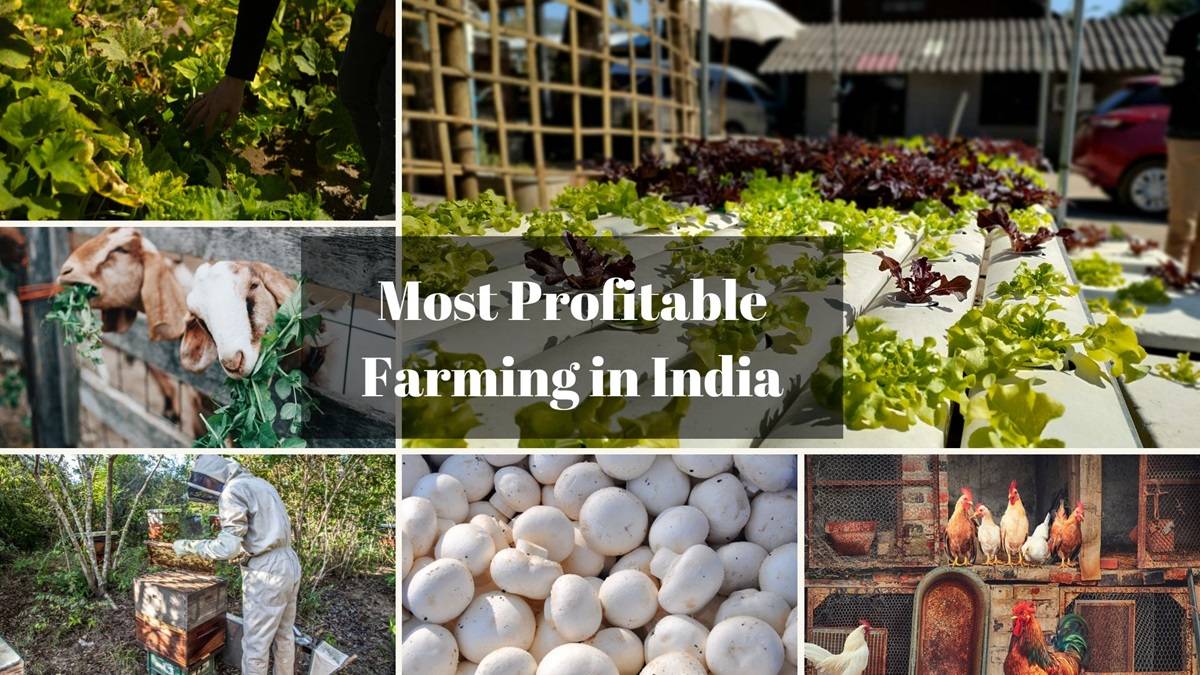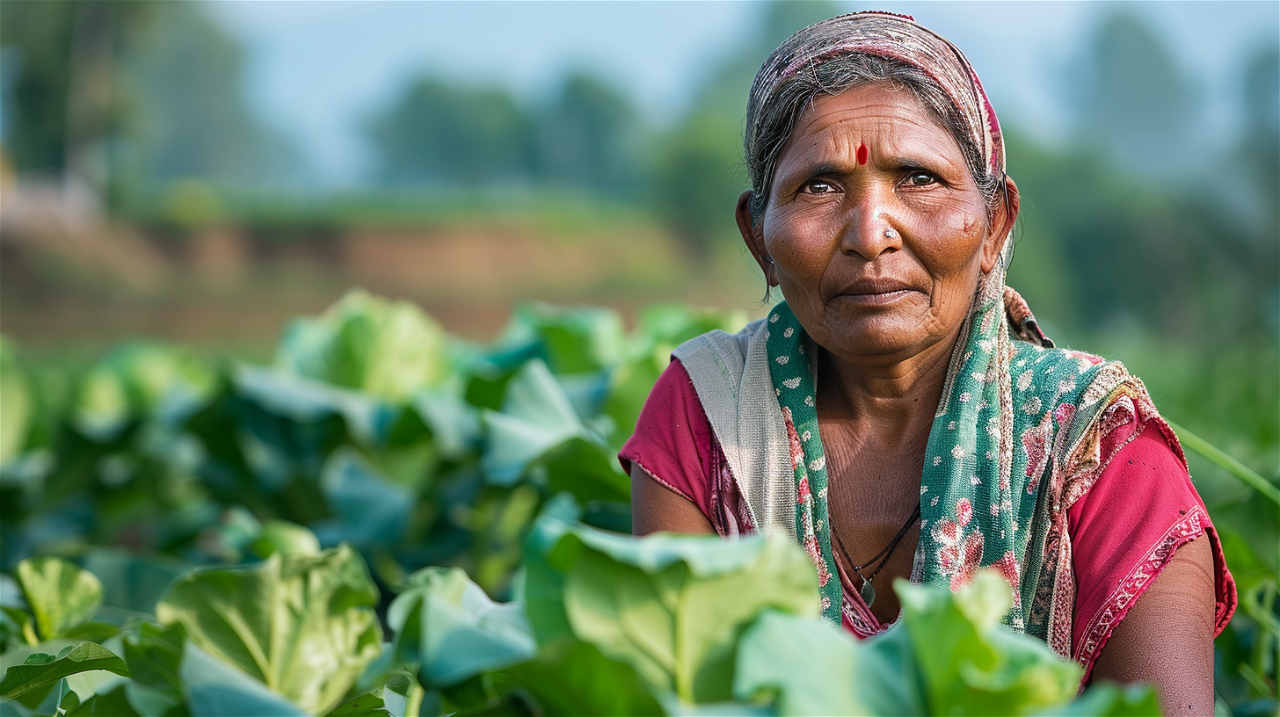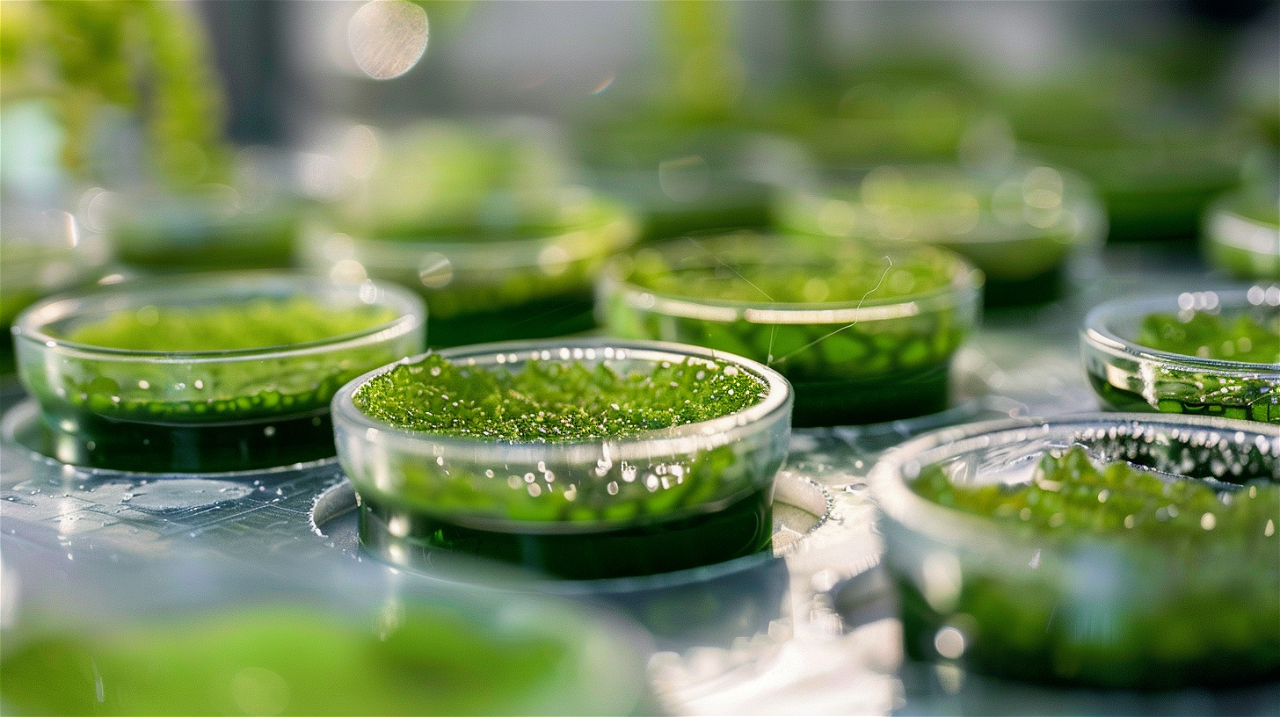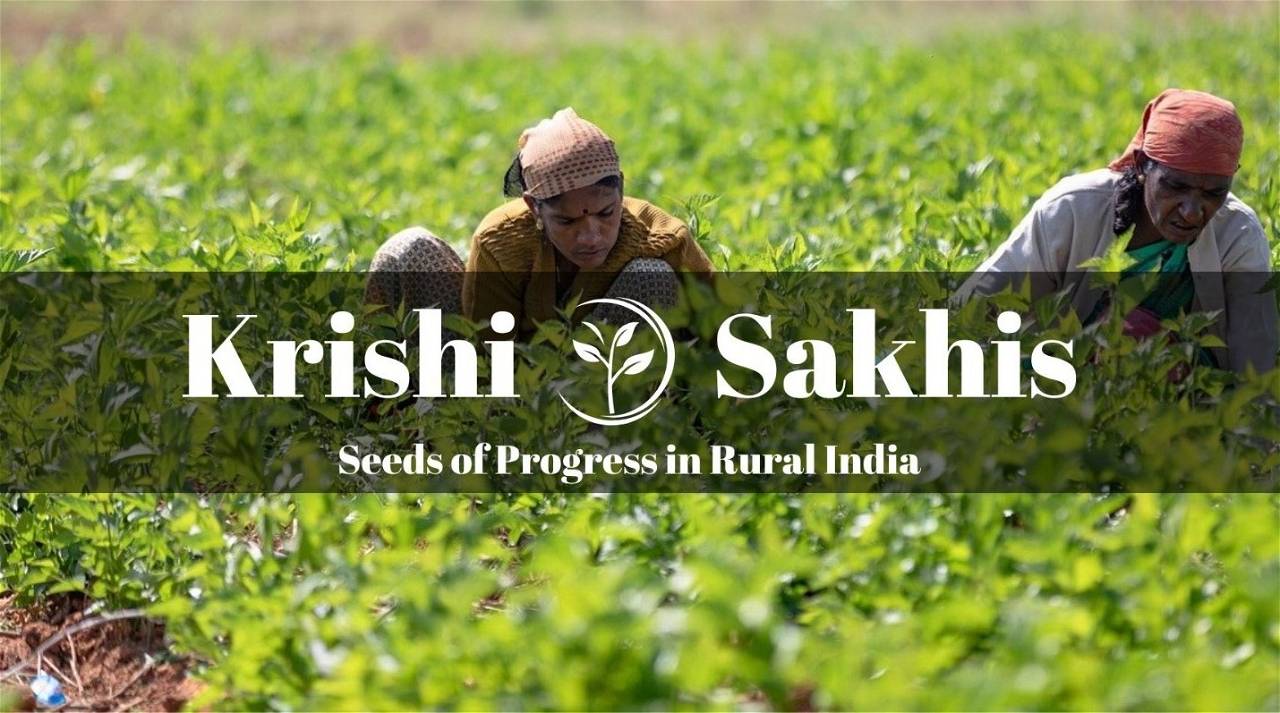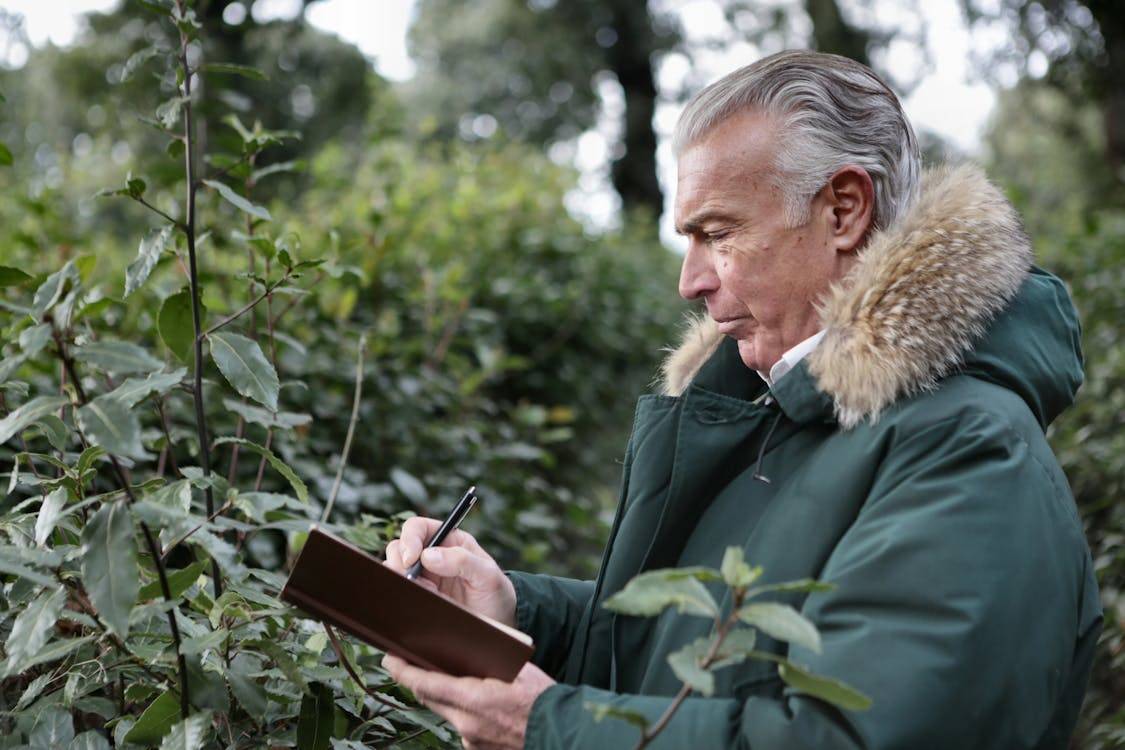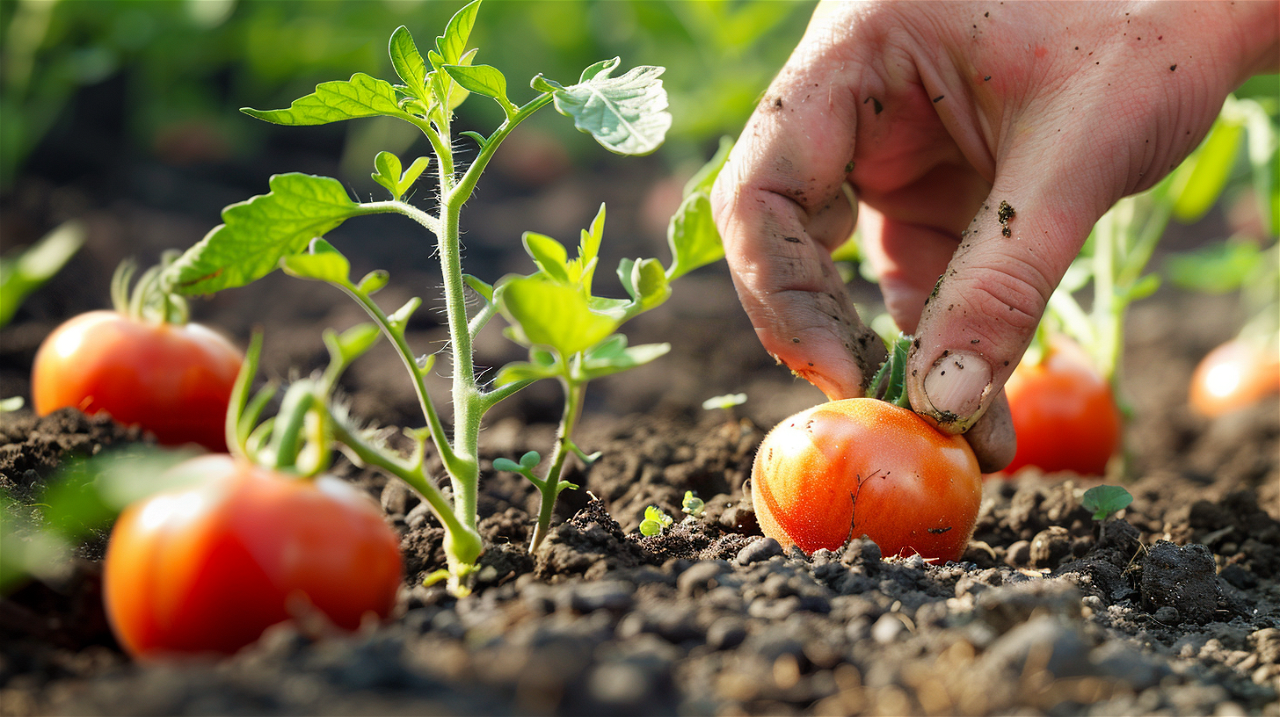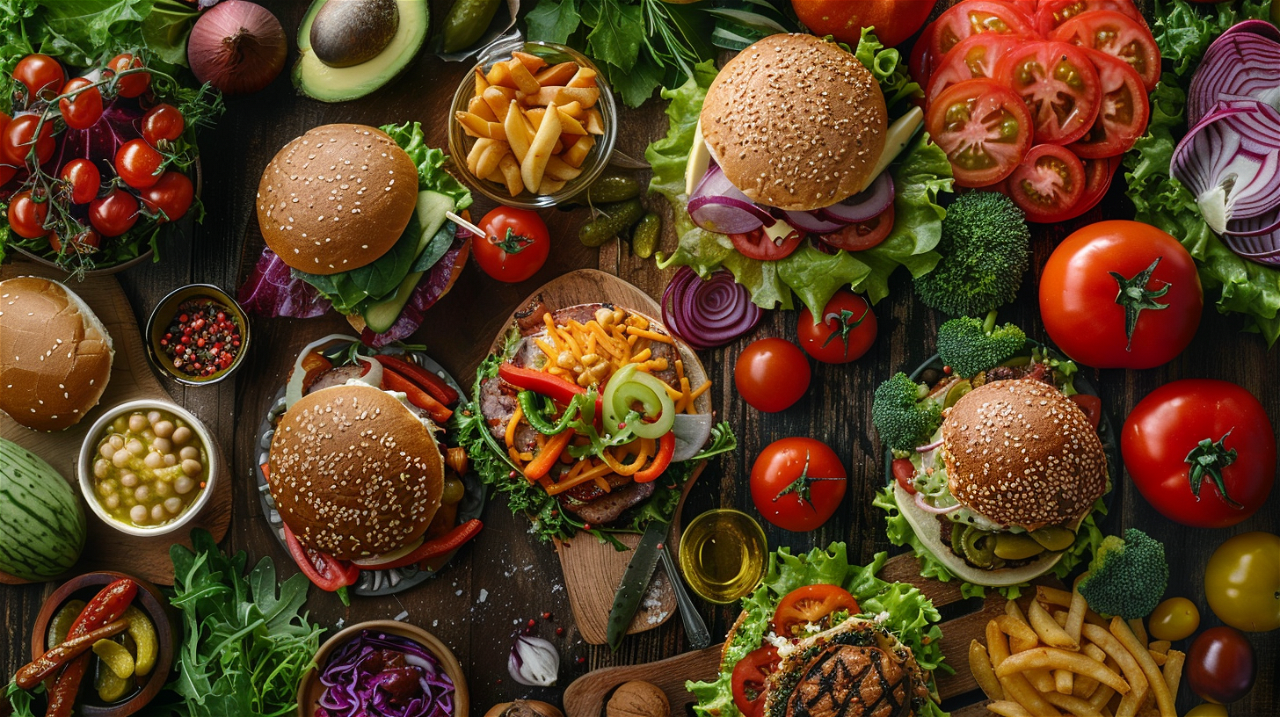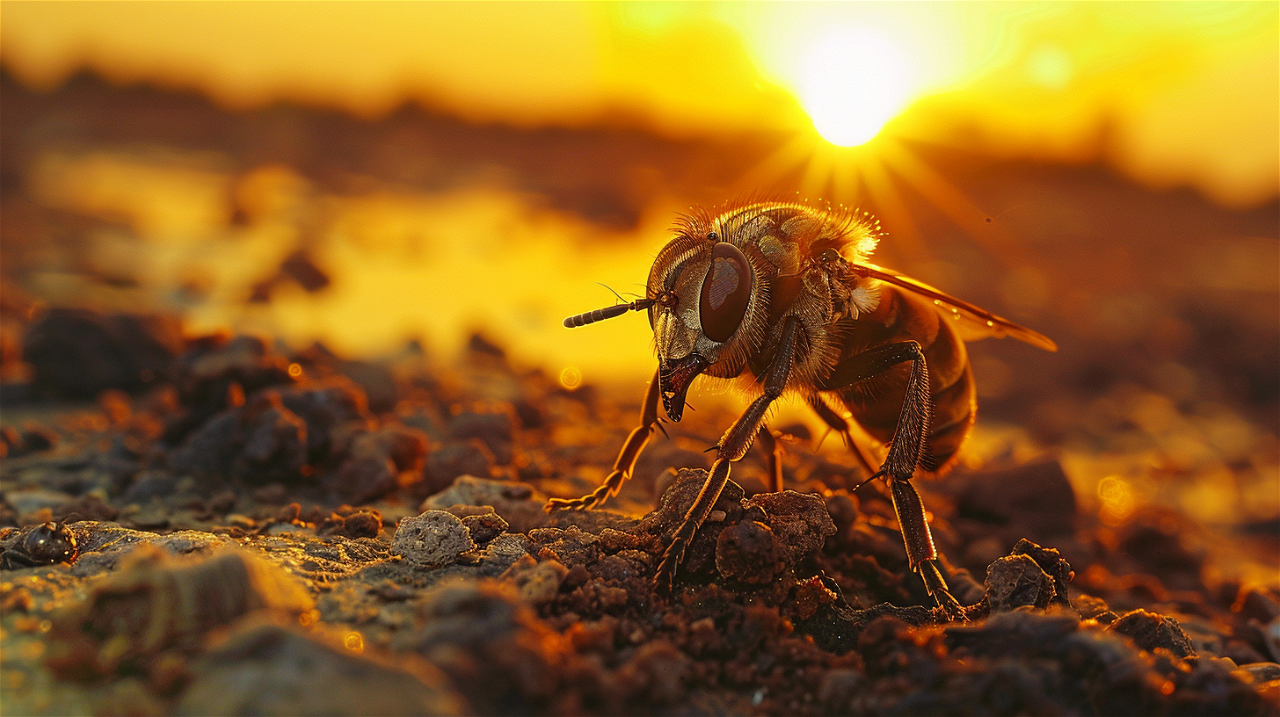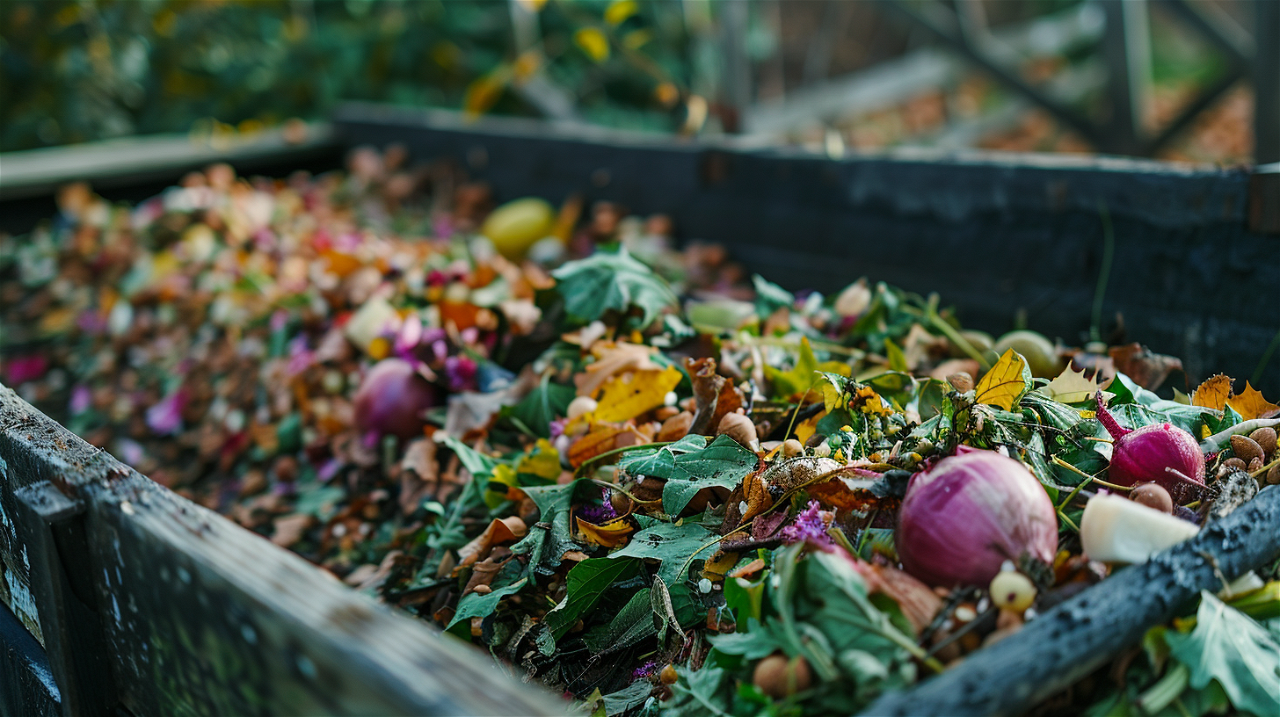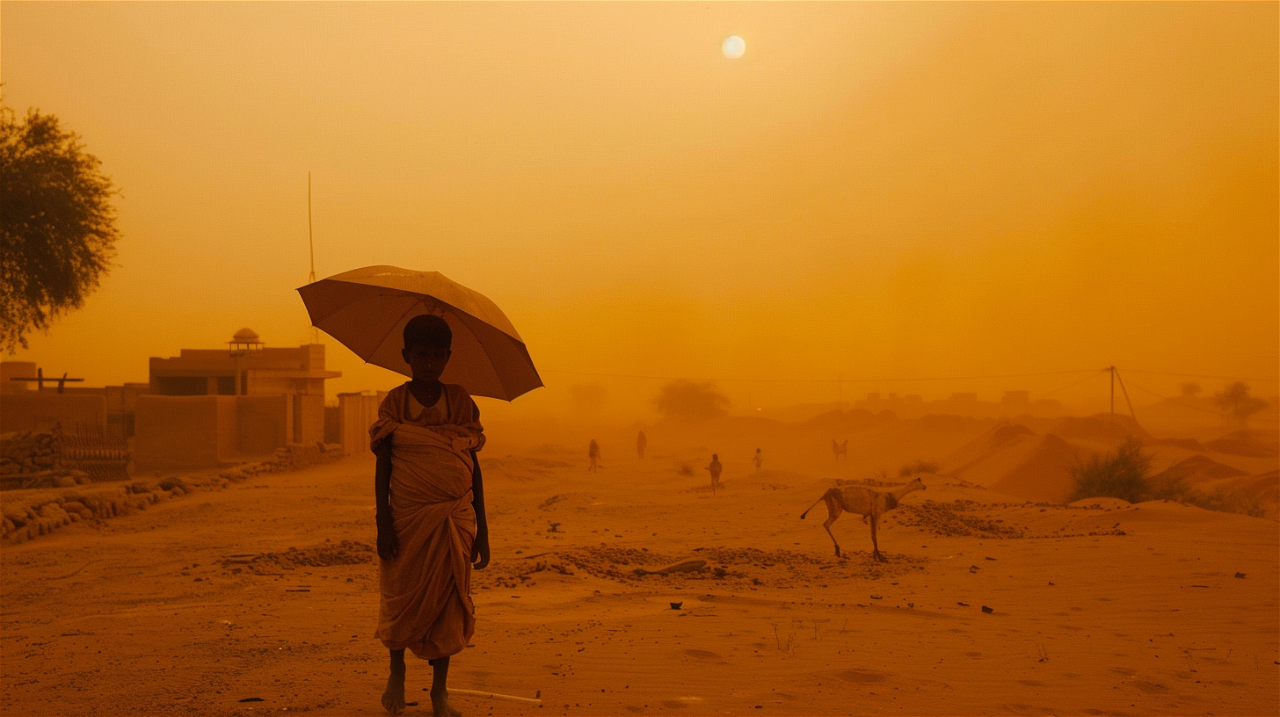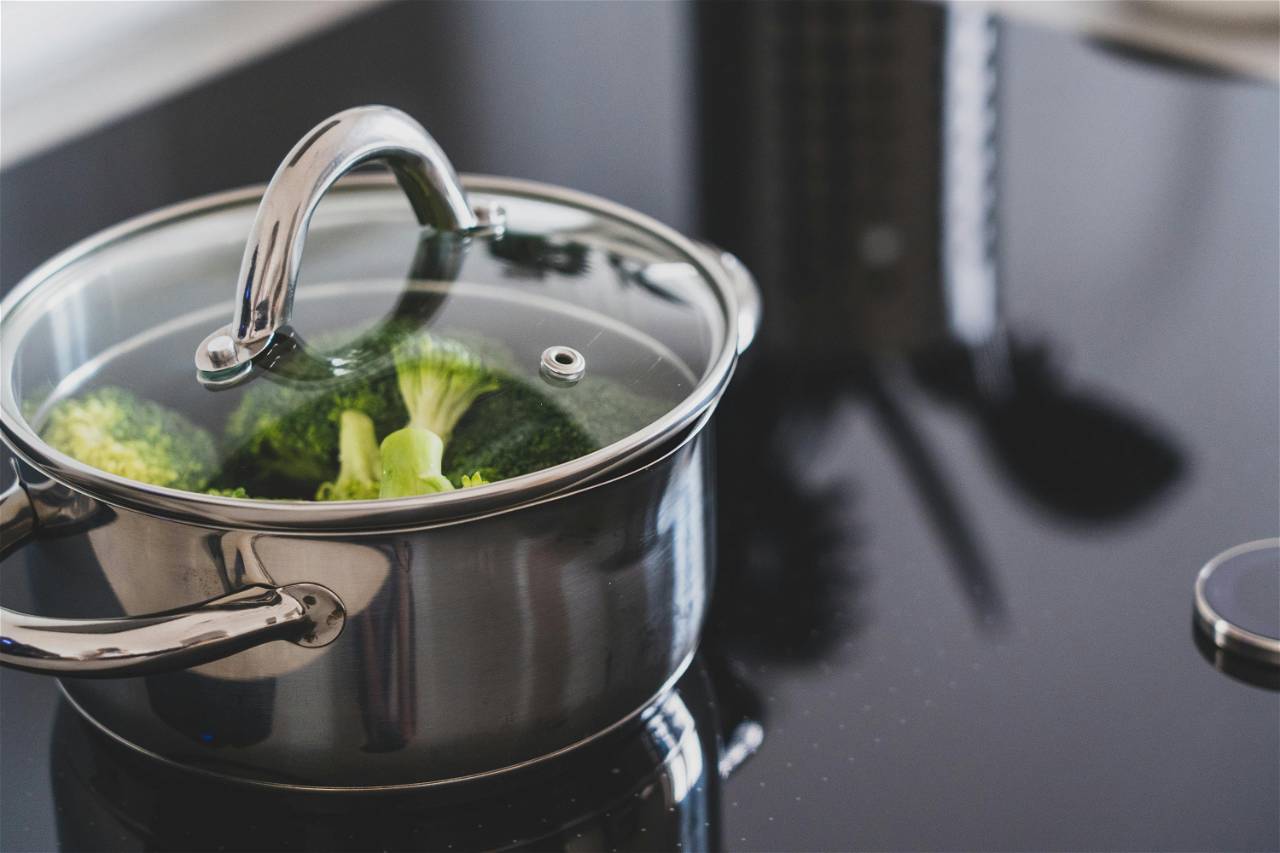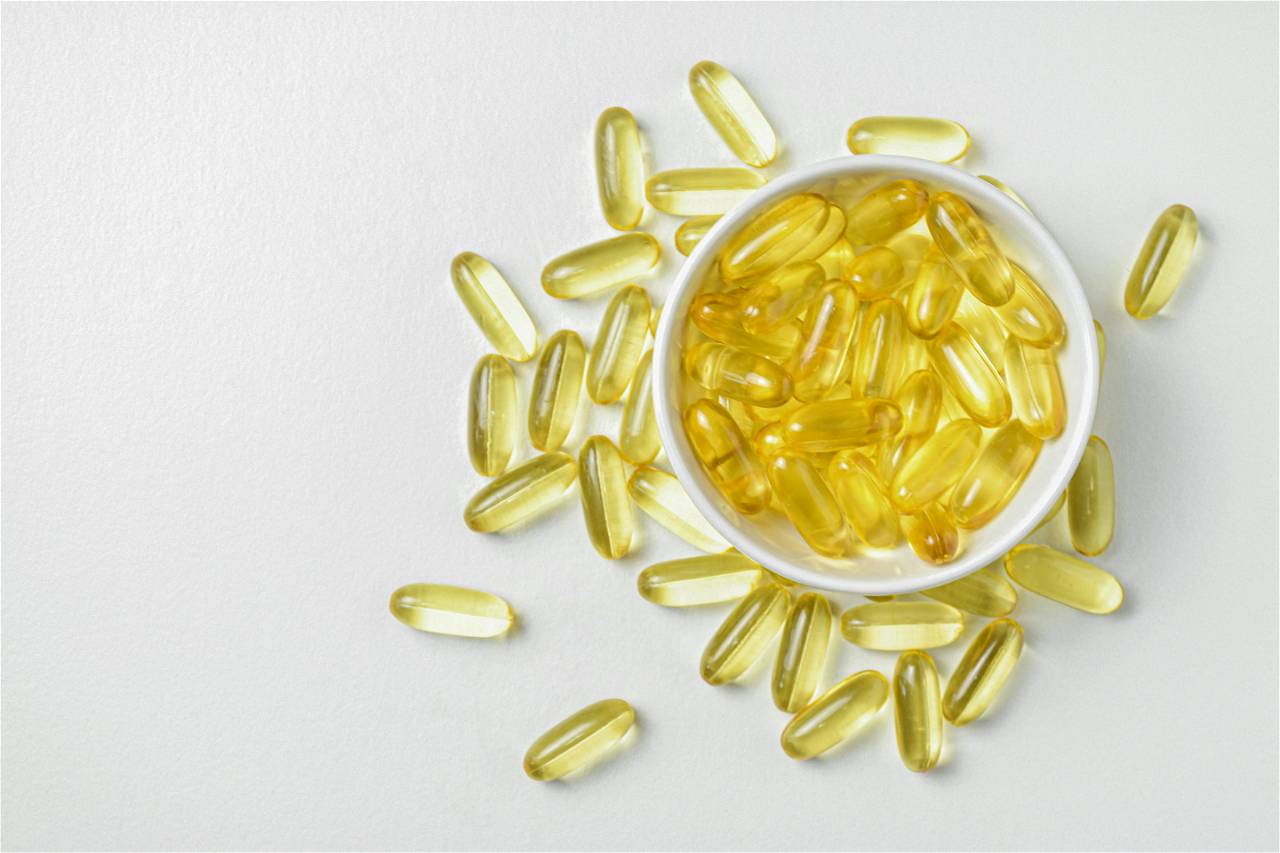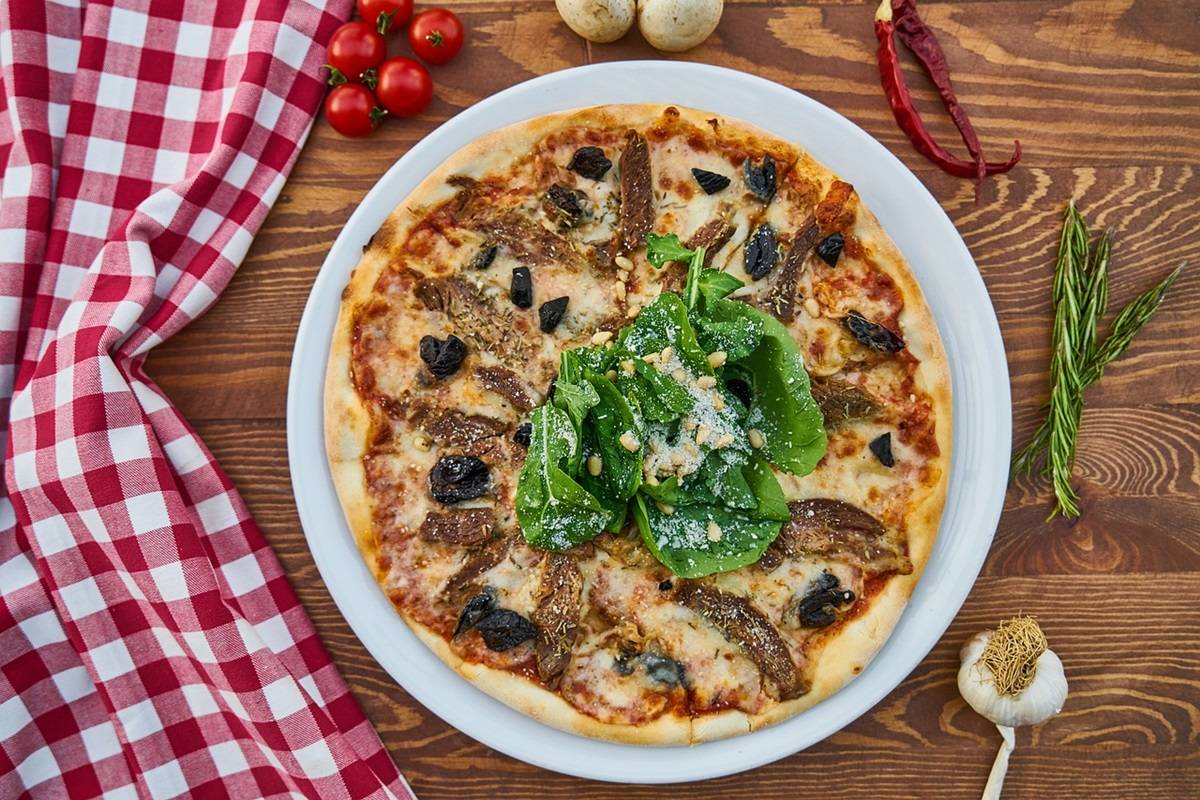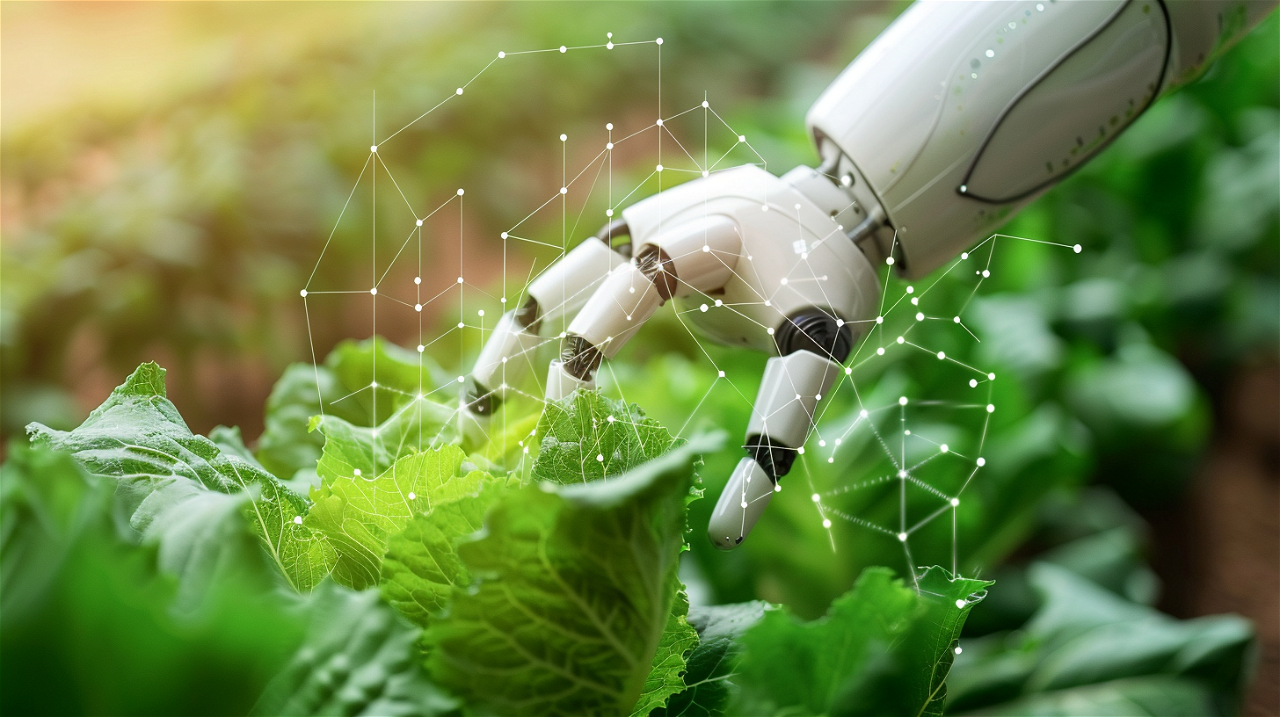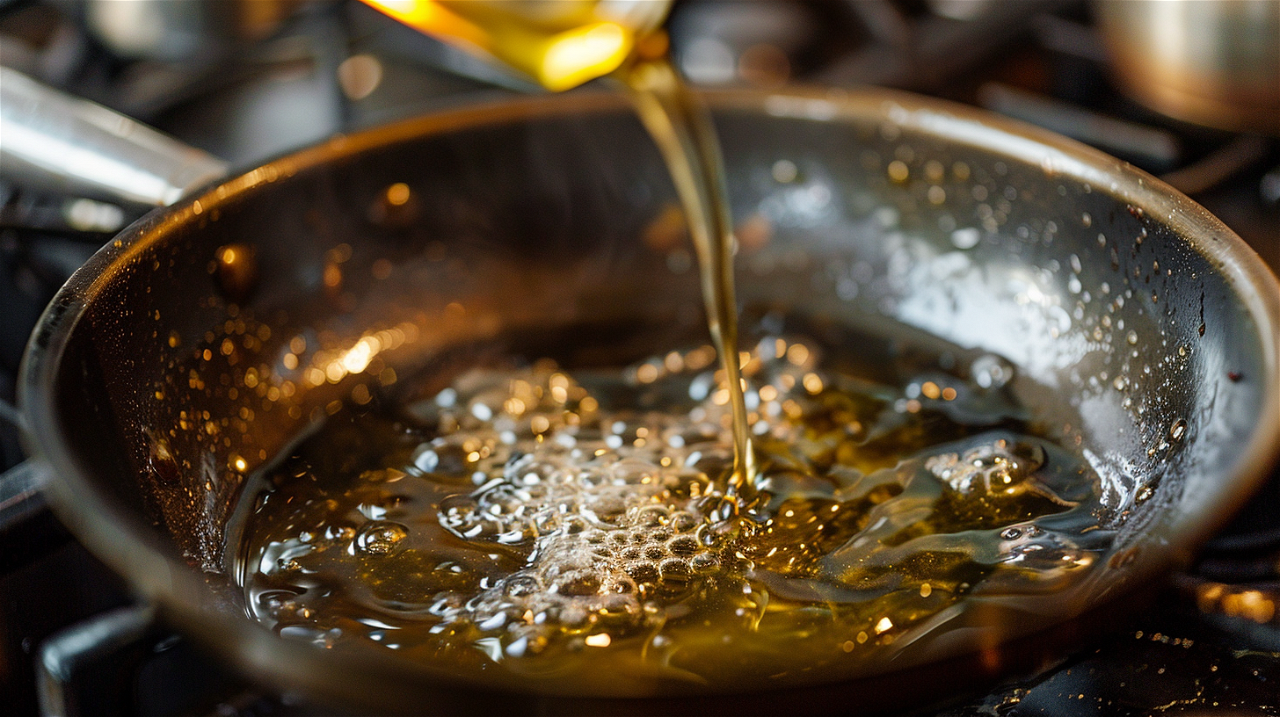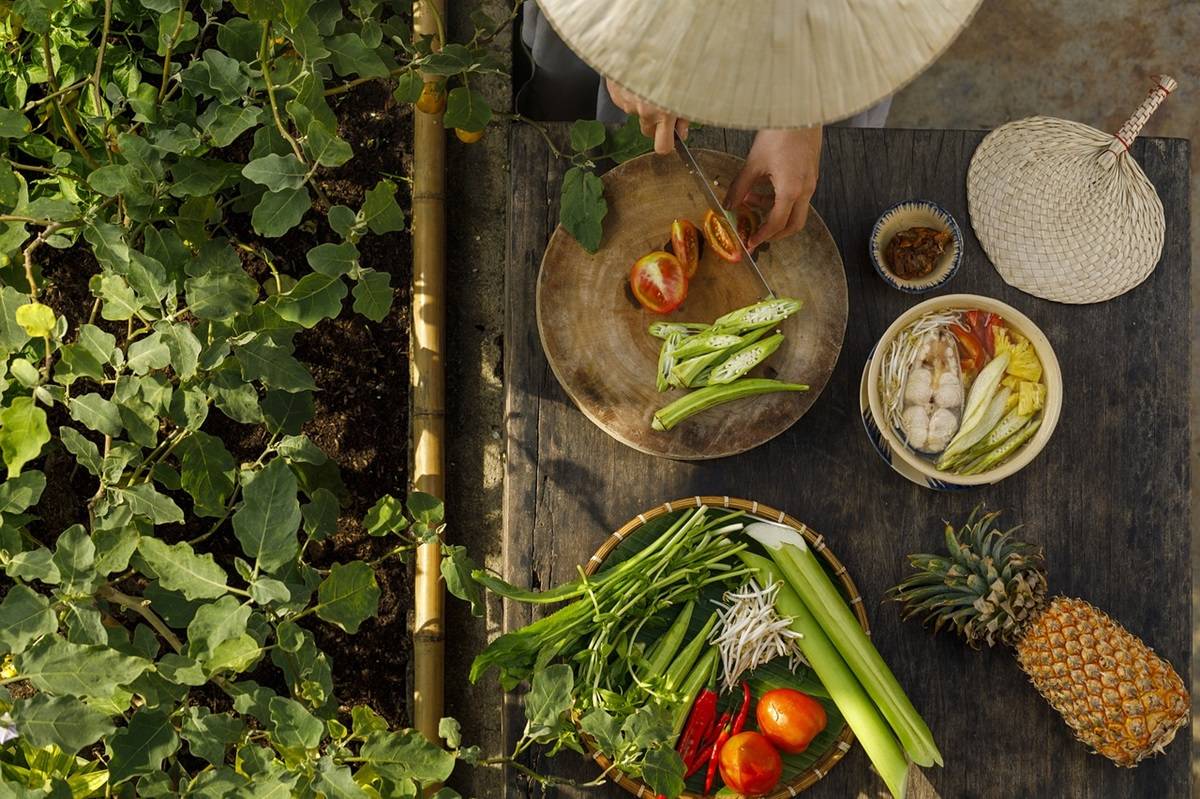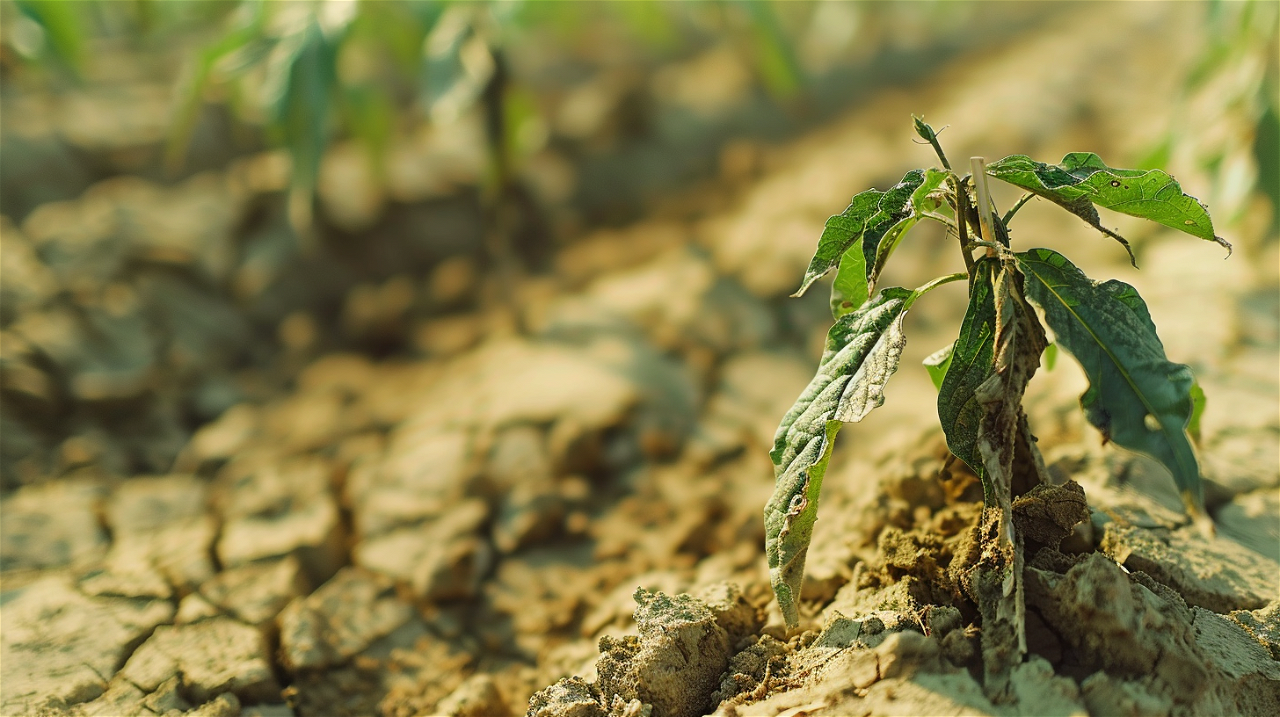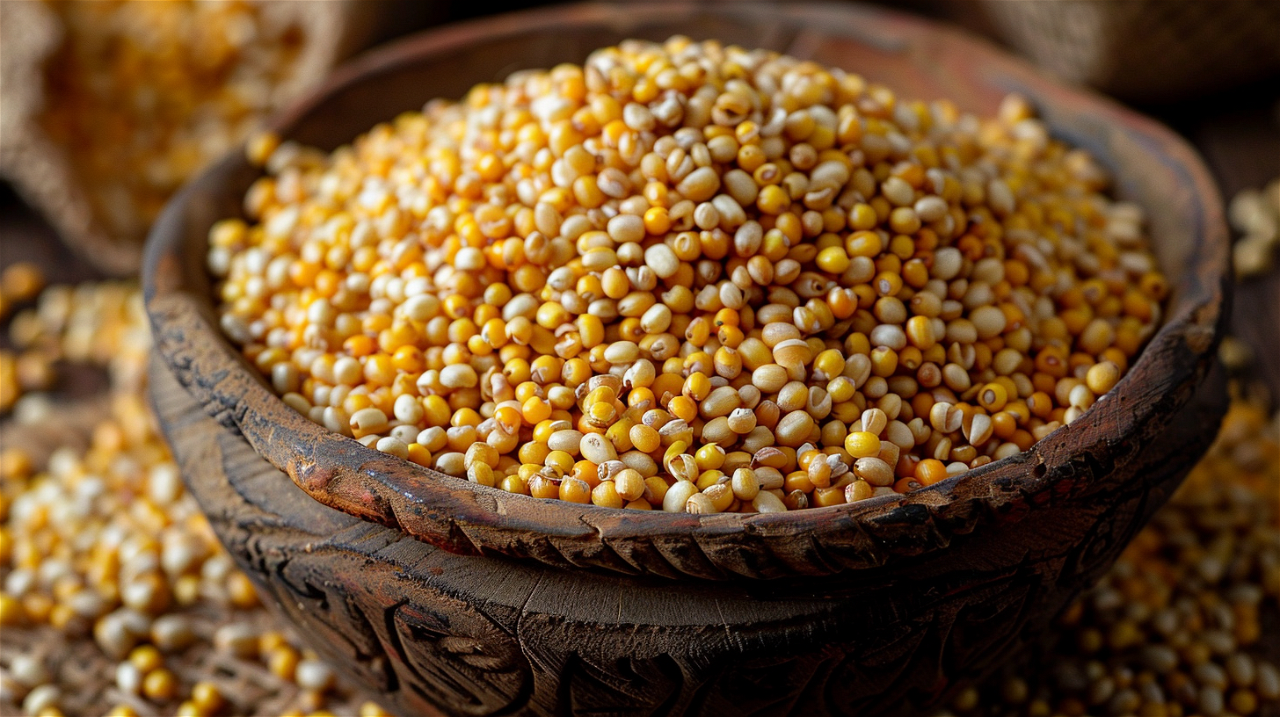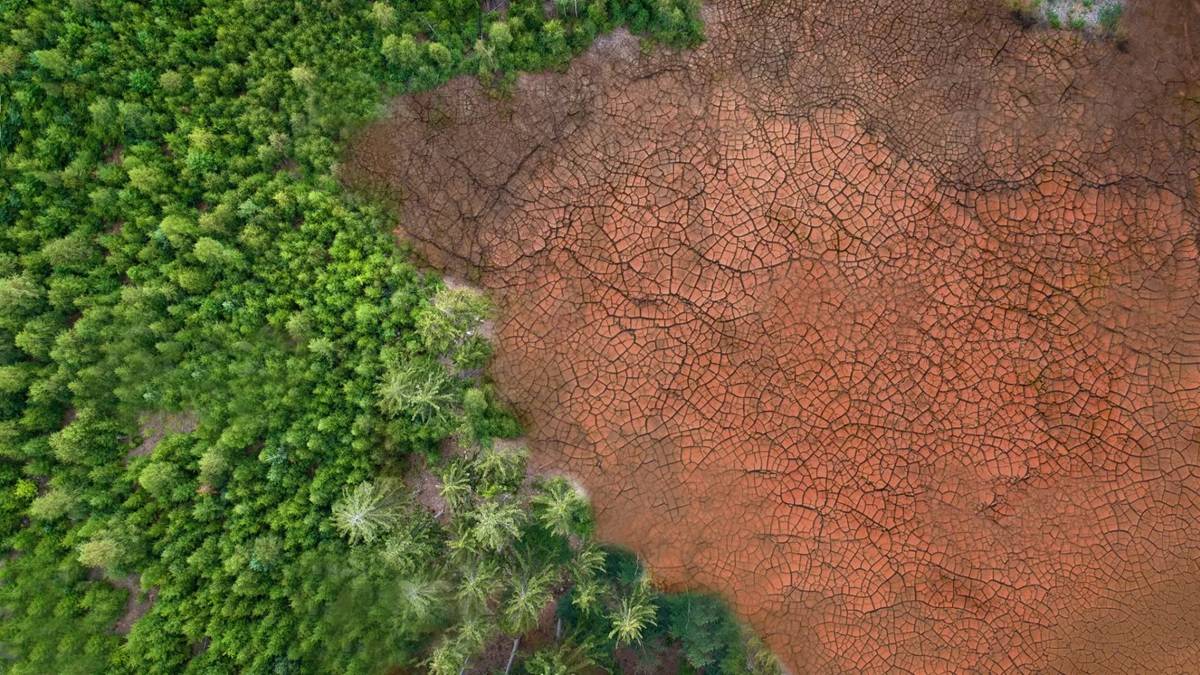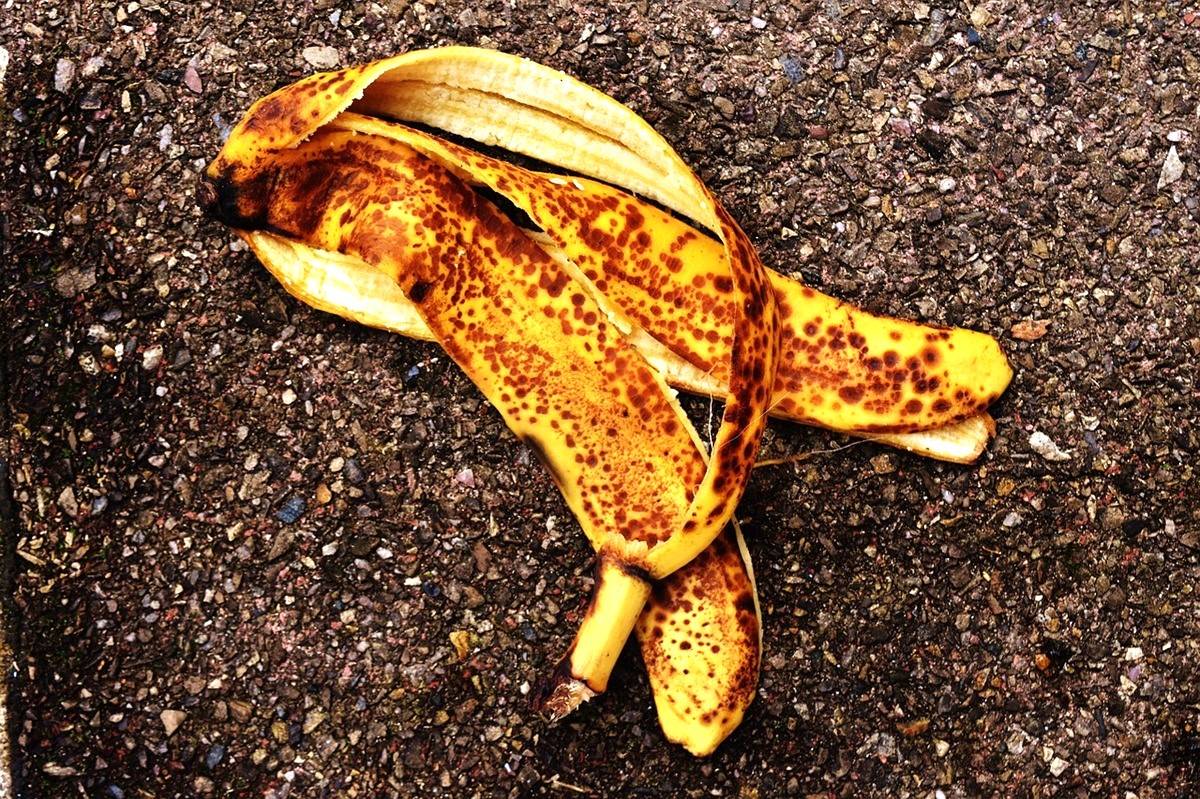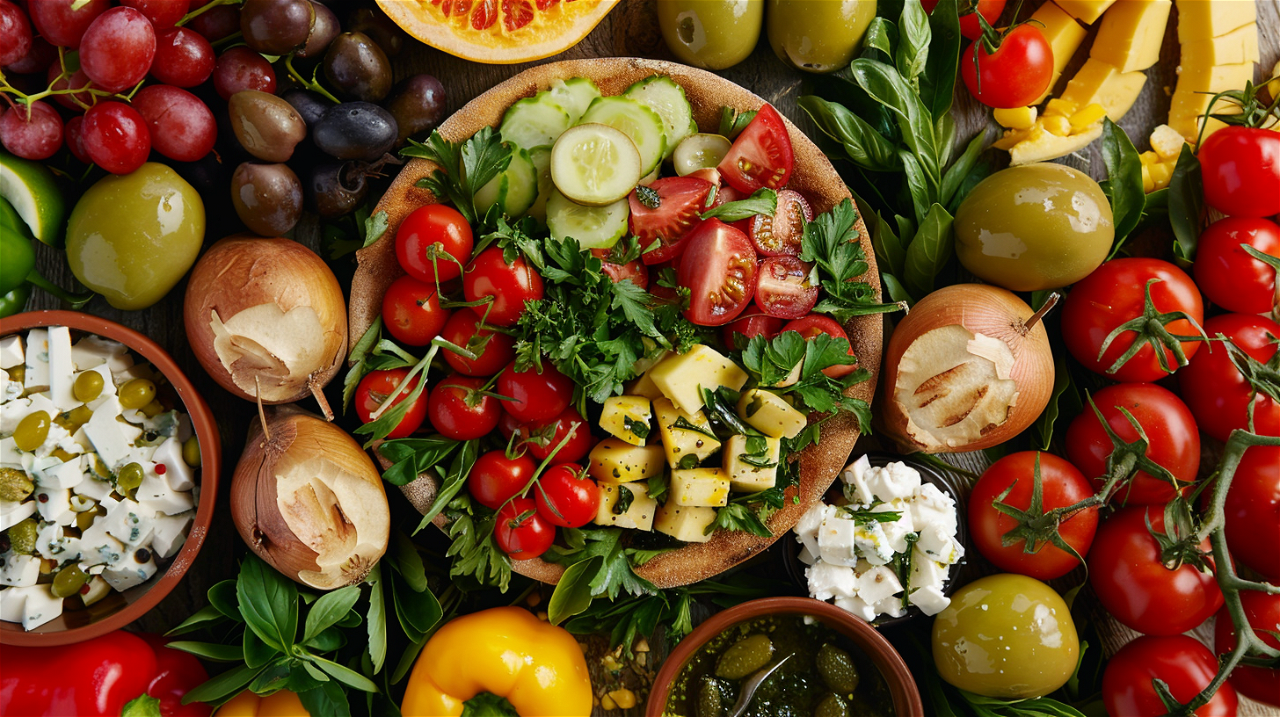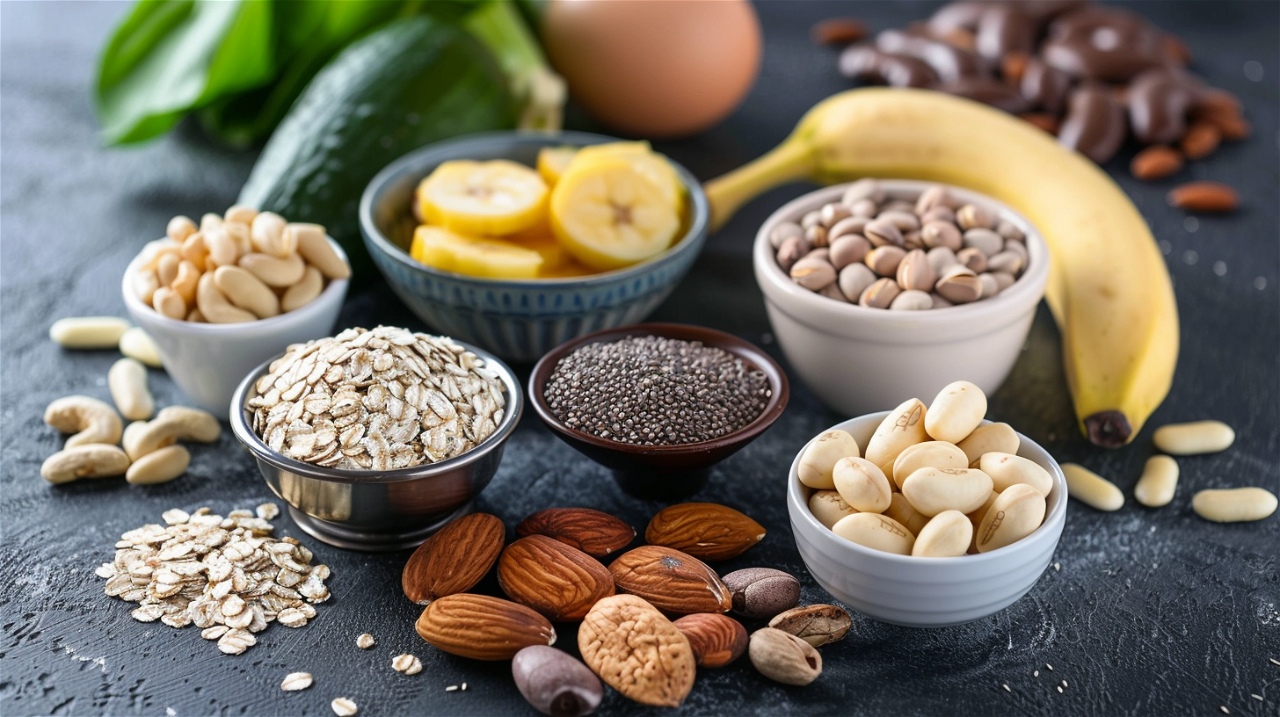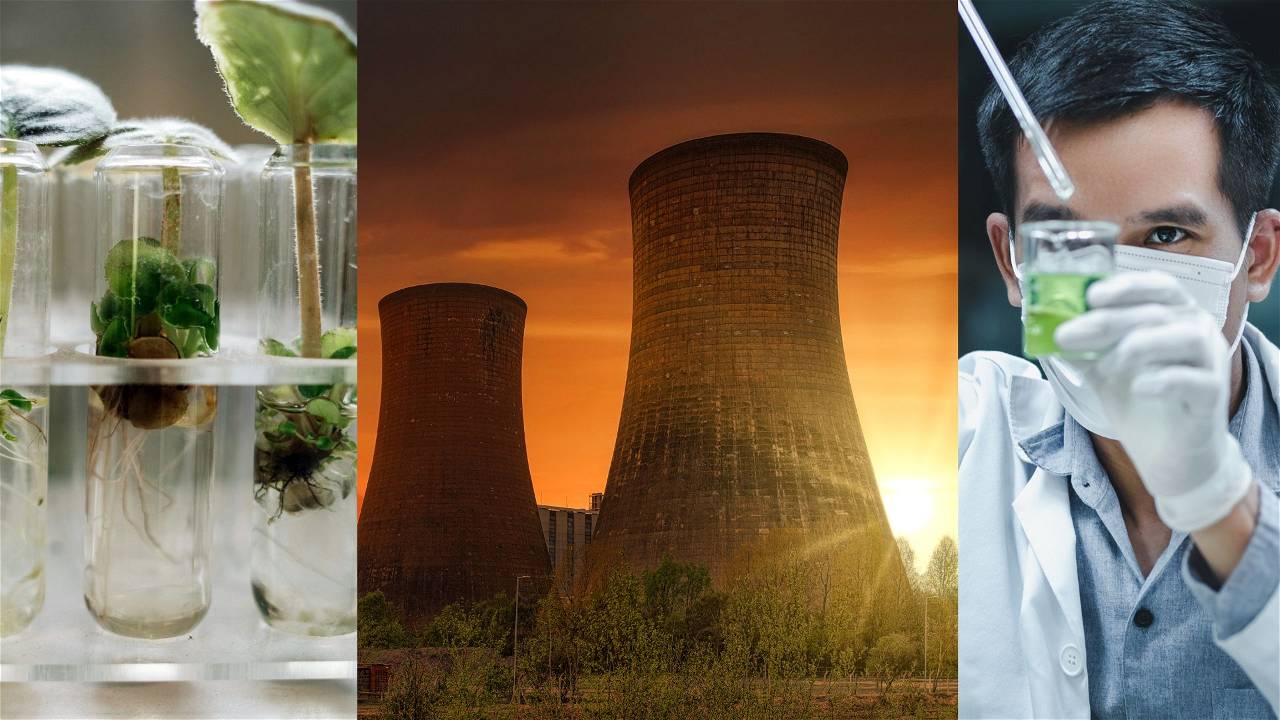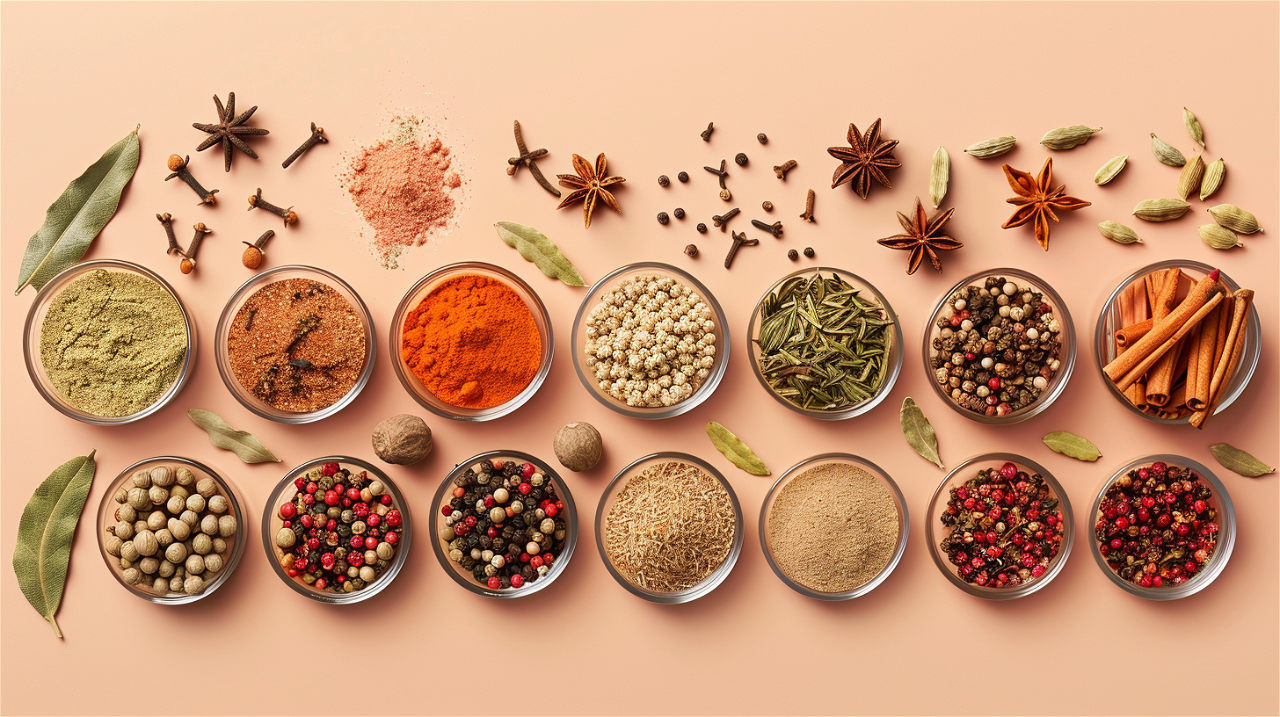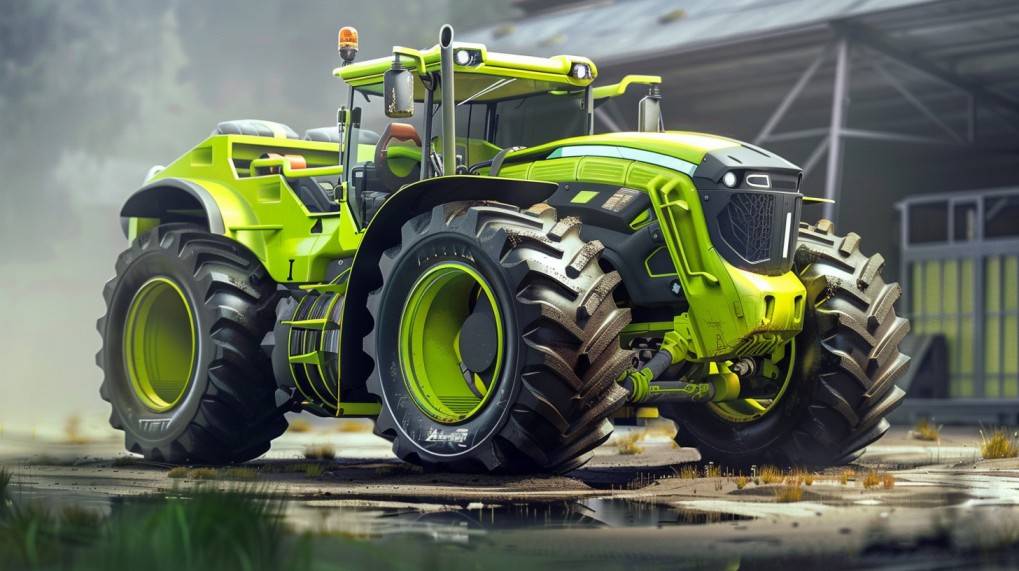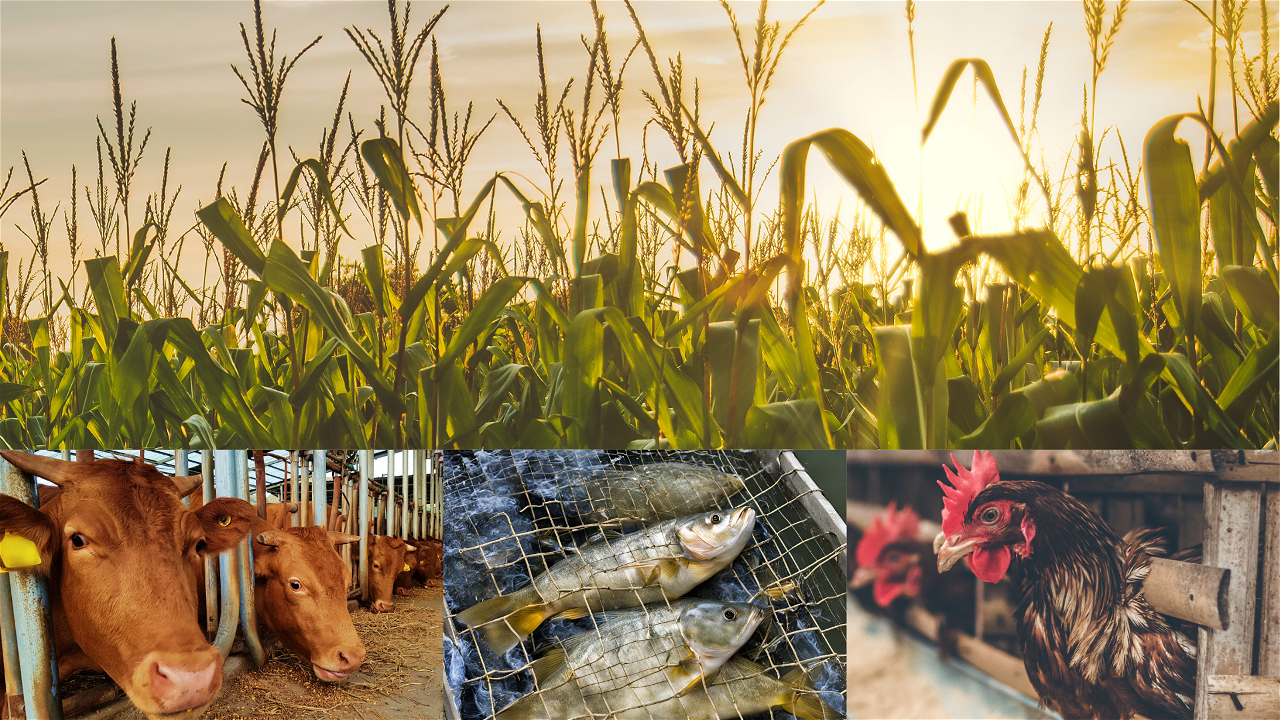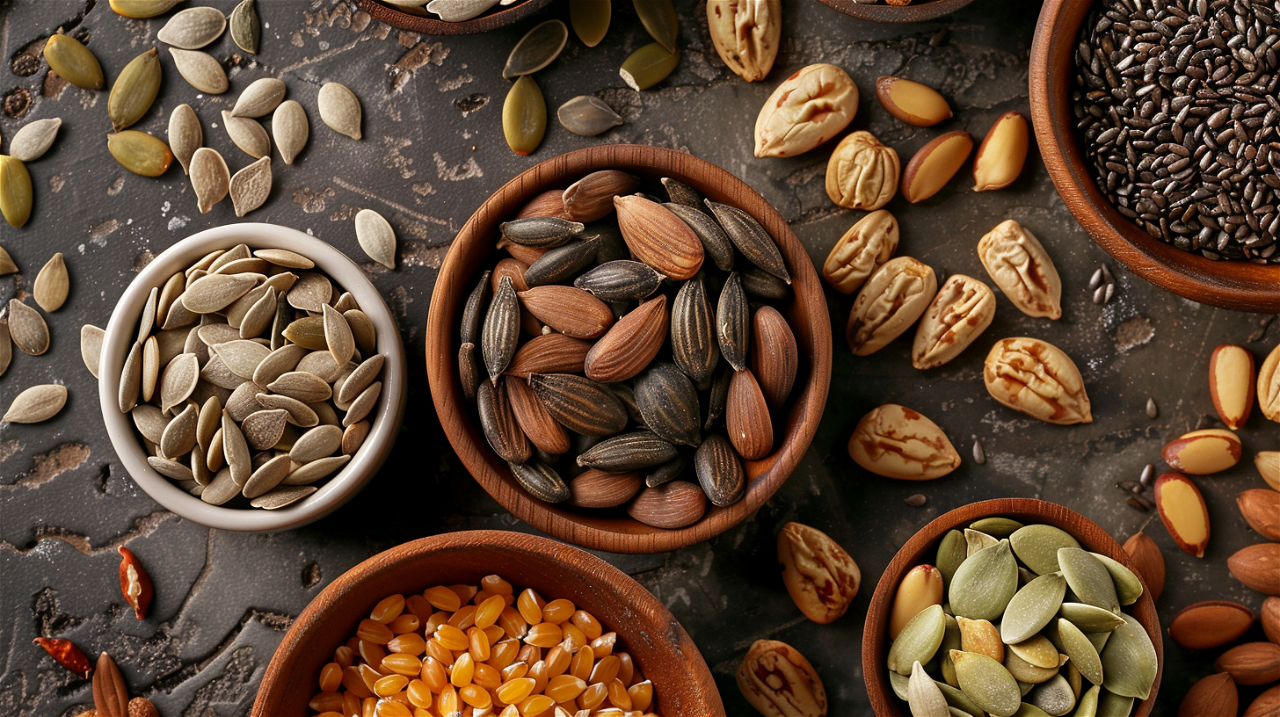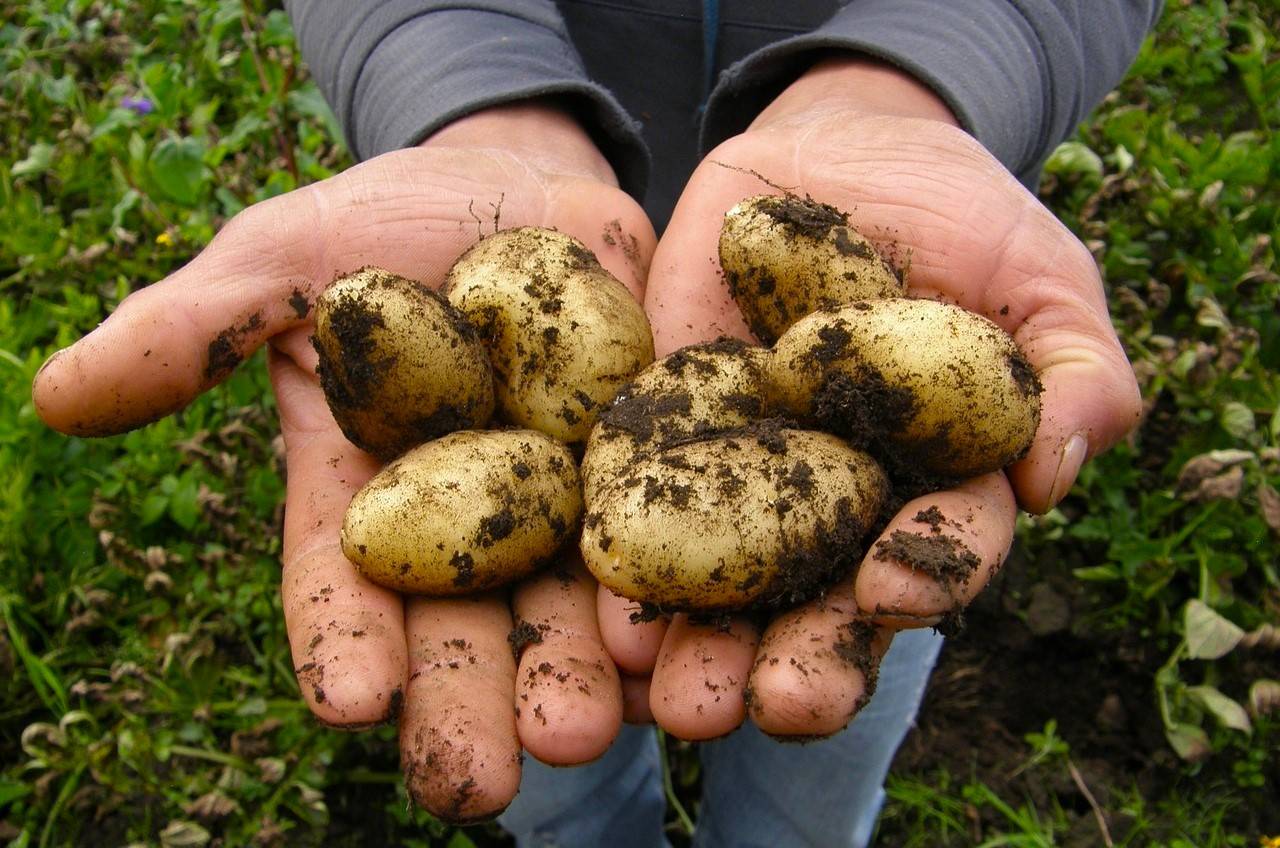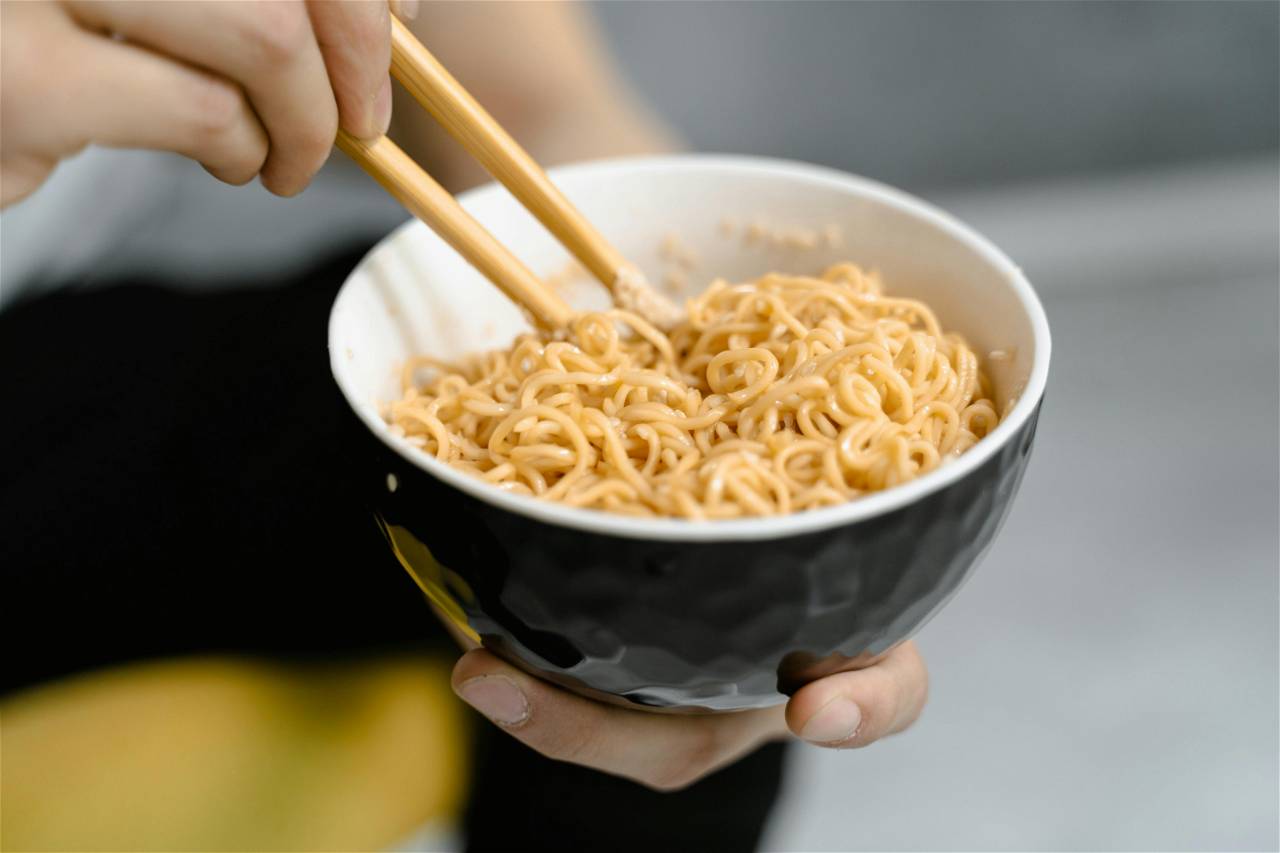
India’s French Fry Industry Is Surging, But Talent Is Lagging Behind

India is sprinting up the global leaderboard in frozen French fry production. Harvesting over 60 million tonnes of potatoes a year, it’s already the world’s second‑largest potato grower. Frozen fry consumption is accelerating at 15–20% CAGR, propelled by QSR expansion, modern retail, and exports. Plants, lines, and cold stores are rising fast across Gujarat, Punjab, Uttar Pradesh and beyond.
What isn’t rising fast enough? People.
“We’ve got the acreage. We’ve got the manufacturing plants. We’ve got the demand,” says Soundararadjane, CEO, HyFarm, HyFun Foods. “What we don’t yet have is enough talent. We urgently need a new generation of professionals in agronomy, soil science, pathology, engineering, cold storage, digital agriculture, and farmer engagement.”
This is bigger than fries. It’s a rural economy play built on quality, traceability, and sustainability—and it needs skilled leaders across the chain.
Growth Snapshot
- #2 potato producer globally
- 15–20% annual growth in frozen fry consumption
- Rapid build‑out of cold chains and automated processing
- Exports climbing as tuber specs match global QSR standards
- **Seed-to-shelf investment is strong—**but the talent pipeline is weak
Where the Gaps Are Deepest
1. Breeders & Seed Scientists
Processing-grade fries start with varieties that combine high dry matter, low reducing sugars, disease resistance, and climate resilience. India still leans on a narrow set of varieites not fully optimised for local soils or long storage.
What’s needed:
- India-adapted, climate‑resilient processing varieties
- Resistance stacked against late blight, PVY, etc.
- Multi-location trials to pick regional champions
- Fast‑track multiplication via processor–FPO–seed firm collaboration
- Molecular tools and rigorous field checks to maintain purity
Strategic urgency: Broaden the varietal base or risk bottlenecks in quality and storage.
2. Agronomists for Seed Multiplication & Commercial Production
Quality begins with disease‑free seed (G0–G4) and is delivered in farmers’ fields. Two distinct profiles are missing:
Seed Multiplication Agronomists
- Manage isolation, rouging, virus indexing, certification
- Support pre‑basic seed via tissue culture/aeroponics
- Preserve varietal integrity with breeder interfaces
Commercial Production Agronomists
- Fine‑tune spacing, irrigation, nutrition for processing specs
- Maximise dry matter, size uniformity, skin finish
- Match harvest timing to factory intake windows
- Align agronomy with storage and processing constraints
Gap: Abundant “general” agronomy, scarce processing‑grade expertise—leading to rejections and losses.
3. Soil Scientists & Plant Pathologists
Intensive cultivation is draining soils and amplifying disease pressure.
Soil Scientists
- Conduct plot‑level profiling (texture, pH, K, microbiome)
- Prescribe fertilisation/amendments to hit dry‑matter targets
- Advocate sustainable rotations in contract zones
Plant Pathologists
- Build early‑warning systems for late blight, PVY, bacterial wilt
- Embed IPM, clean seed, and certification protocols
- Loop resistance priorities back to breeders
Gap: Too few field-ready scientists integrating diagnostics with commercial outcomes—raising rejection and storage risk.
4. Cold Chain & Mechanisation Engineers
Generic cold rooms and manual graders won’t deliver consistent, spec-grade tubers.
Cold Chain Engineers
- Design CIPC‑free storage compliant with shifting regulations
- Use sensors to control temperature, CO₂, humidity—curbing sugar buildup
- Optimise airflow, piling, and energy use in bag and bulk/box systems
- Integrate remote monitoring and automation for 24/7 assurance
Farm Mechanisation Engineers
- Deploy precision planters, windrowers, smart harvesters
- Upgrade grading/sorting for size and shape uniformity
- Mechanise clusters where labour is tight
- Train operators/FPOs in calibration and upkeep
Bottom line: Tuber‑specific engineering is non‑negotiable for scale and consistency.
5. Digital Agri‑Tech Experts
Most contract farming still runs on paper and instinct. Data can change that.
Key roles:
- Satellite/remote sensing for acreage, vigour, harvest timing
- AI advisories for irrigation, fertigation, disease risk
- Big‑data platforms integrating inputs, weather, pests, yield, quality
- Farmer dashboards/apps for contracts, quality feedback, payments
- End‑to‑end traceability via IoT, QR codes, blockchain
Opportunity: Digitising seed‑to‑fry flows boosts efficiency and trust.
6. Quality Assurance & Food Safety Technologists
Every fry must meet tight specs—dry matter, sugars, colour, texture—under strict safety norms.
Core responsibilities:
- Lab and in‑line testing for critical attributes
- Microbial/chemical compliance for domestic/export markets
- Implement FSSC 22000, HACCP, ISO 22000; manage audits
- Oversee intake checks, supplier audits, non‑conformance closure
- Close feedback loops with procurement, production, R&D
- Prepare for tough QSR/retailer/client audits
Gap: Few QA pros understand potato/frozen specifics; firefighting replaces prevention.
7. Farmer Cluster Managers & Extension Agents
Disciplined, data‑literate farmer networks are the backbone of reliable supply.
They must:
- Organise farmers into traceable, digitally managed clusters
- Deliver season‑long training aligned with processor specs
- Execute digital contracts—inputs, pricing, delivery terms, redressal
- Log sowing dates, varieties, disease events, yields
- Bridge farmers, agronomists, QA, procurement
- Push mobile advisories, QR‑coded batches, real‑time logistics
Gap: Paper, spreadsheets, and fragmented chats dominate. Professional rural managers can fix that.
A National Talent Agenda
To convert momentum into dominance, investment has to pivot from machines to minds:
- Launch potato‑specific curricula in agri, engineering, and tech institutes
- Set up processing‑focused talent hubs in key belts
- Offer internships, certifications, and fellowships for field‑intensive roles
- Forge public–private training partnerships in digital ag, cold chain, and processing agronomy
“We invite universities, startups, young graduates, and policymakers to come together—not just to meet demand, but to lead it,” Soundararadjane adds. “The next big leap in Indian agriculture will not be crop‑driven. It will be talent‑driven.”
Conclusion: A People‑Powered Fry Revolution
India’s French fry story is no fast‑food fad; it’s a rural transformation play blending crop science, engineering, data, and export economics. Infrastructure alone won’t unlock it. Engineers, breeders, QA specialists, digital technologists, and field managers will.
The sector is ready for lift‑off. It’s time for future leaders to step in—and steer.
Related News

Teej Festival 2025: Celebrating Divine Love, Womanhood, and Sacred Traditions Across India and Nepal


















































































































































